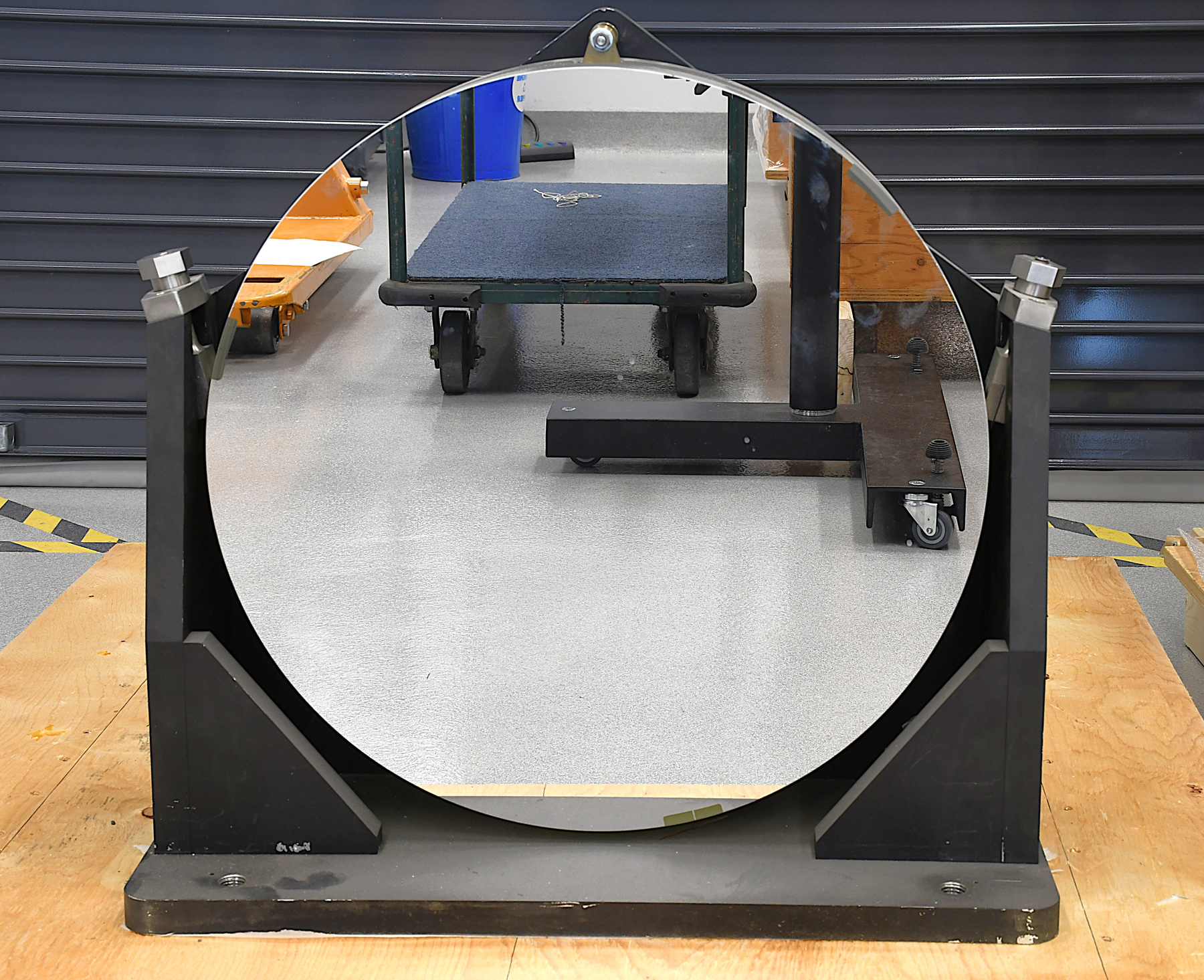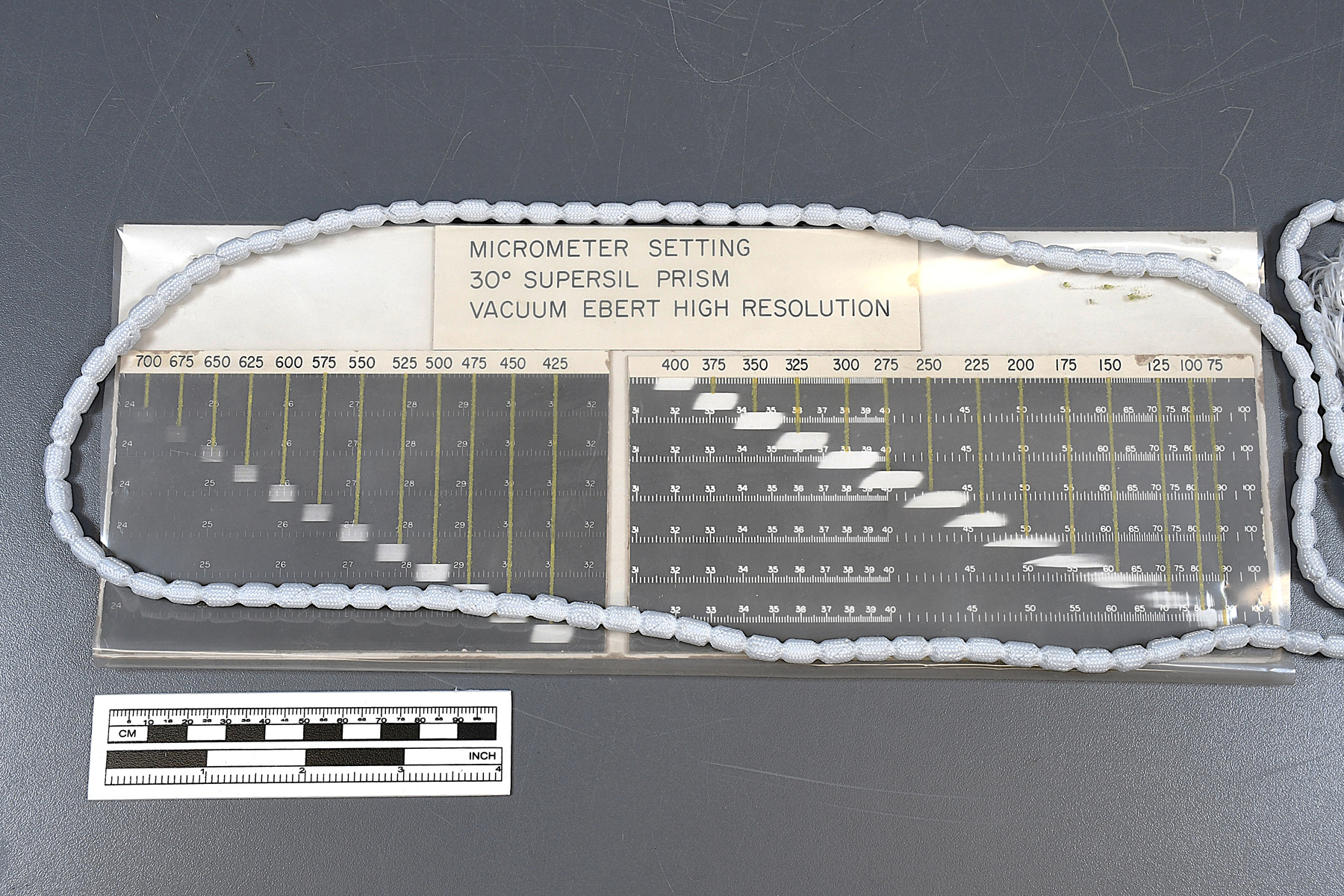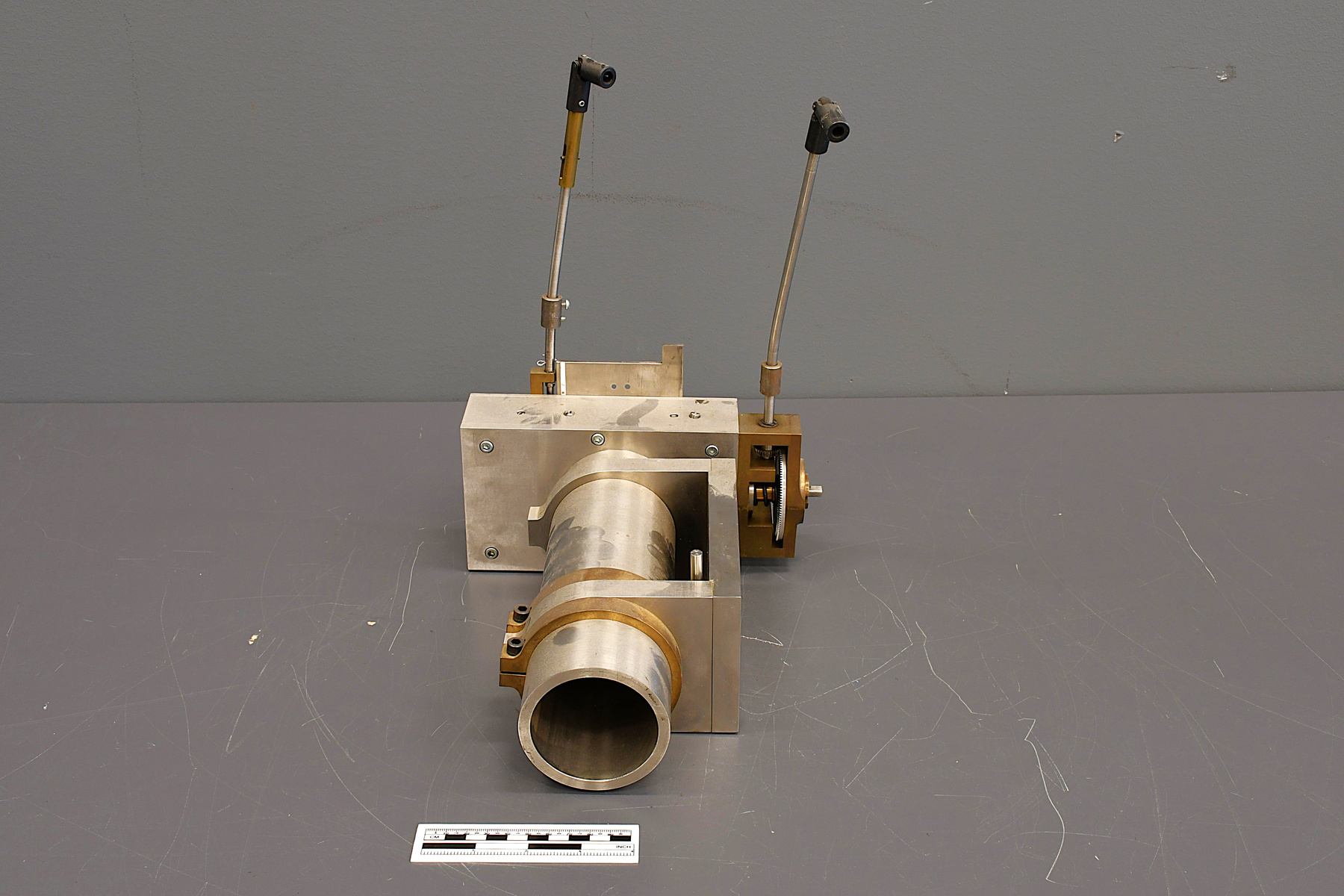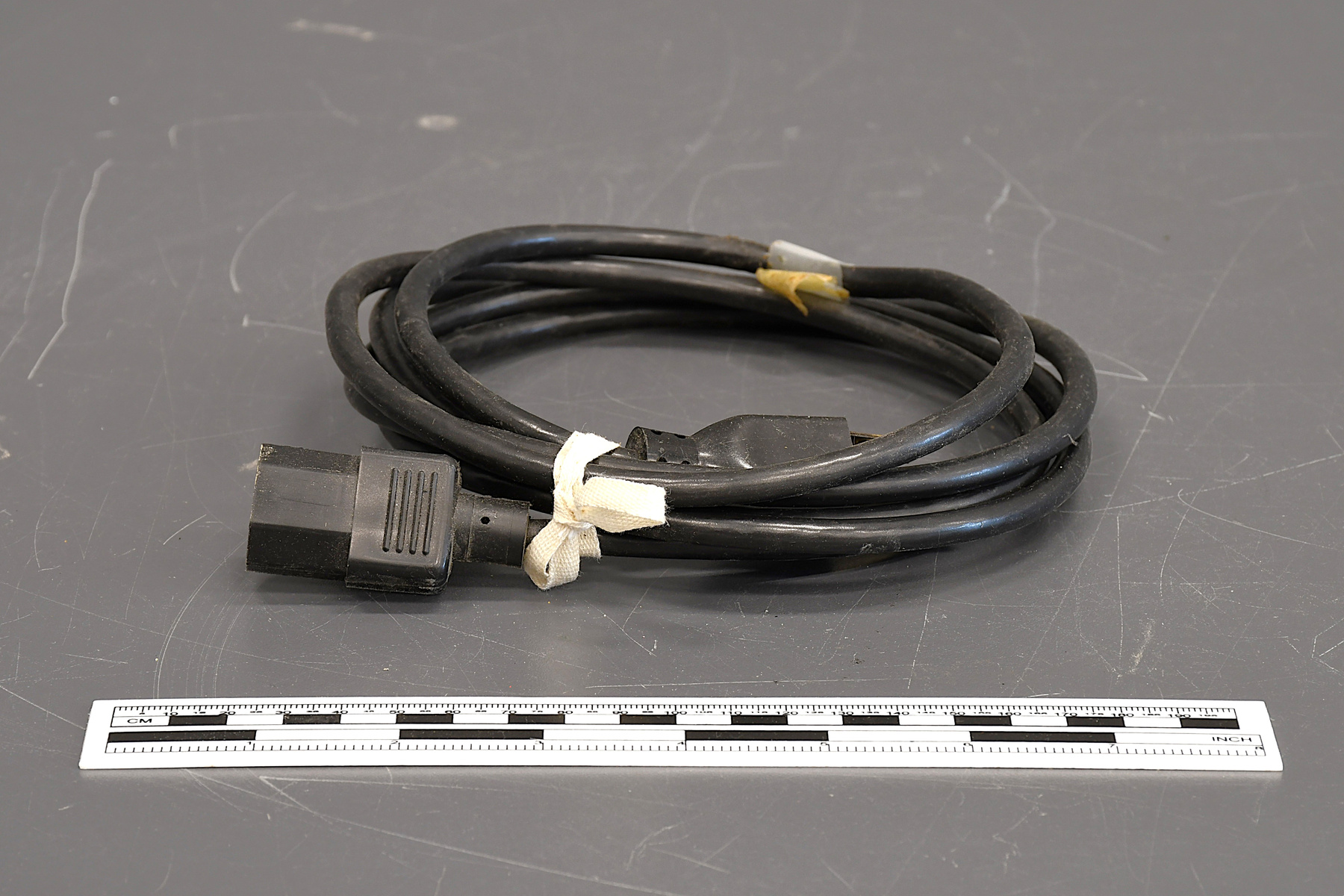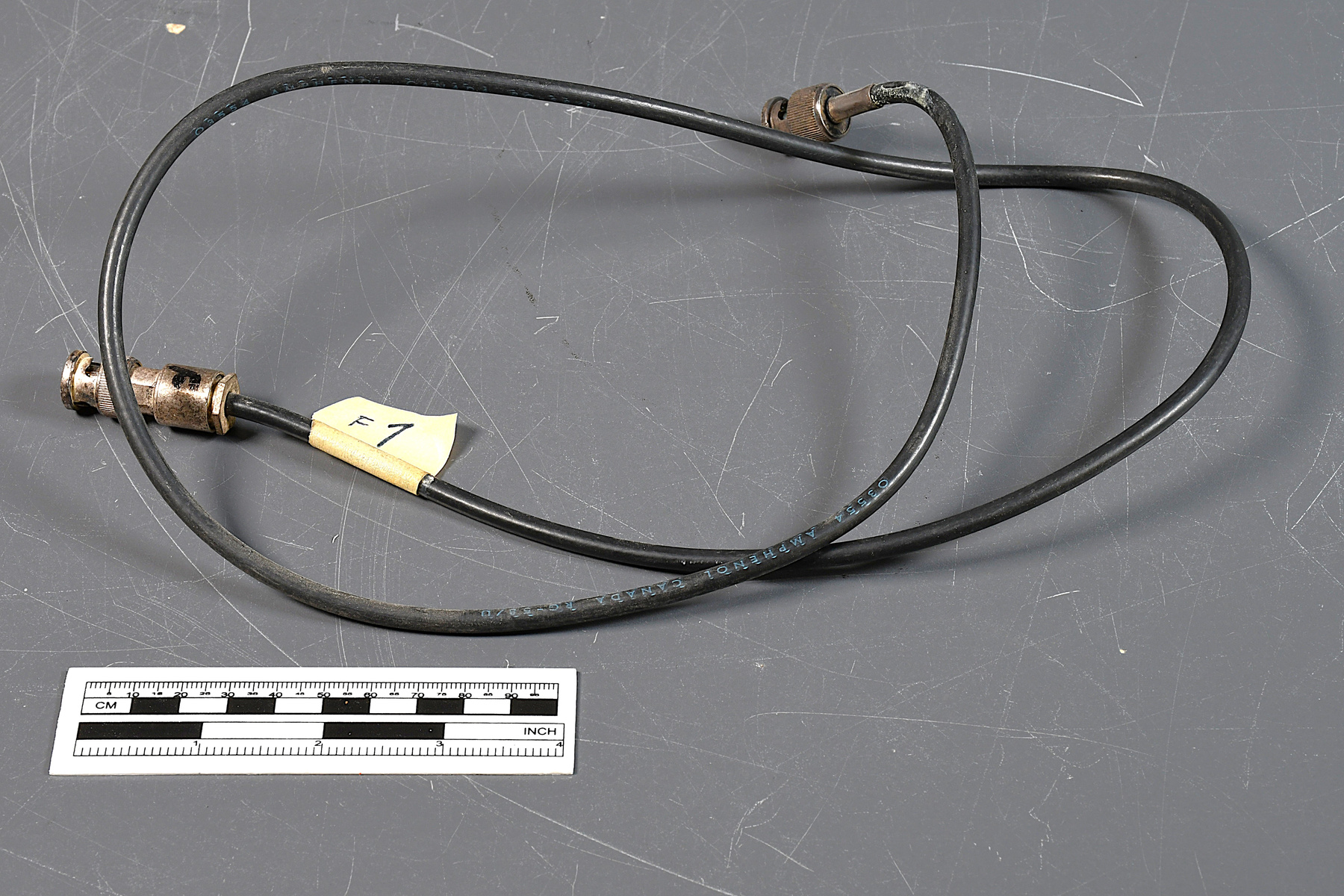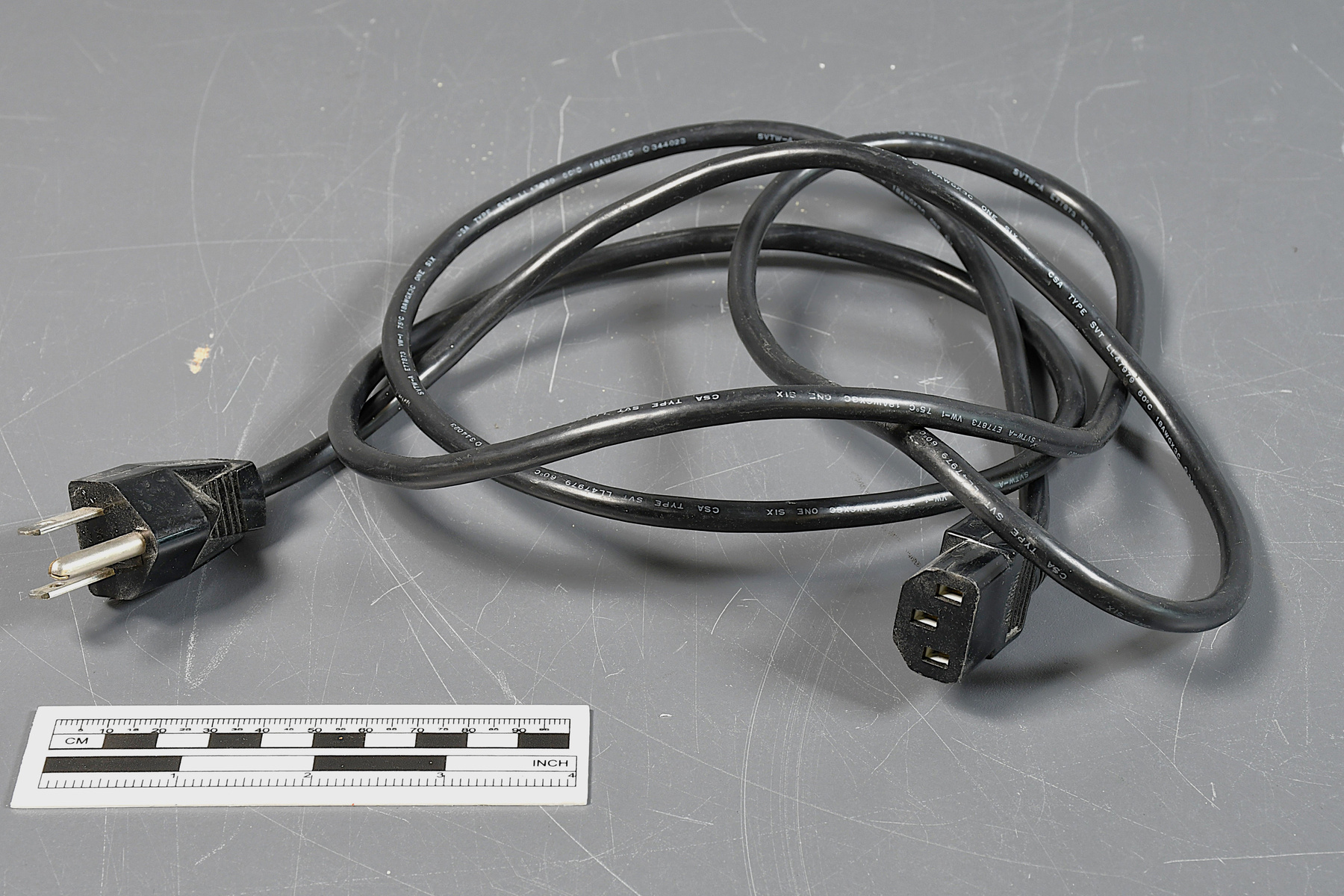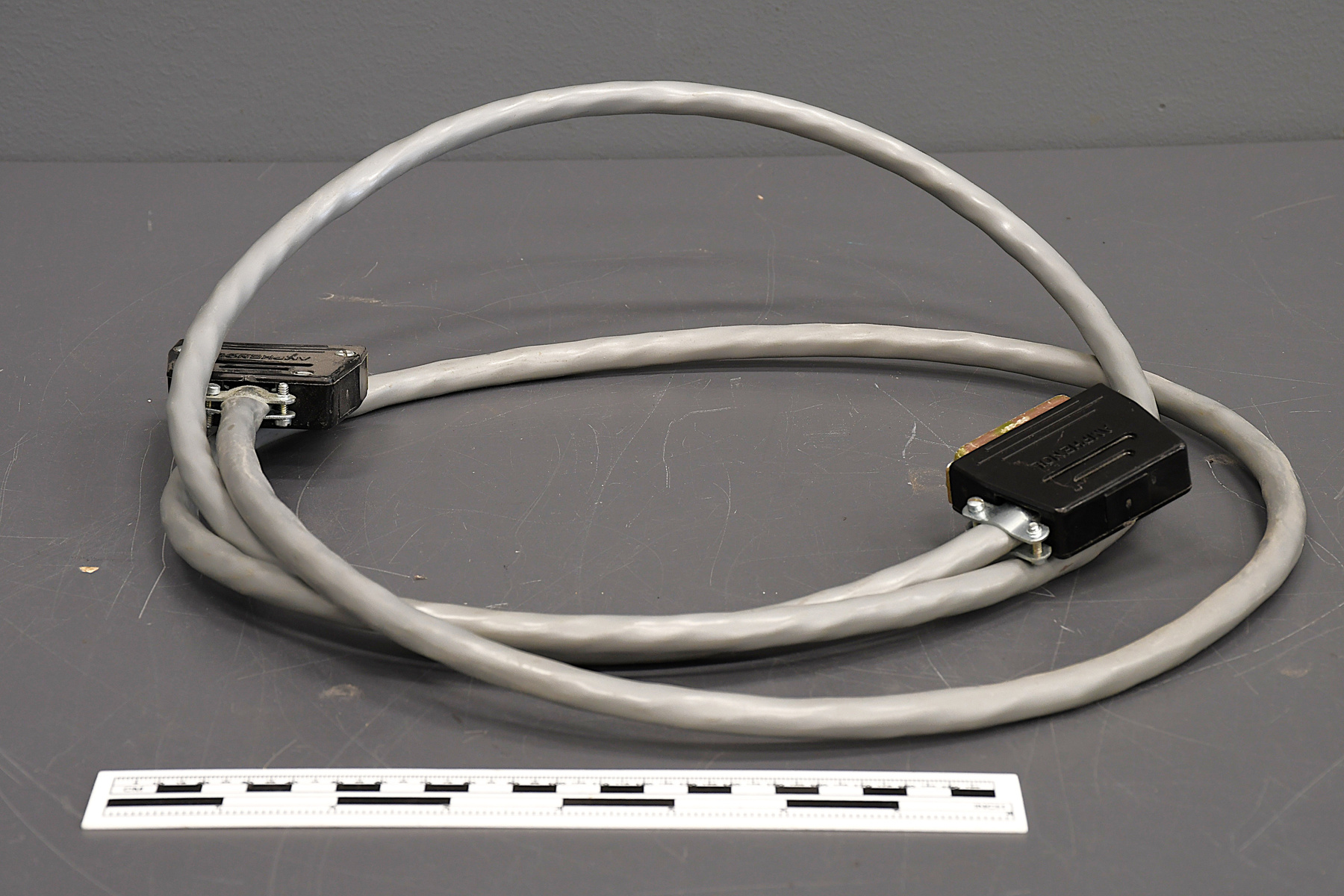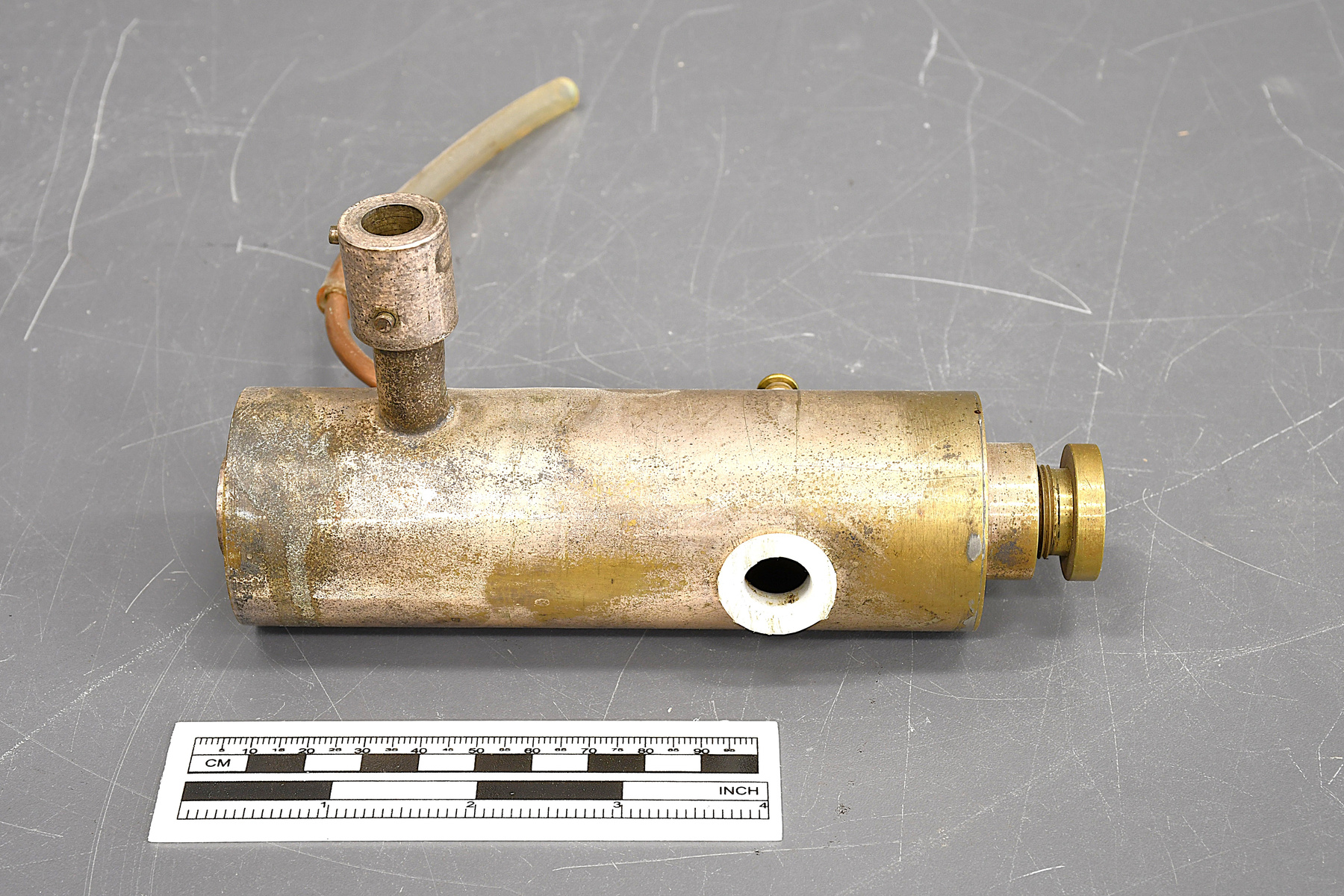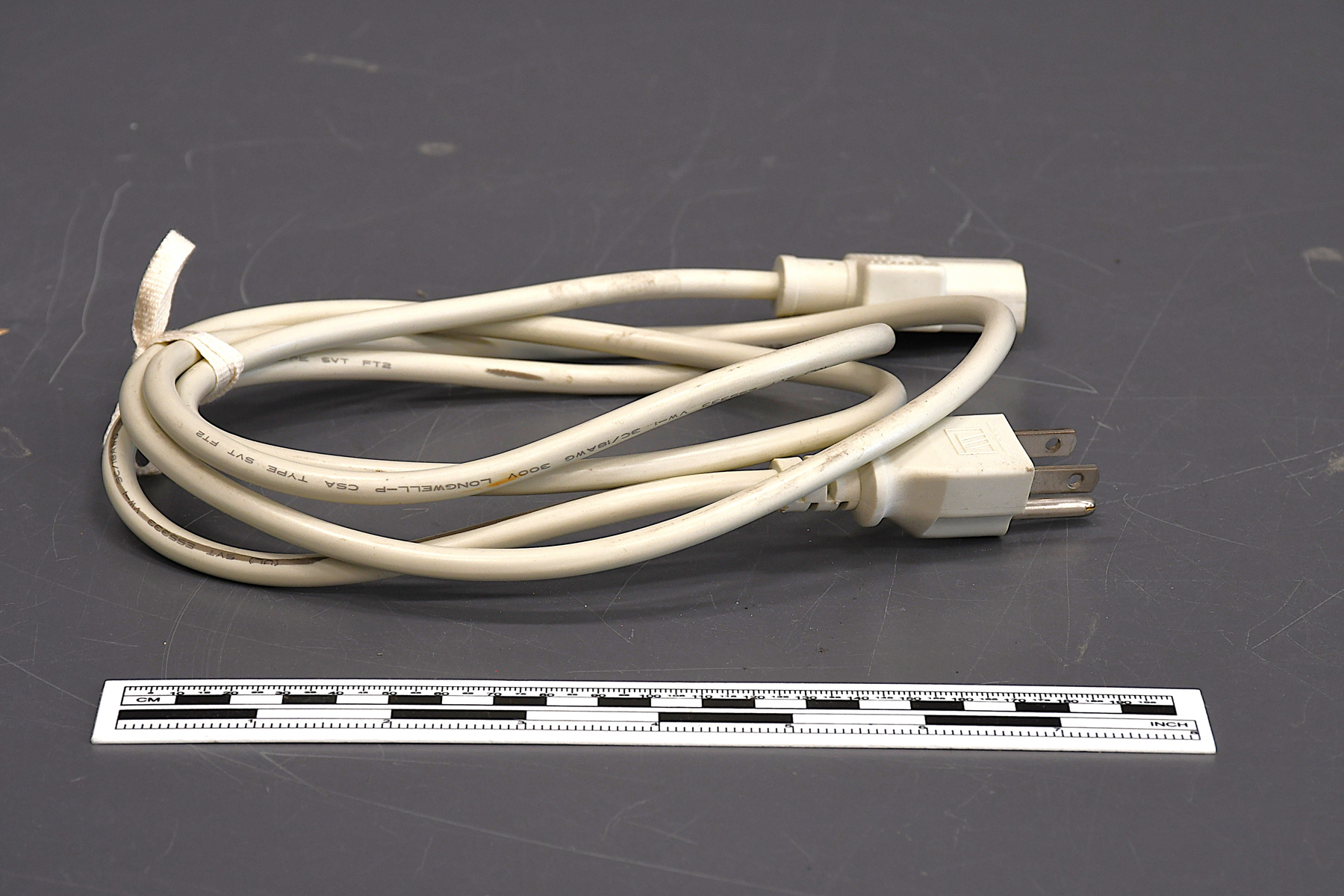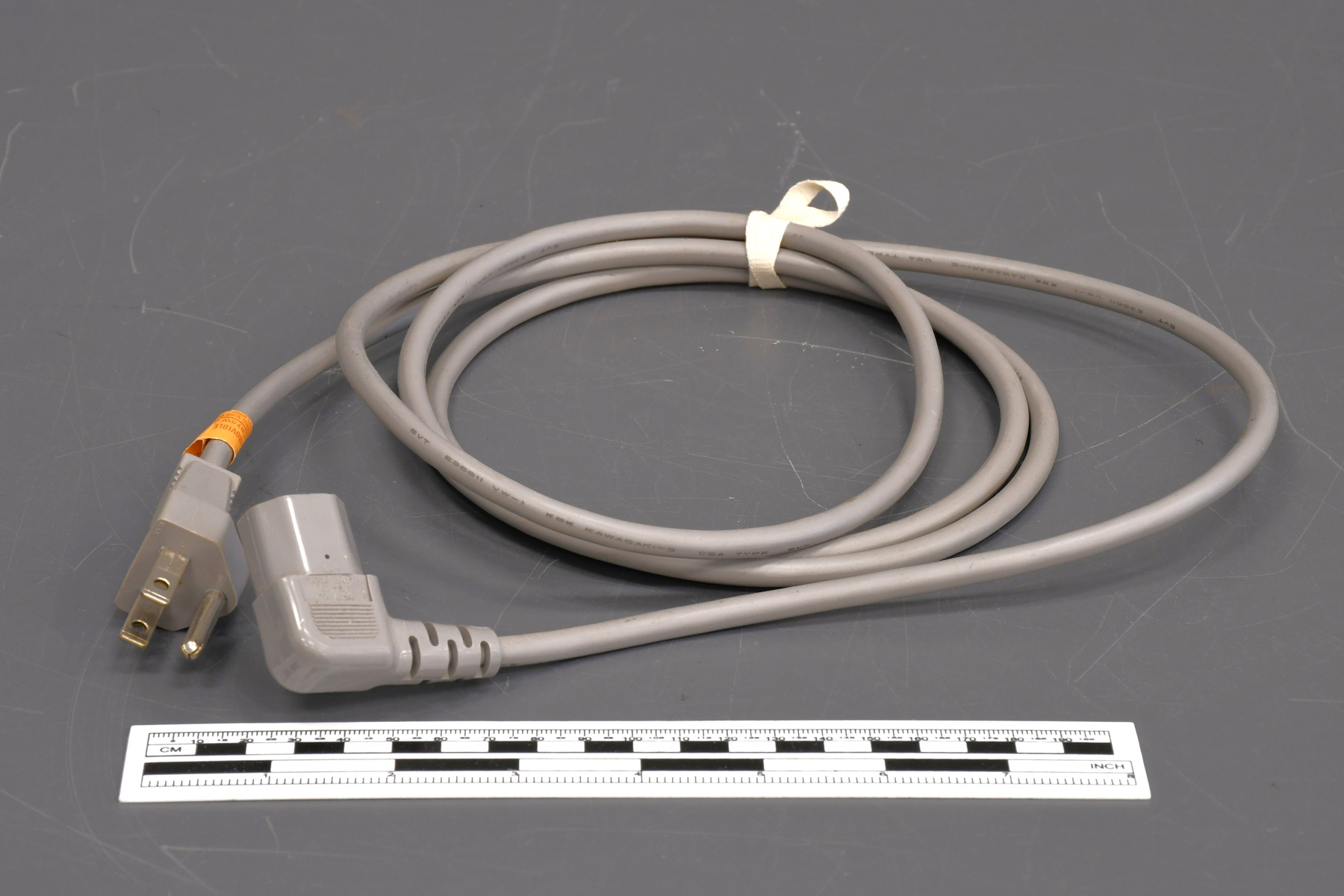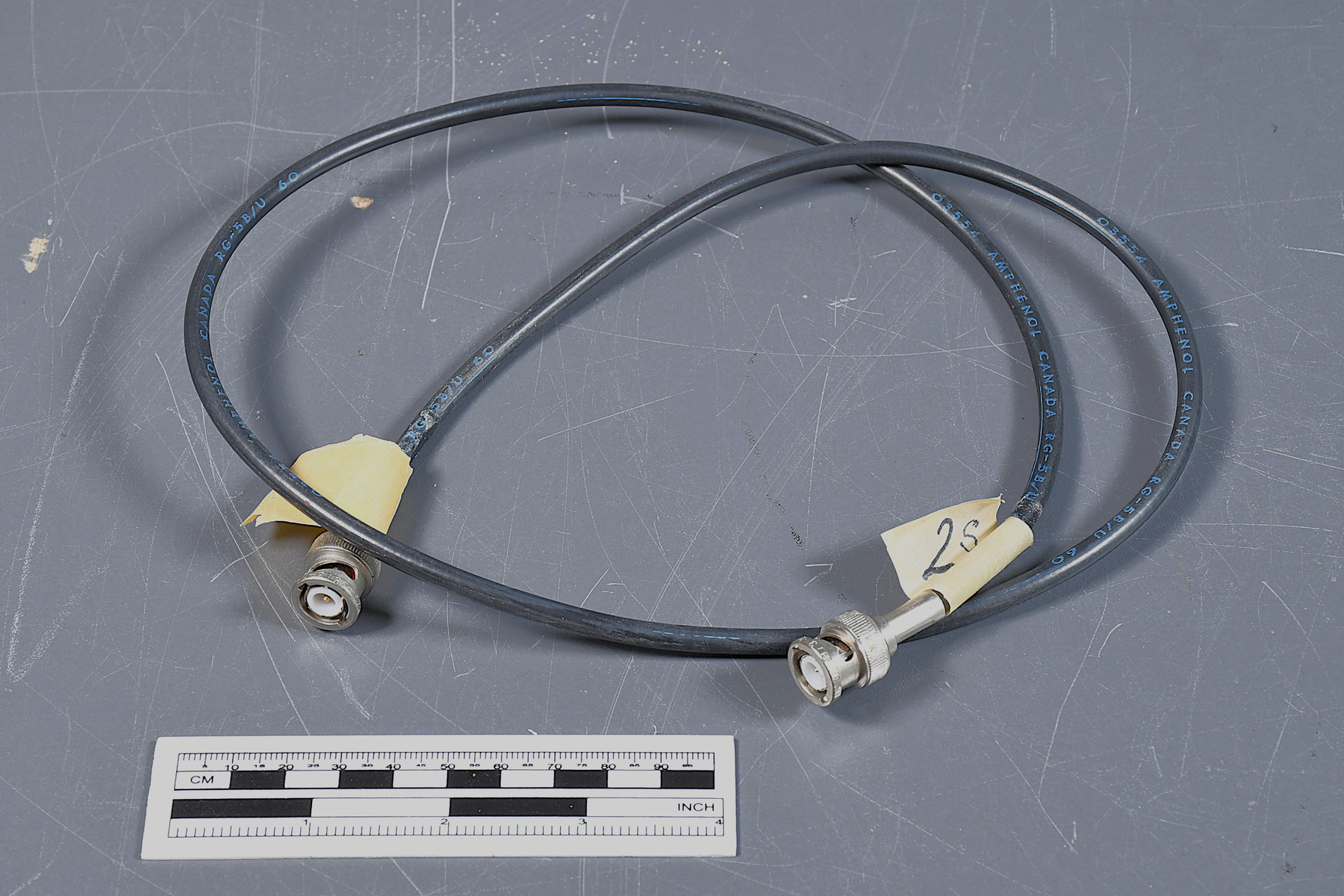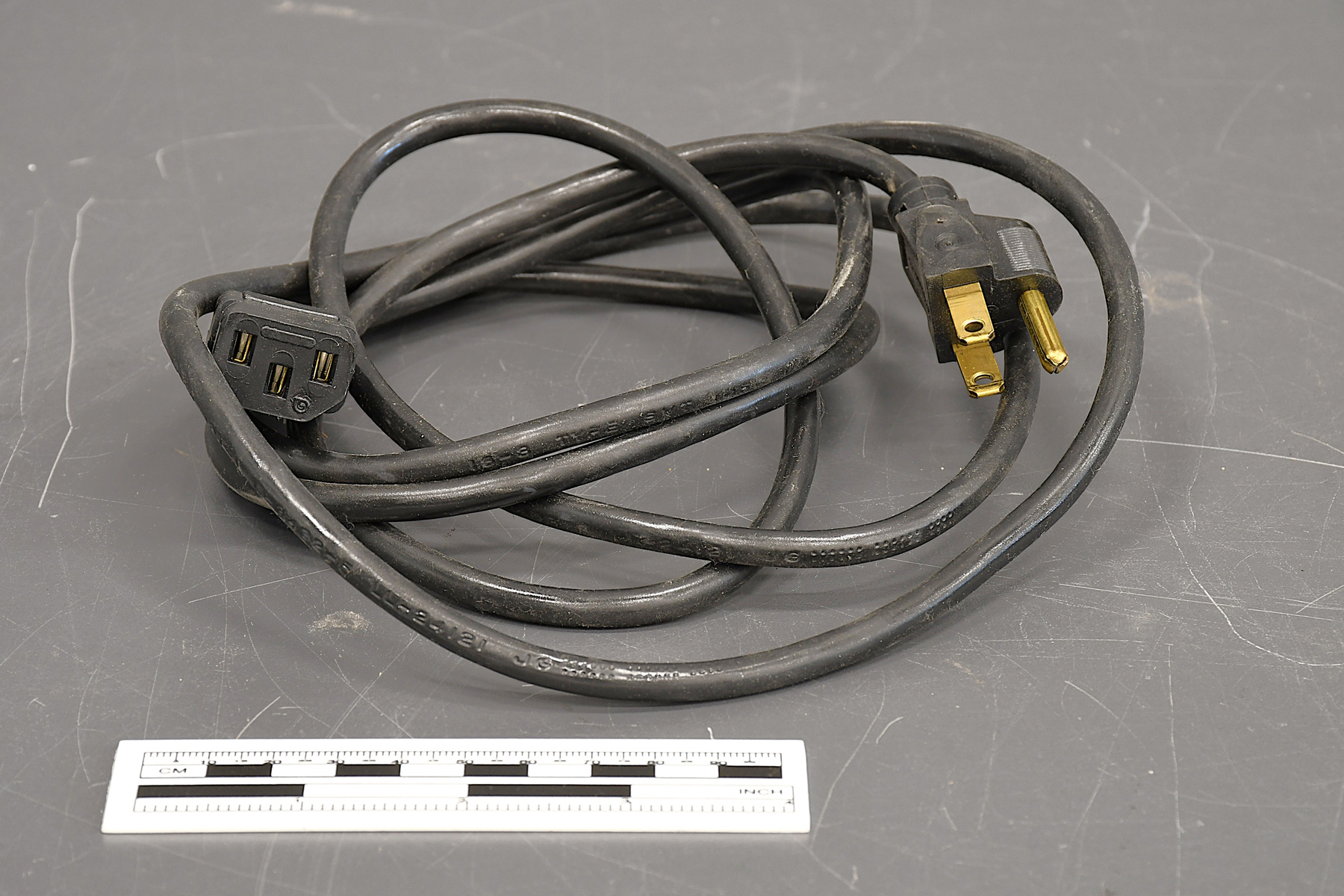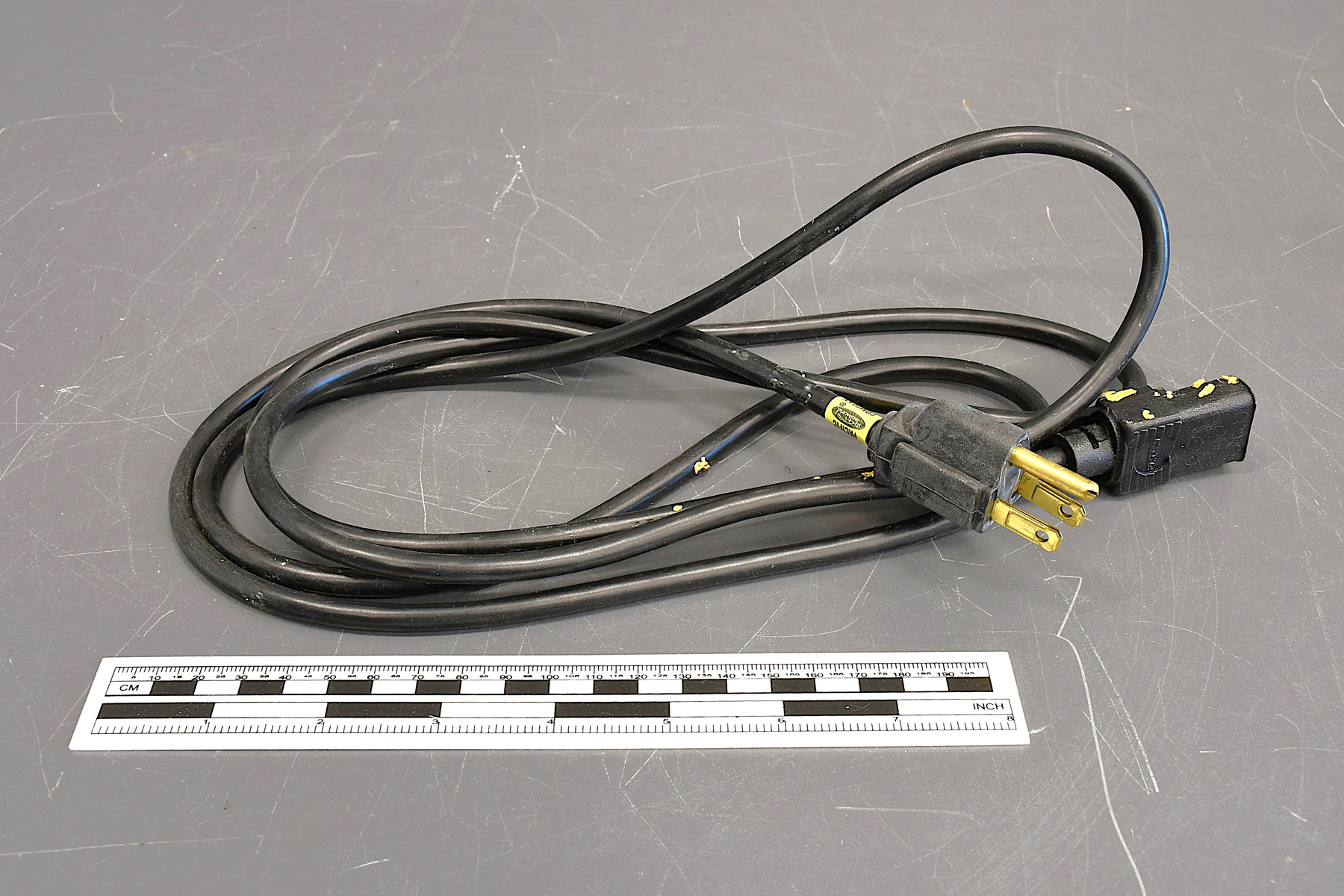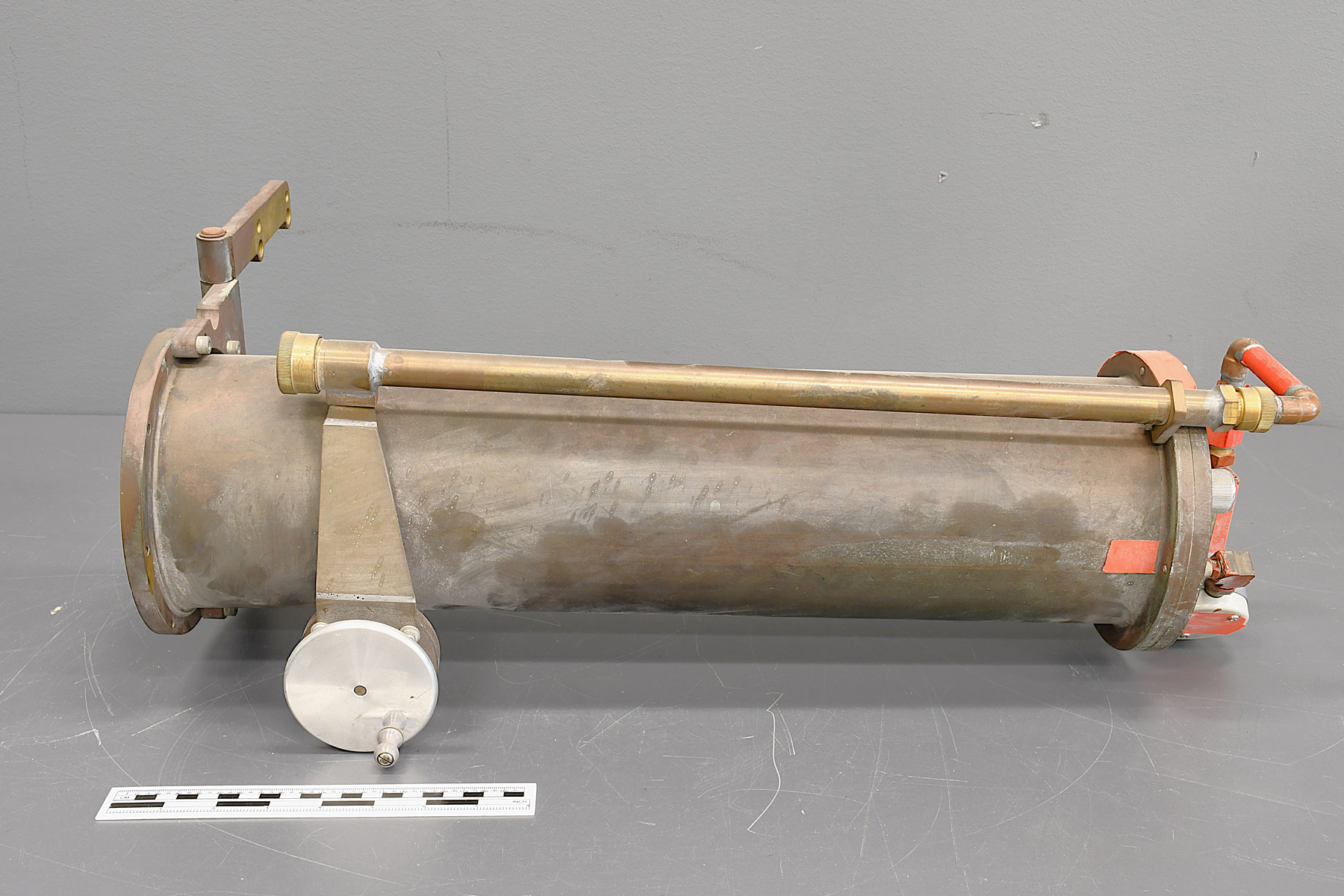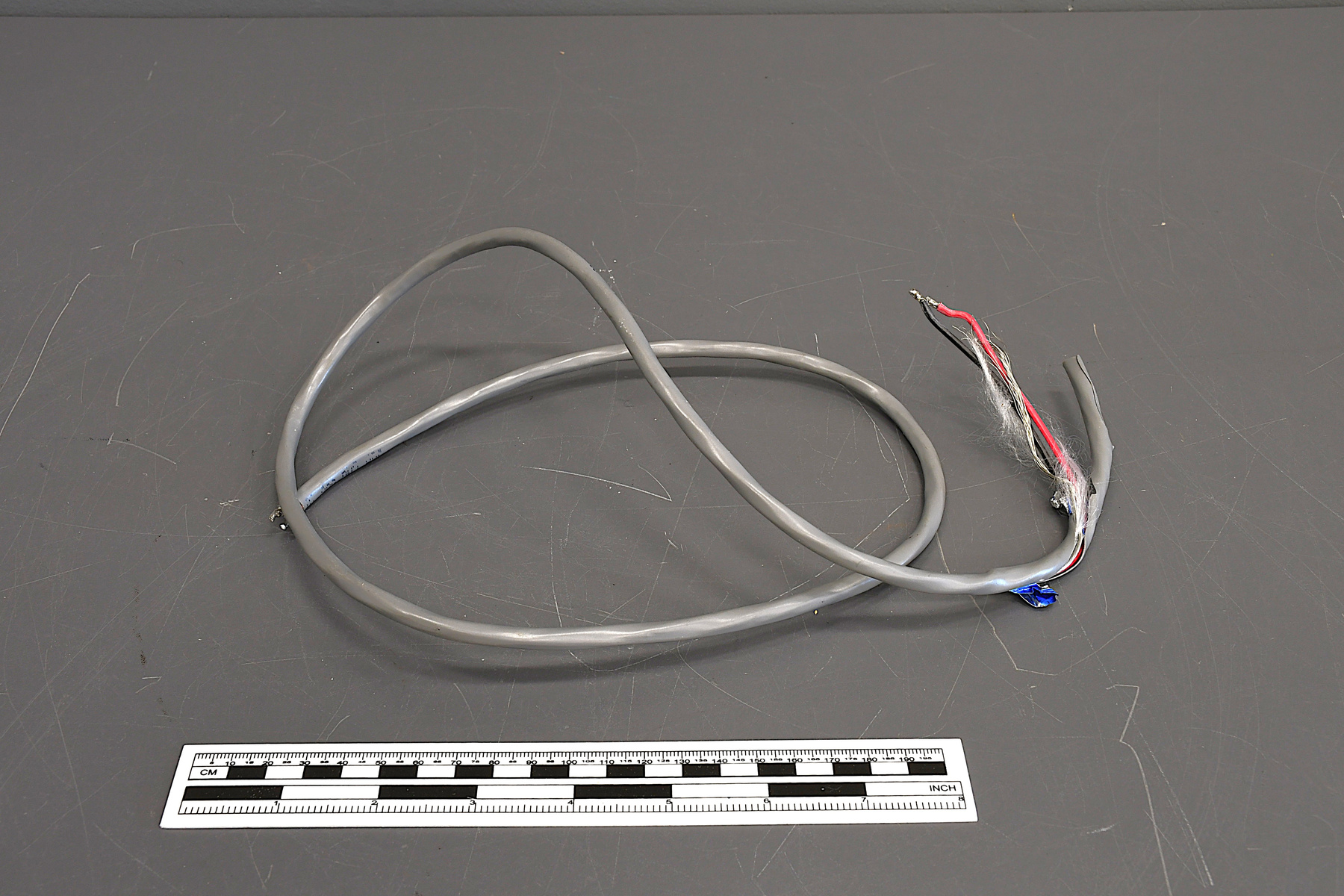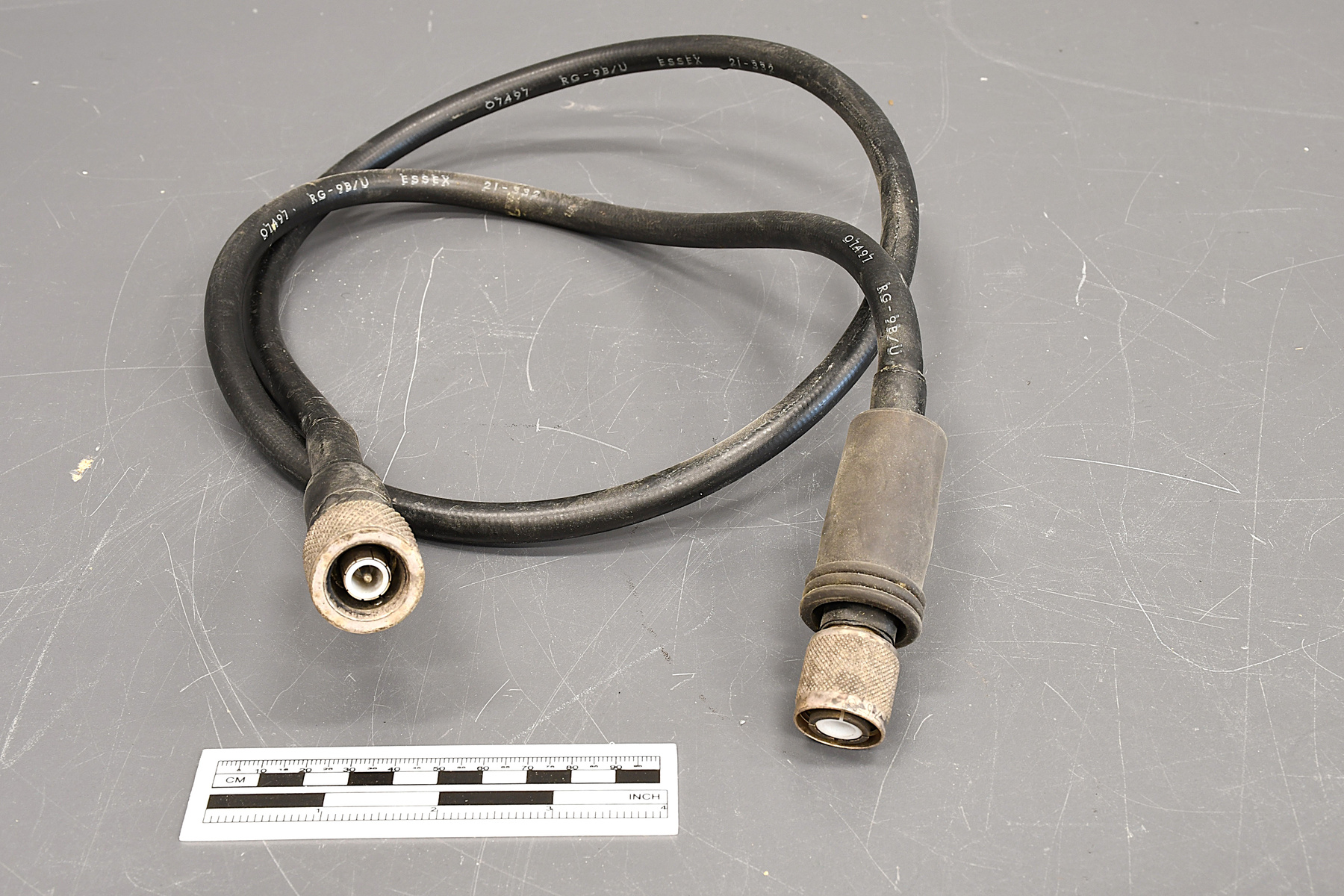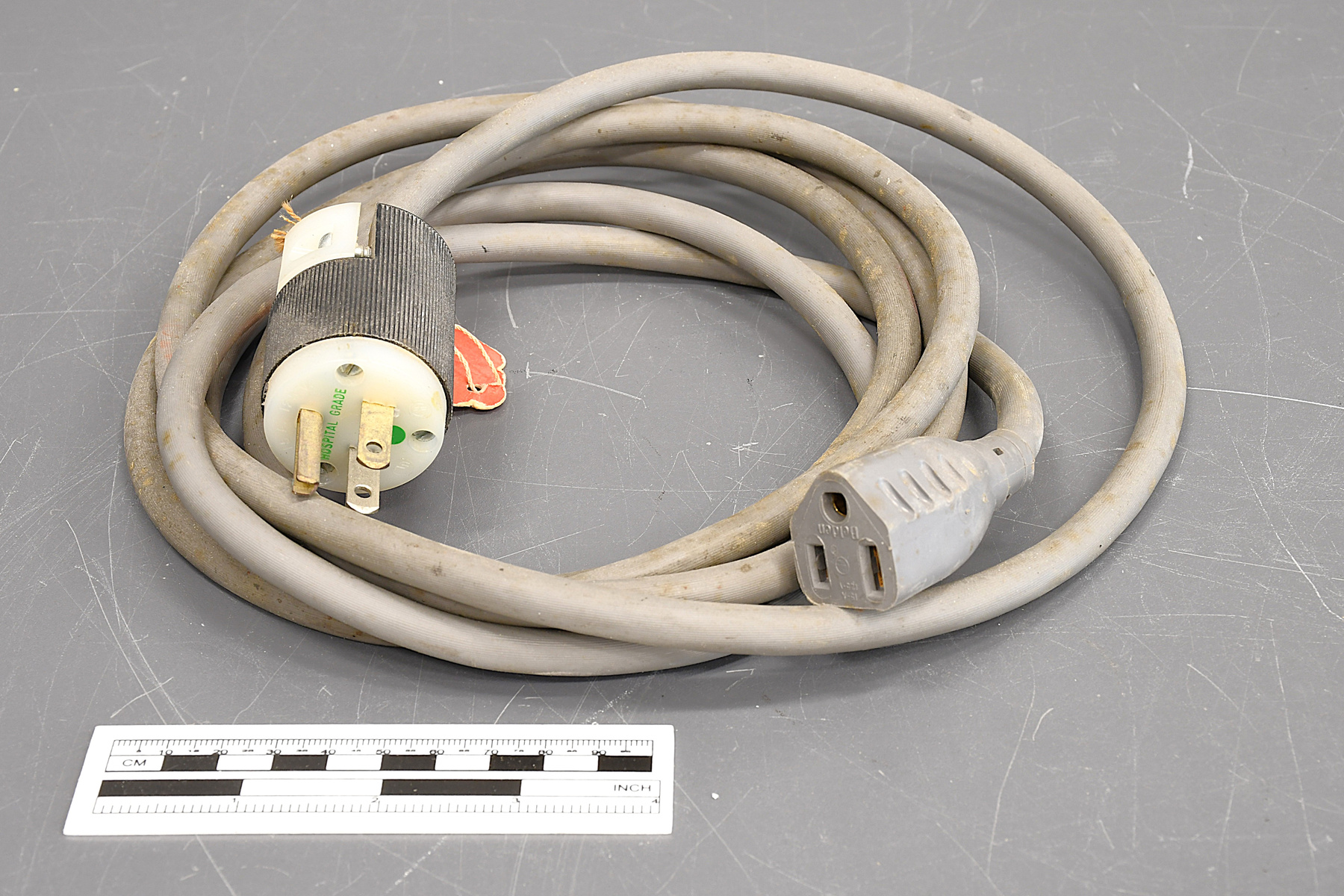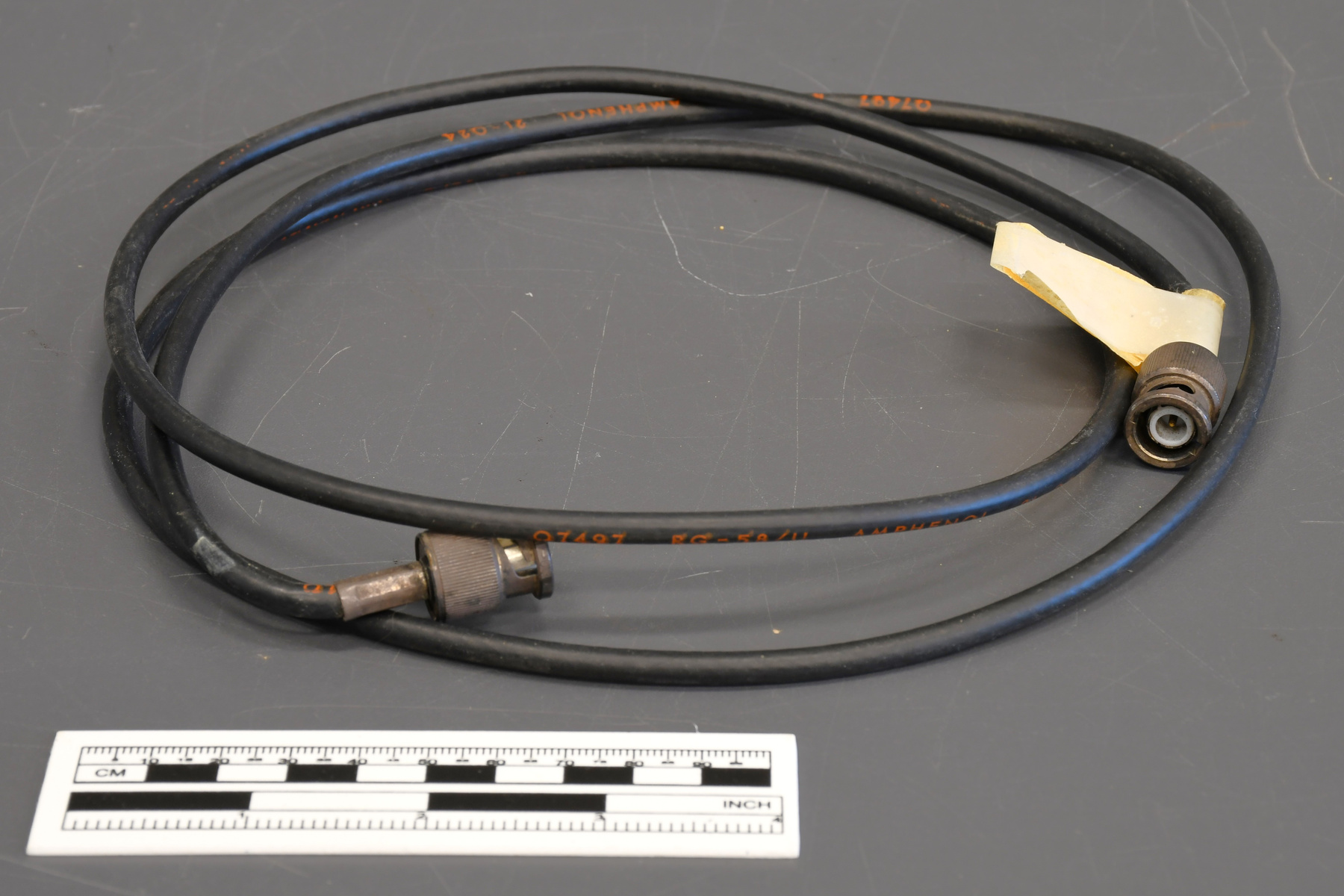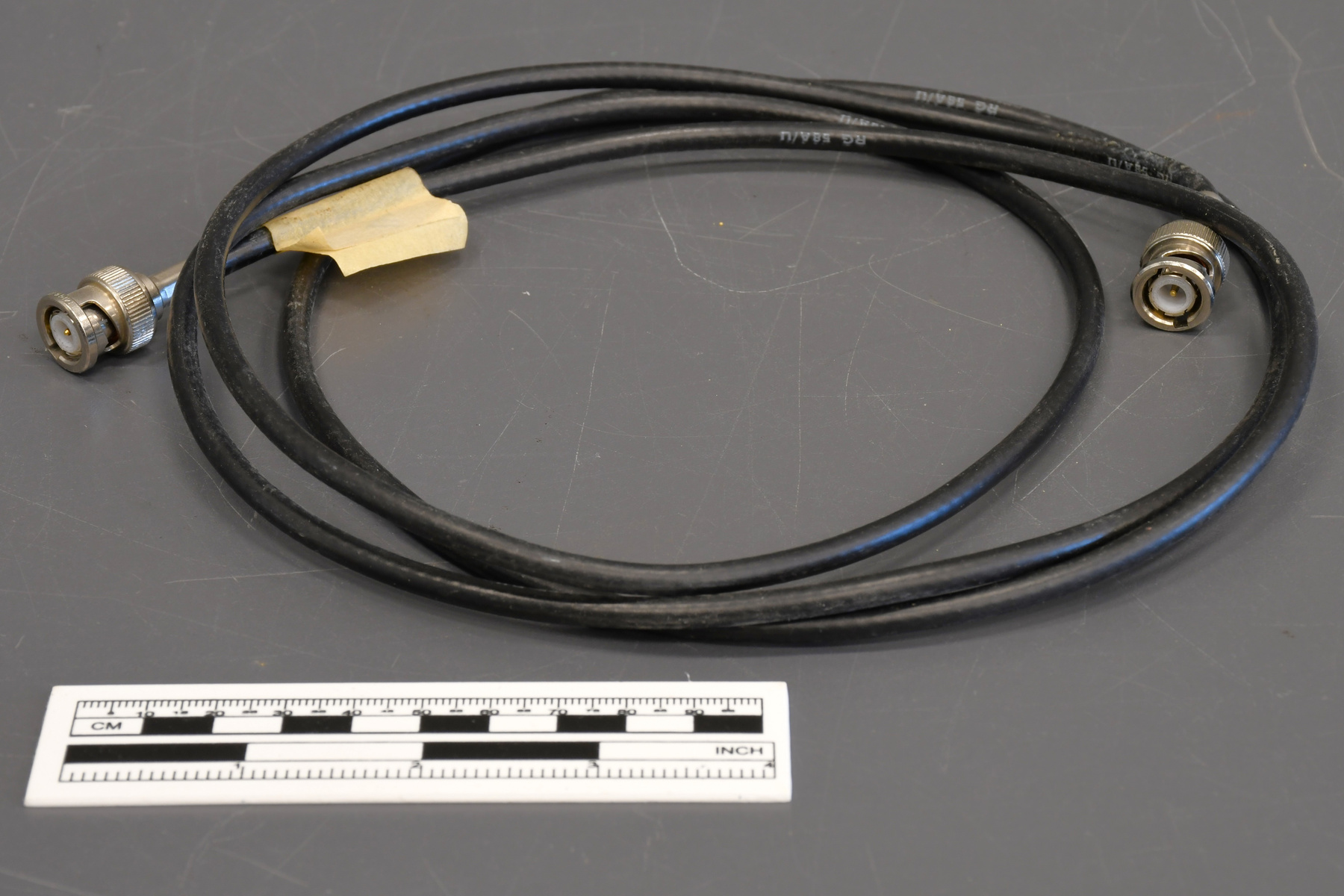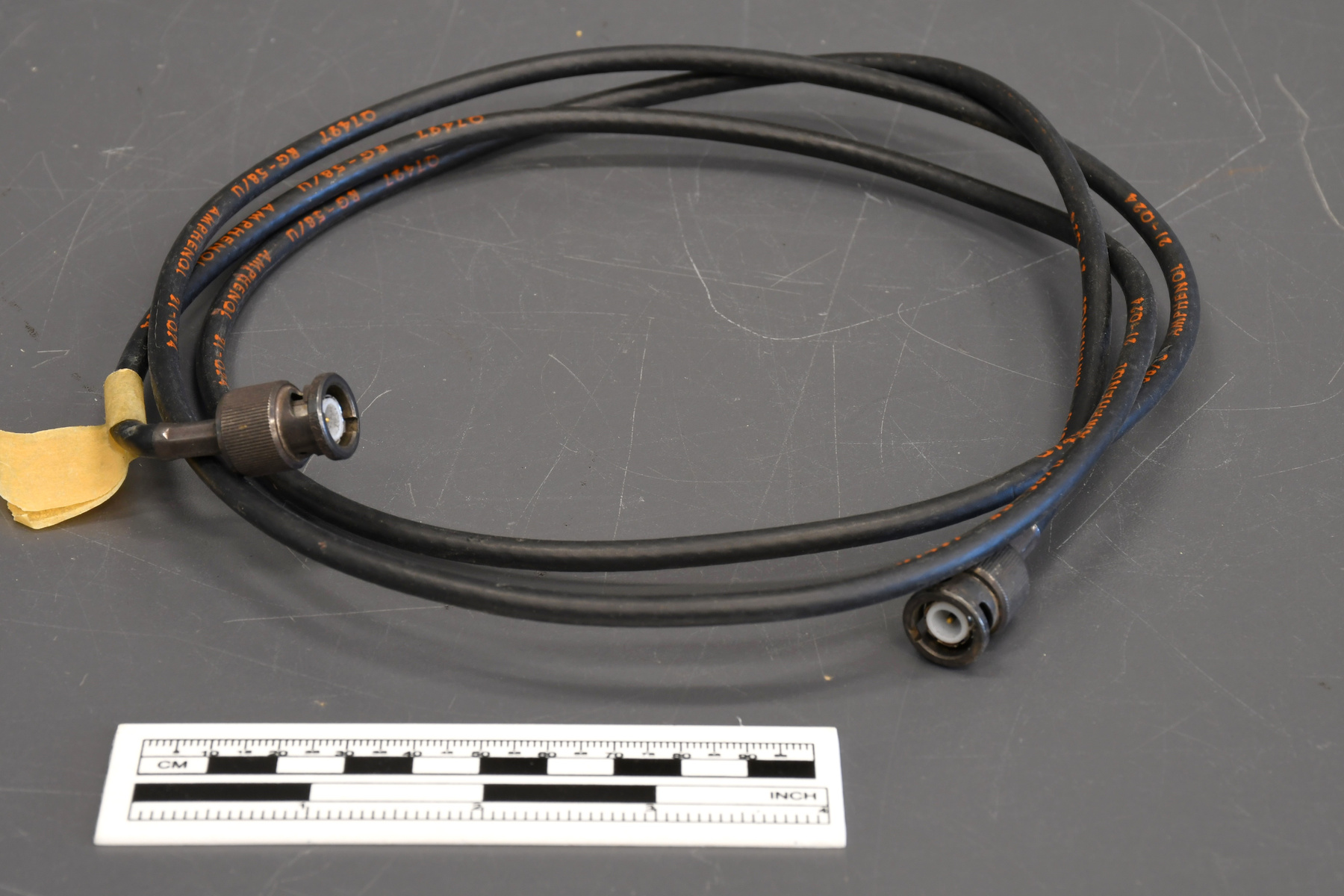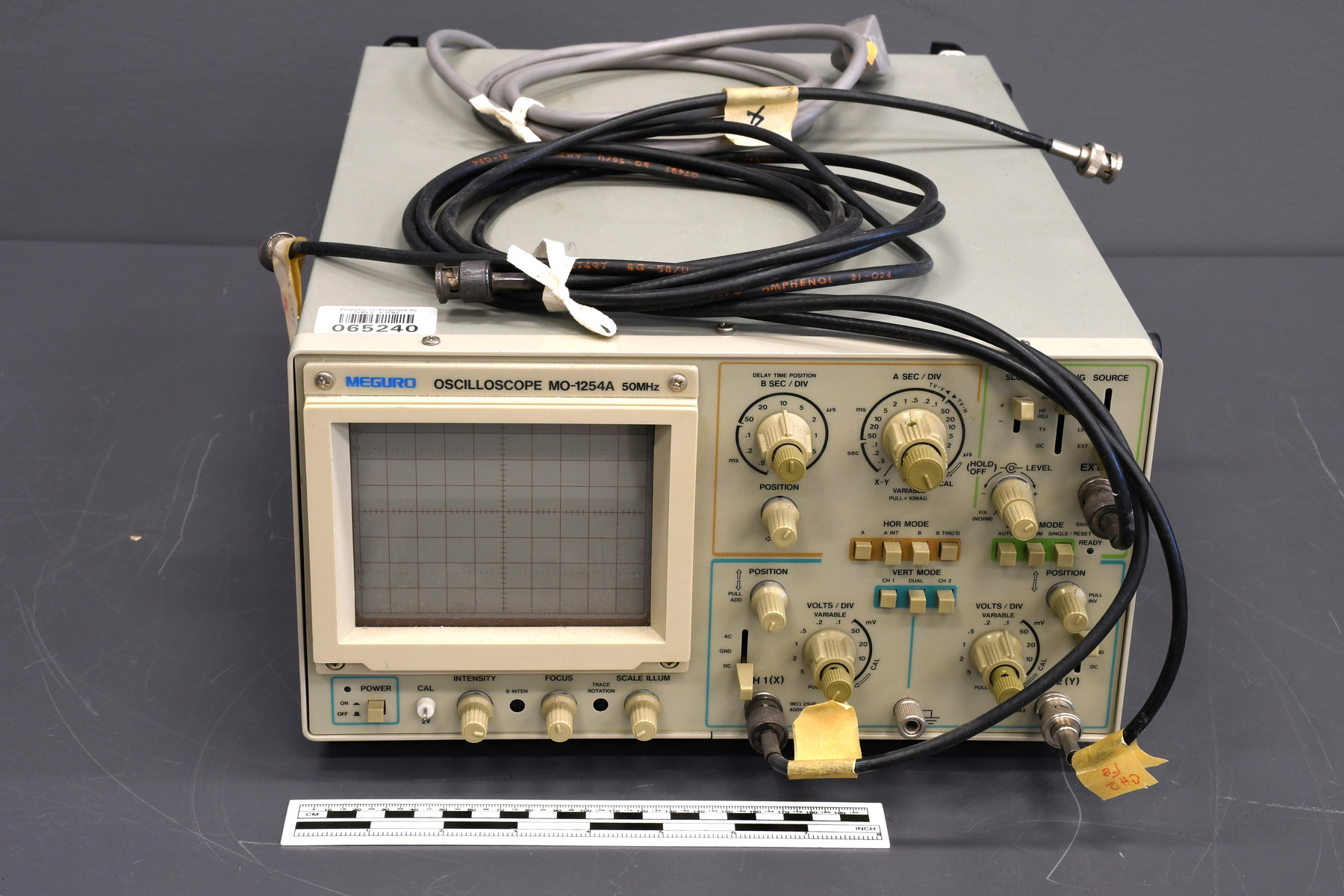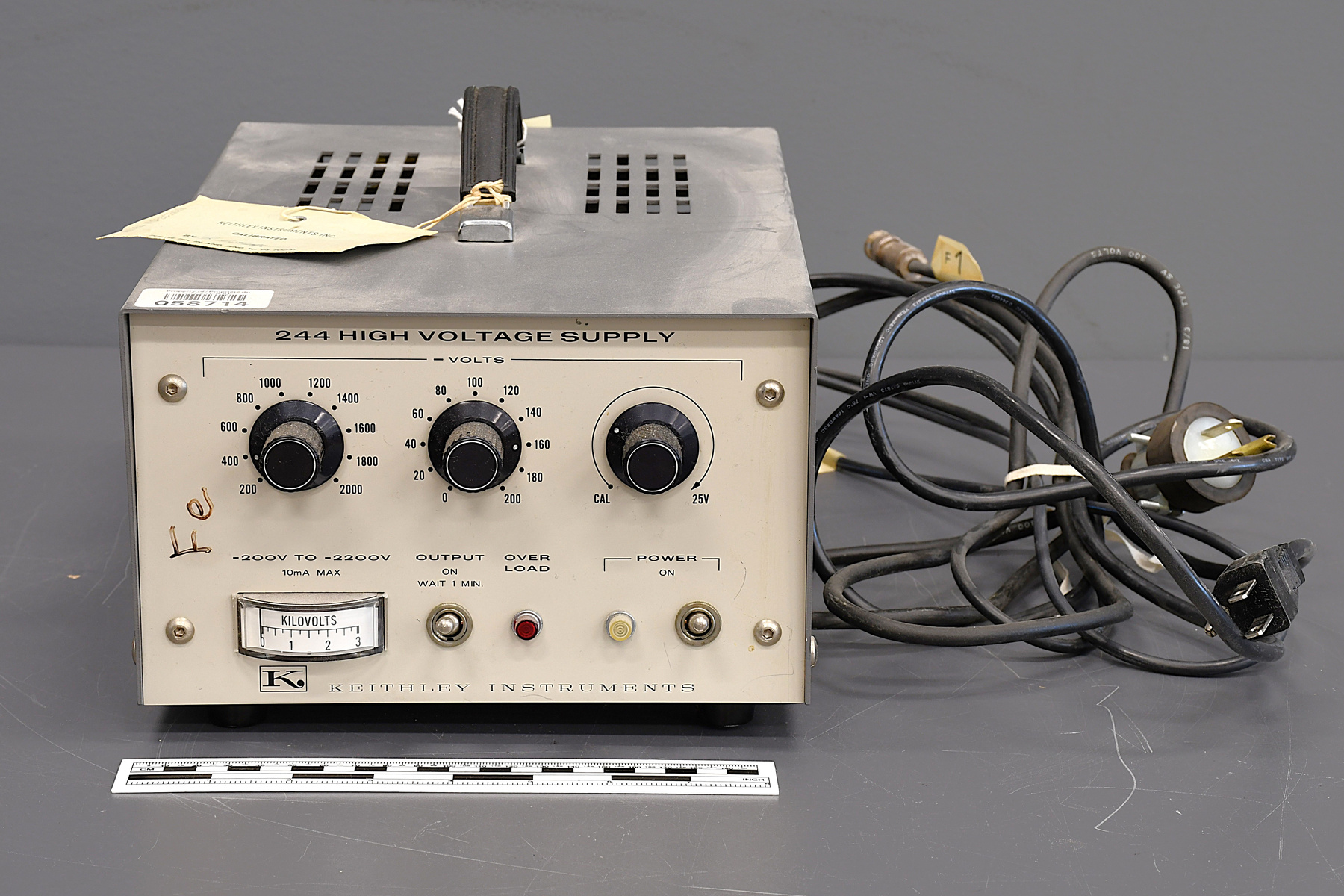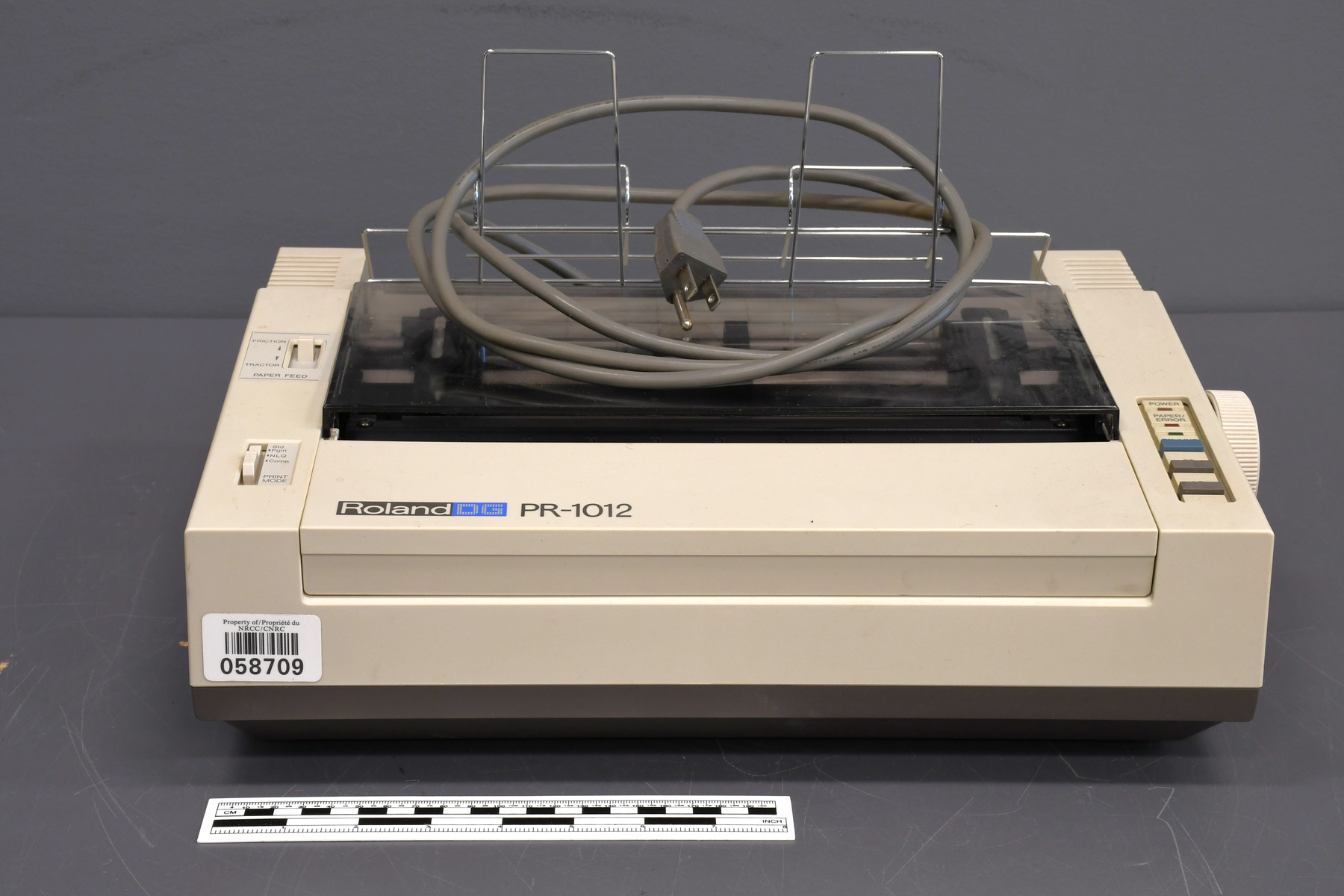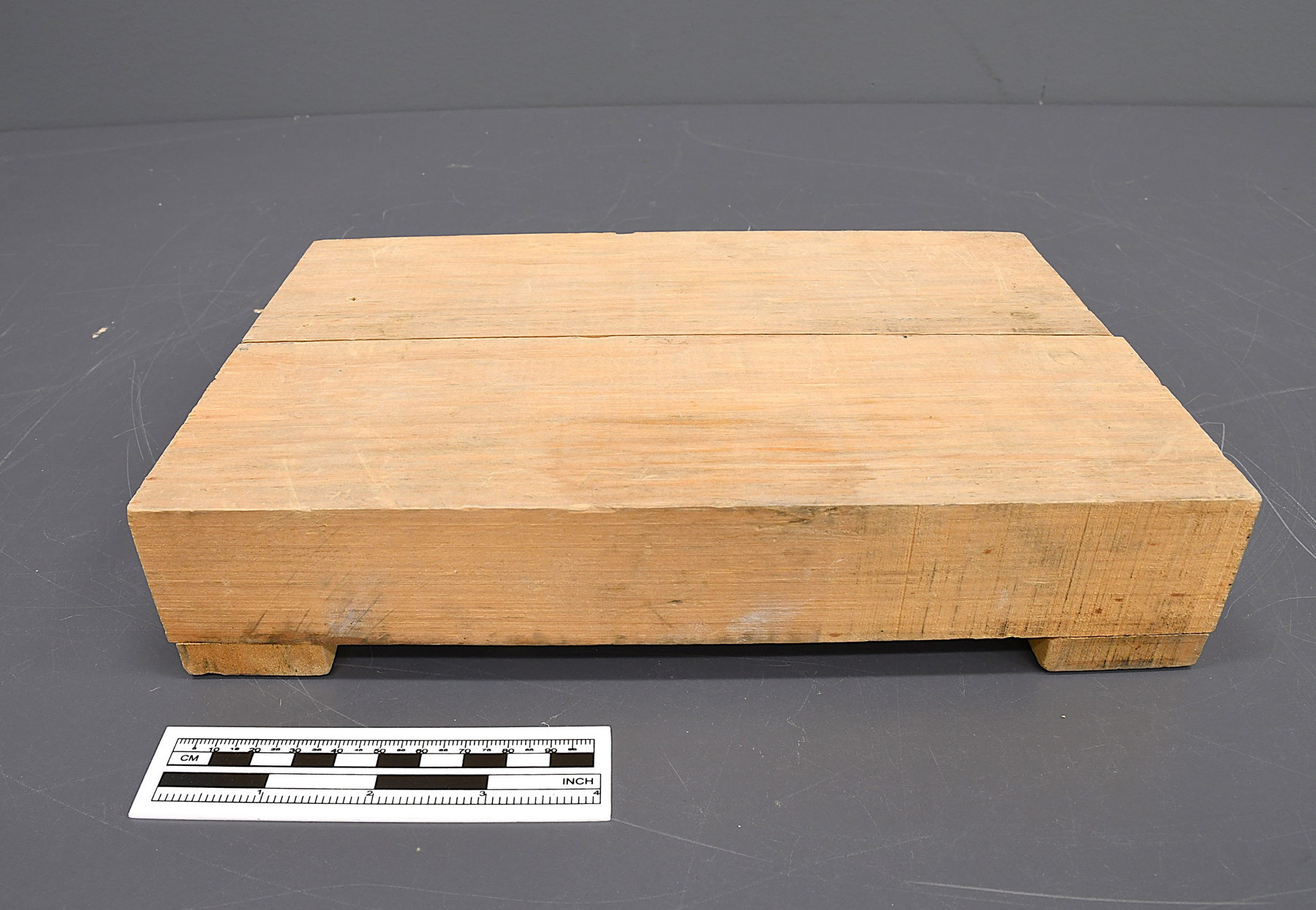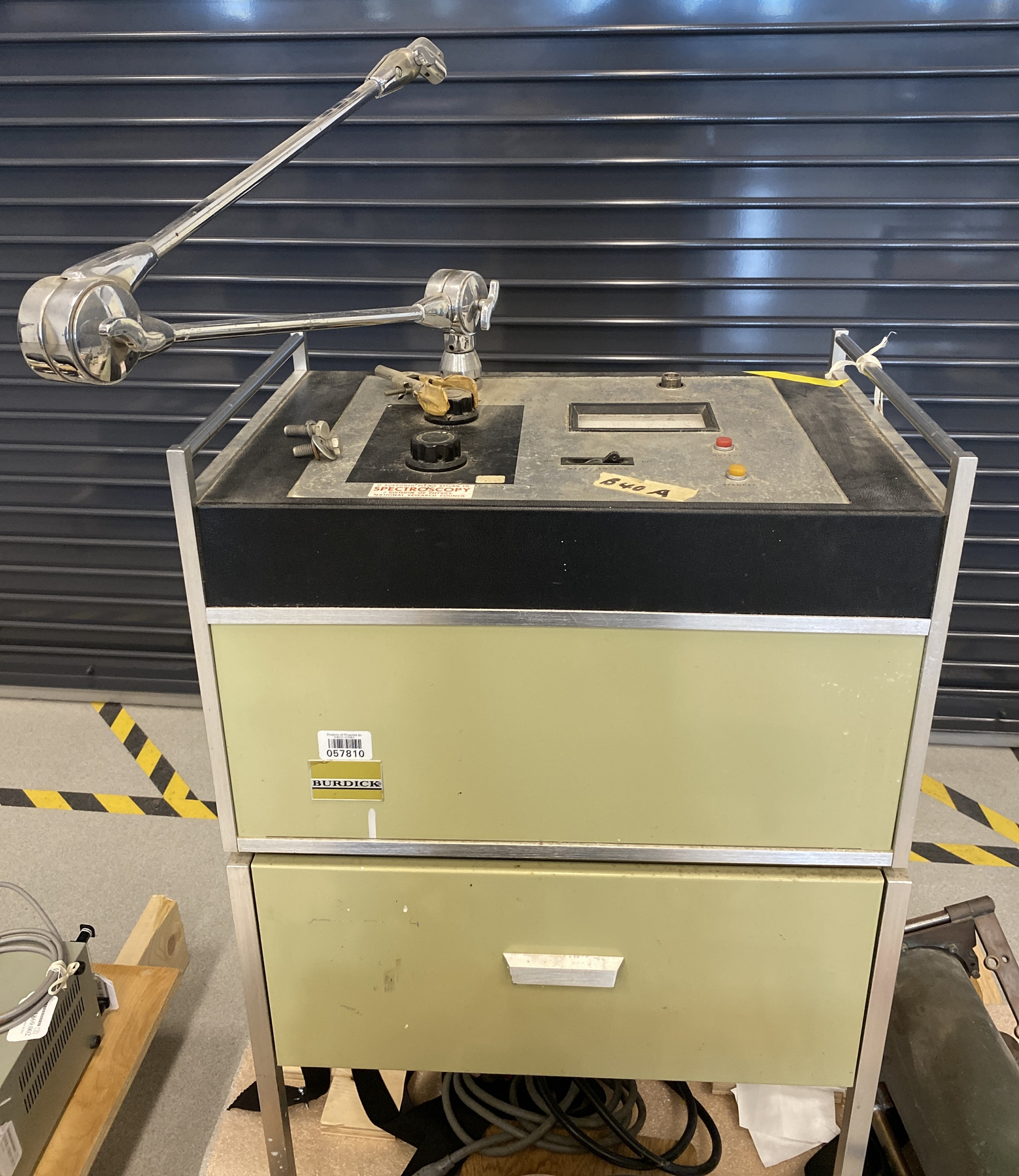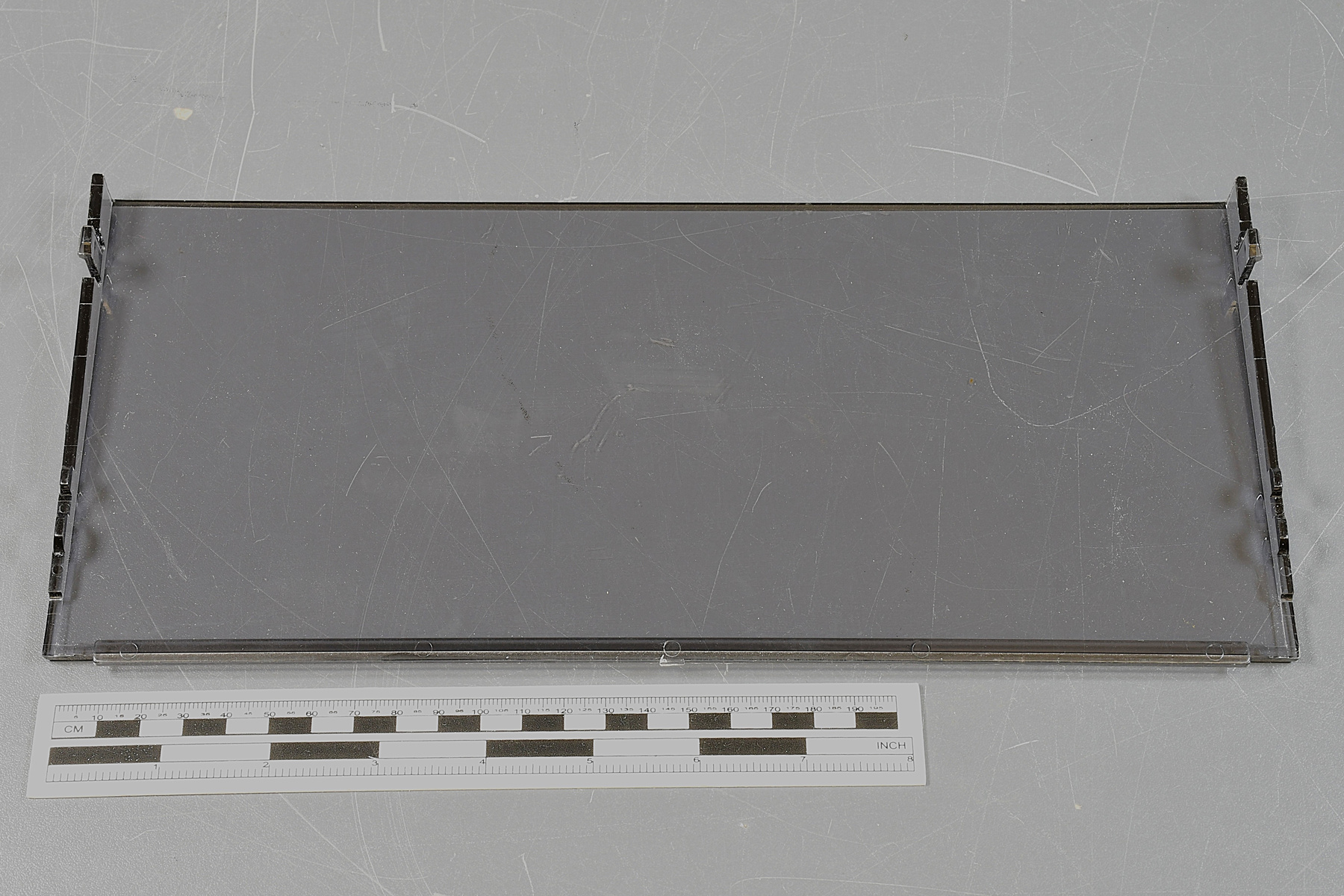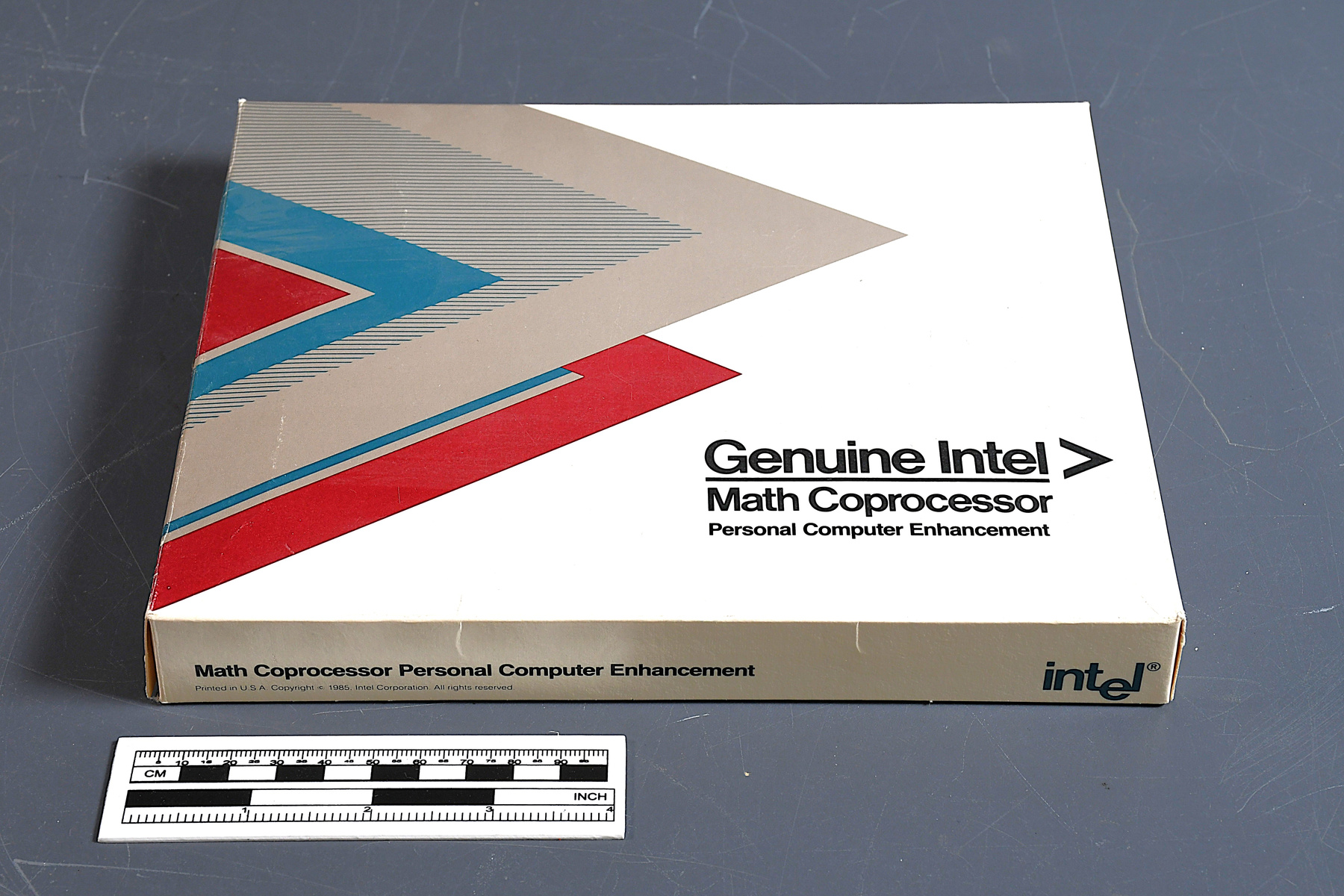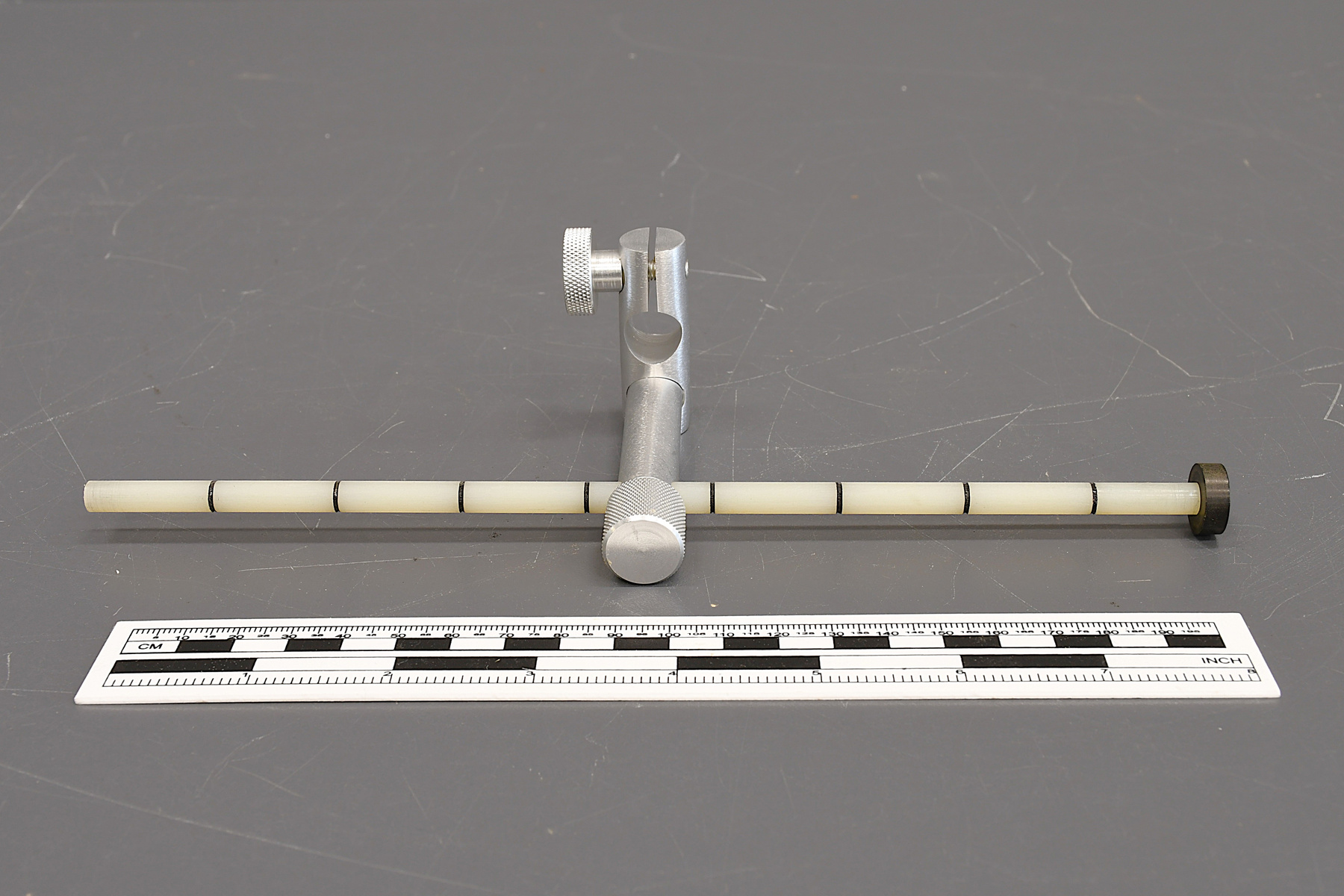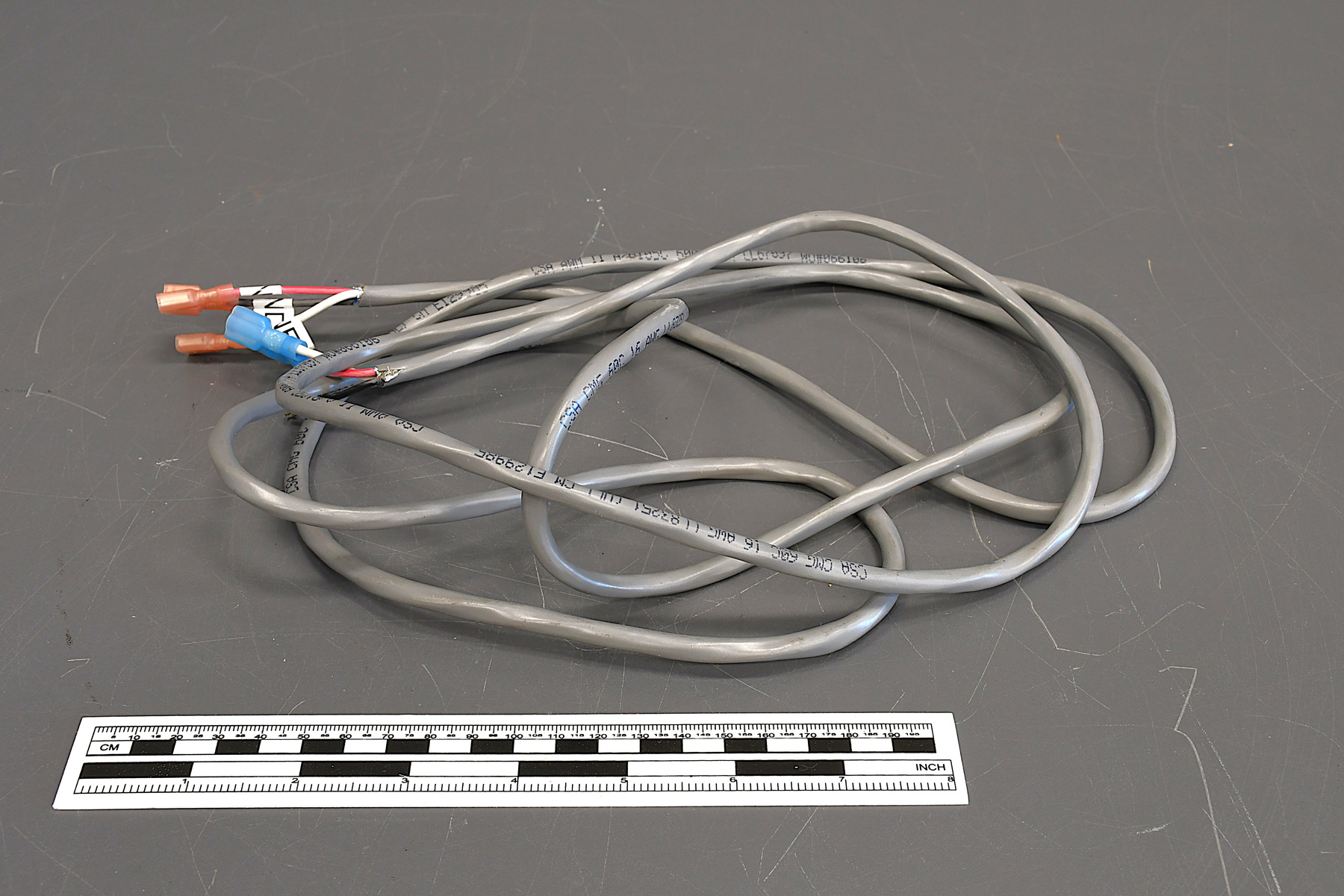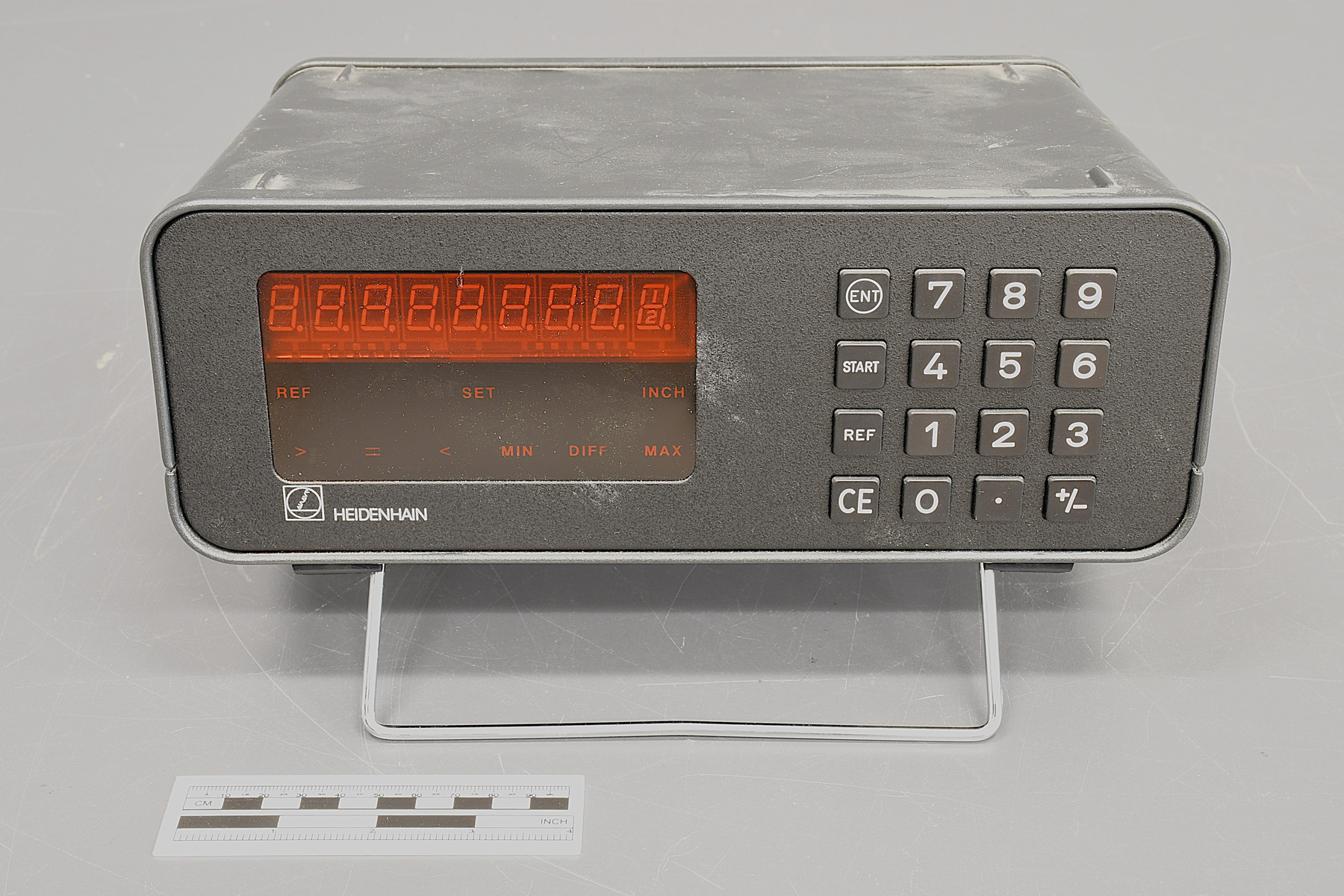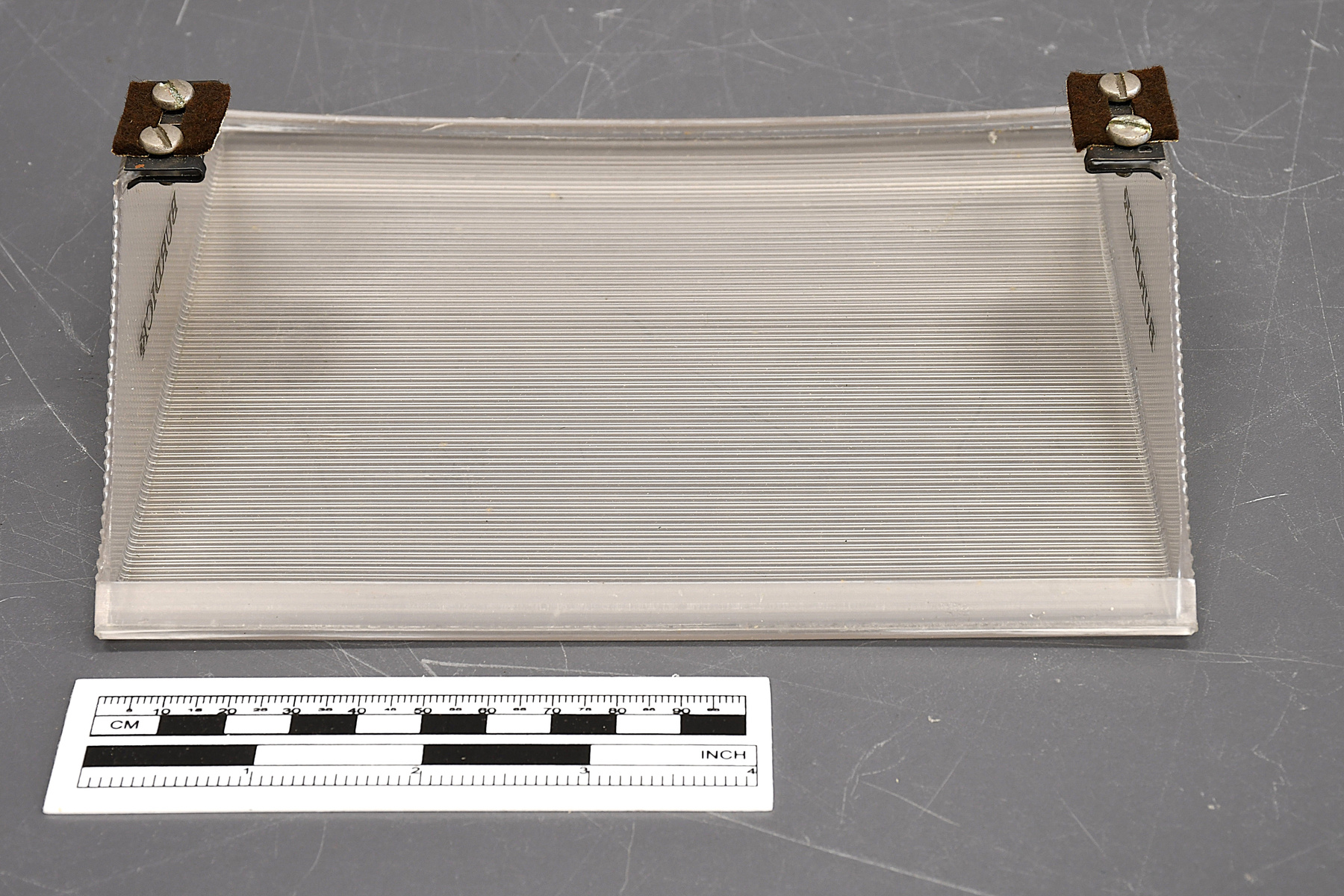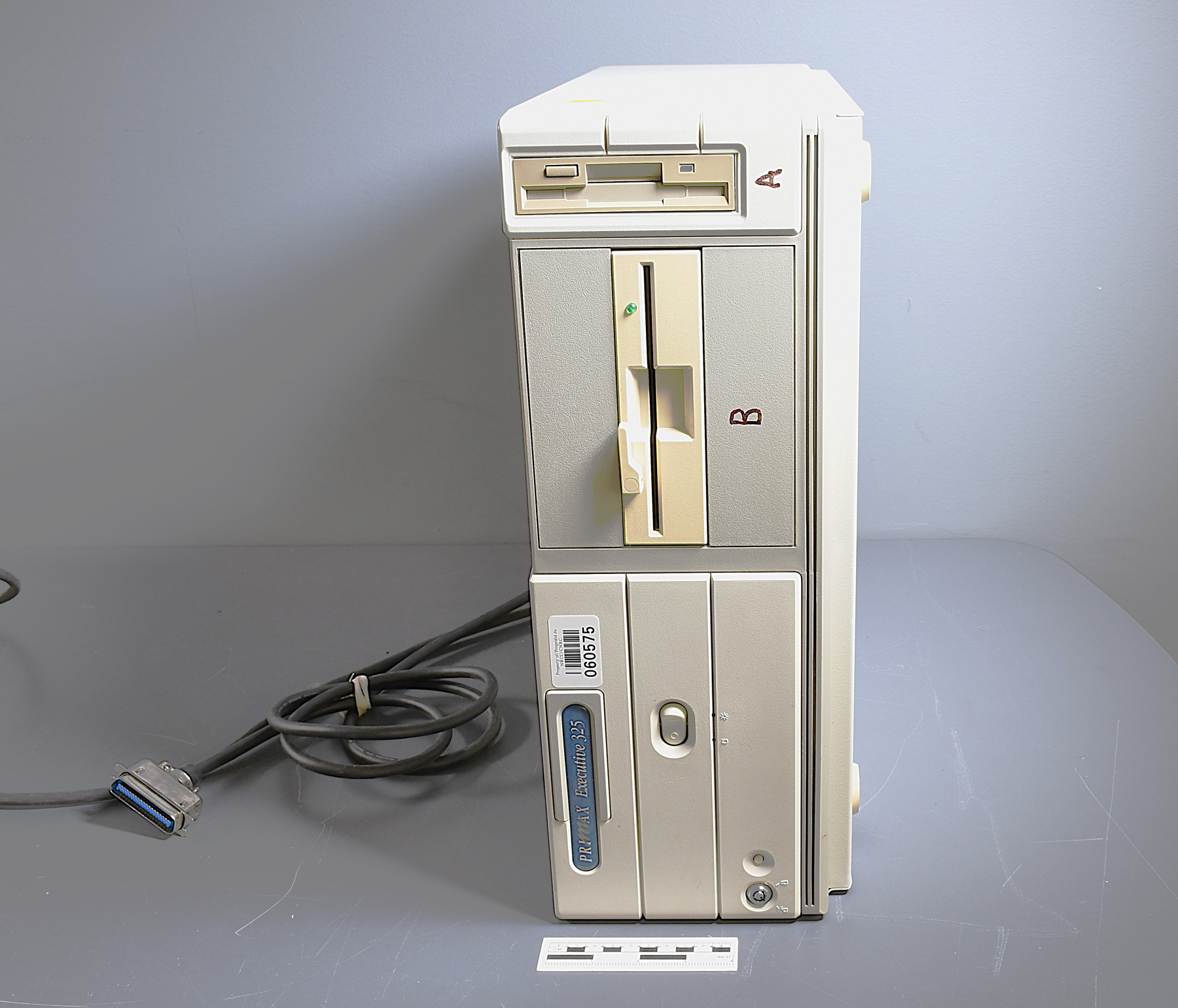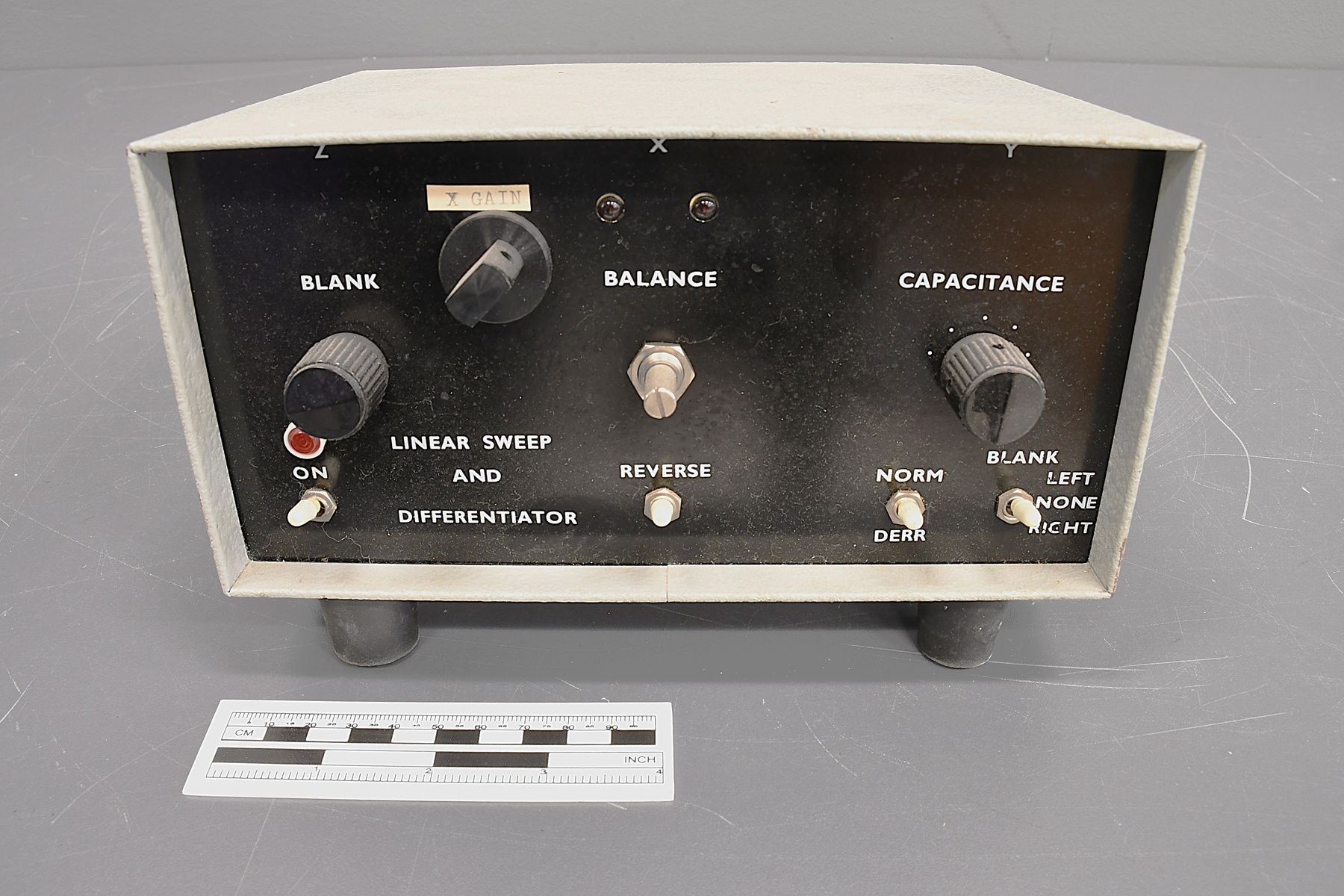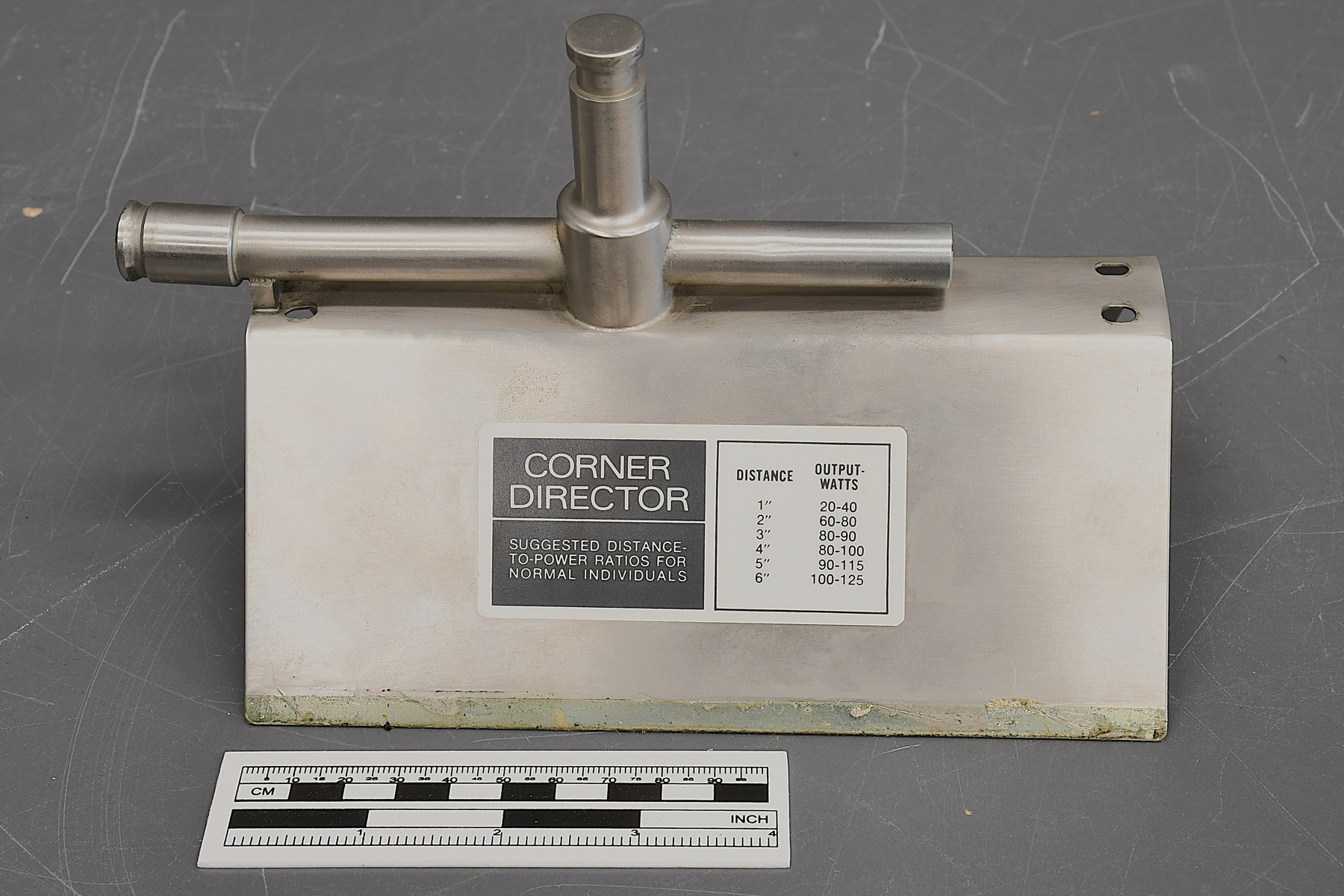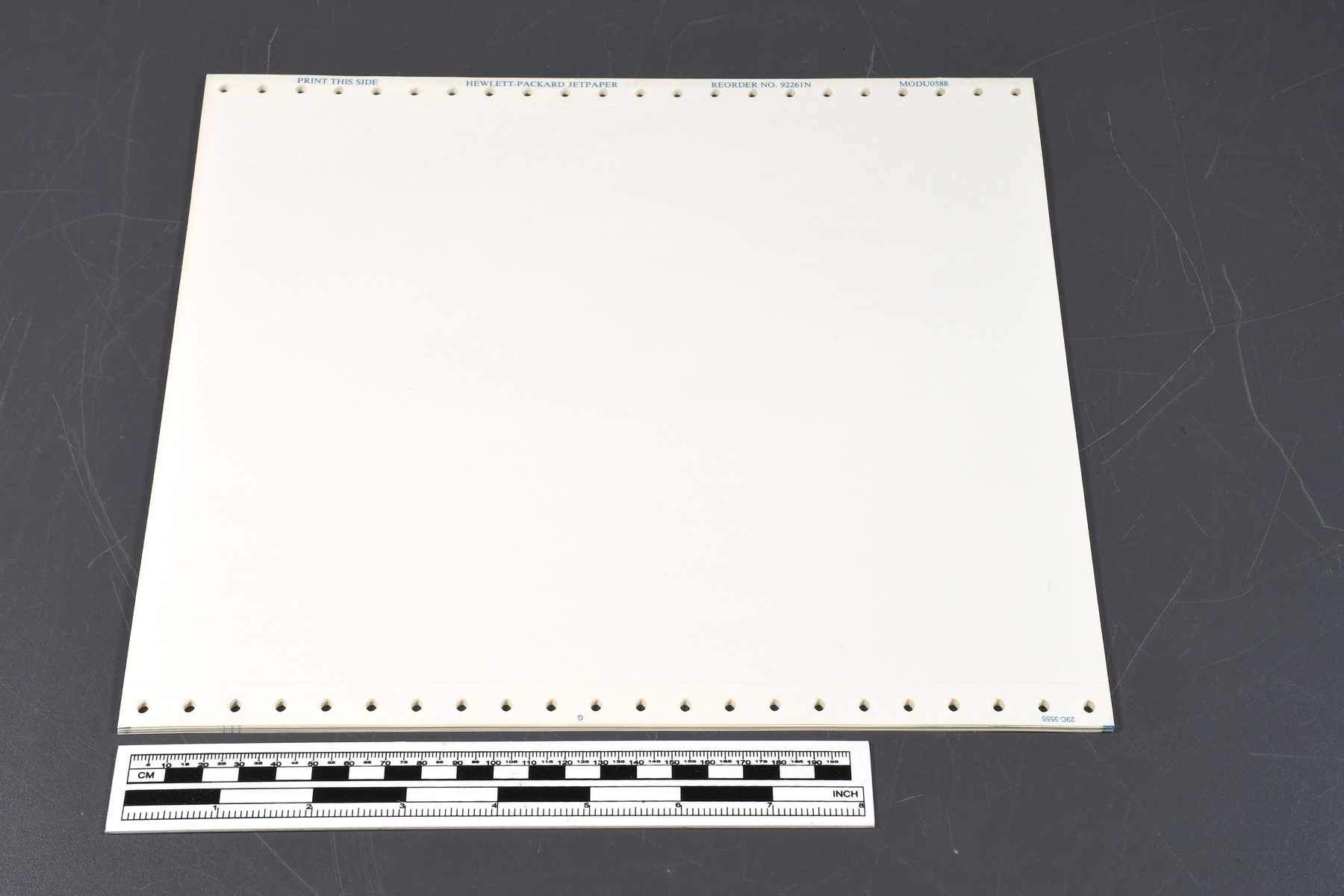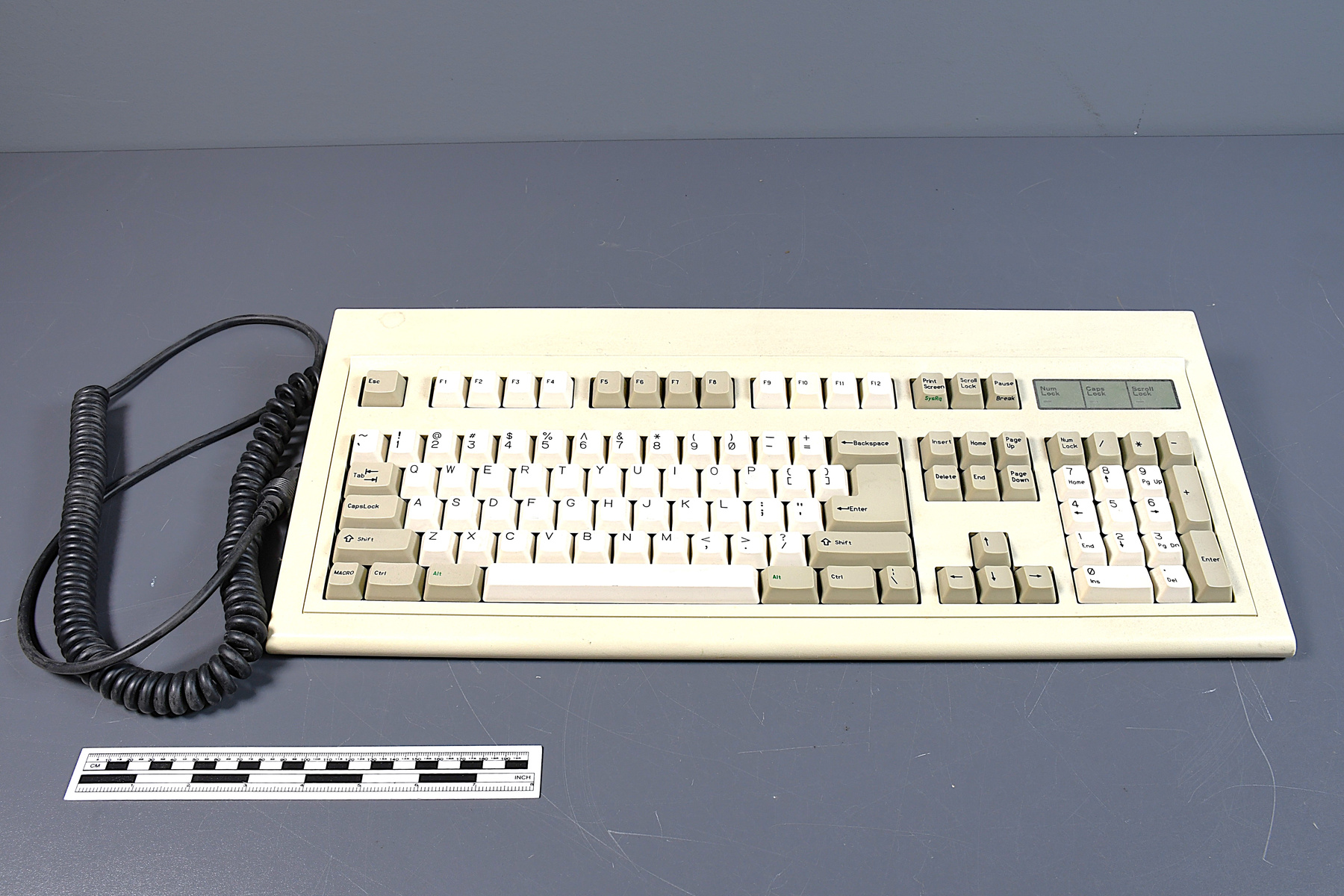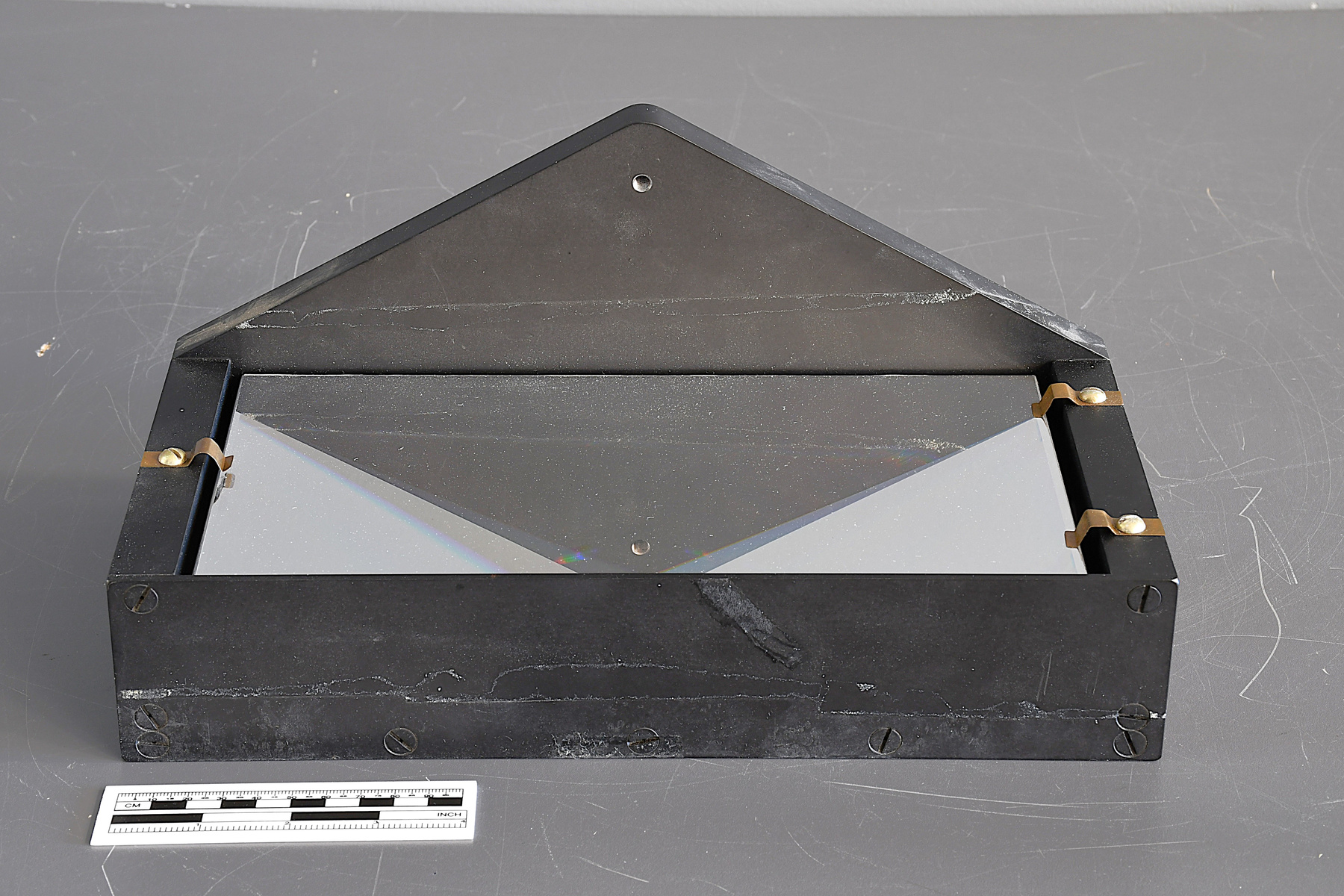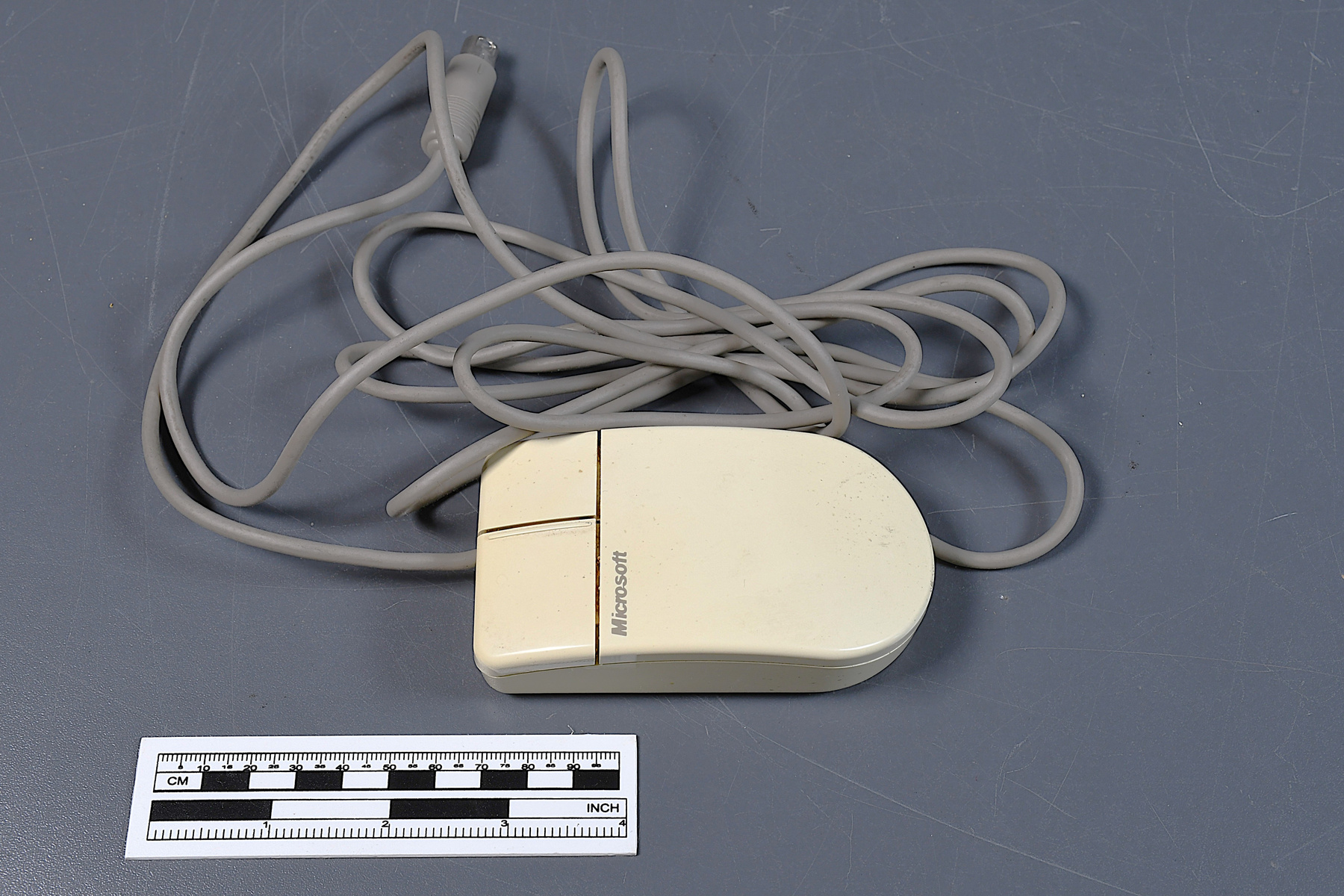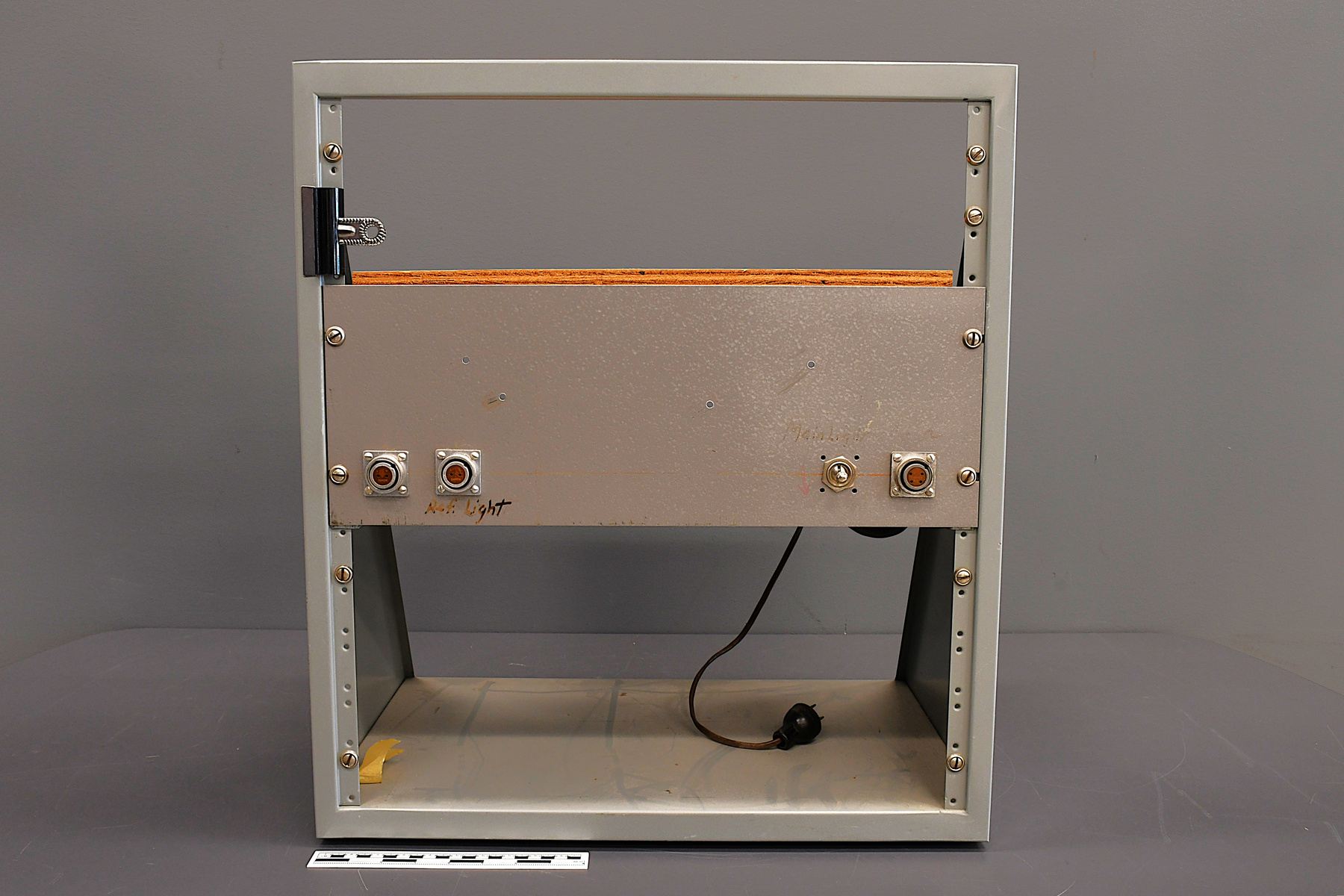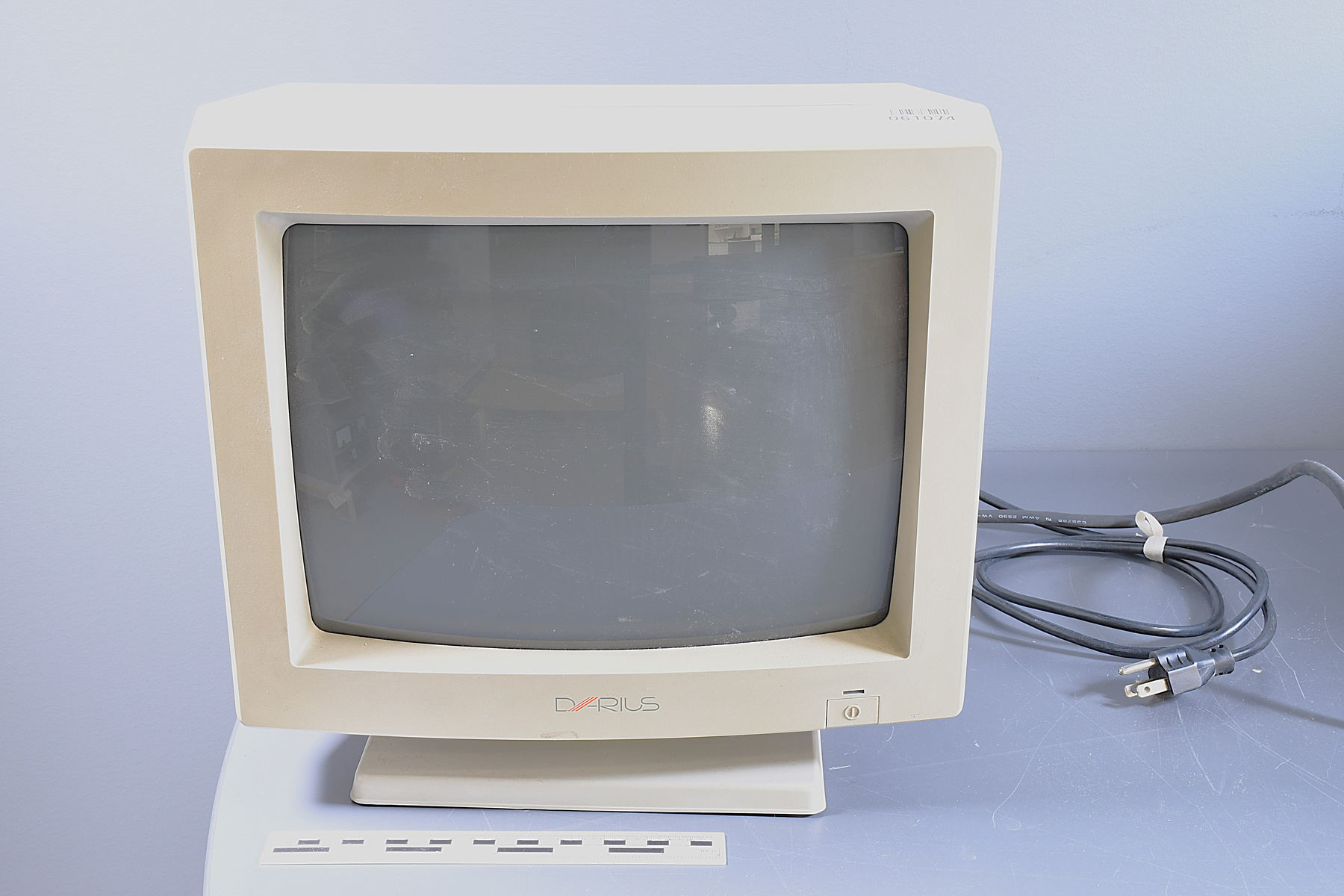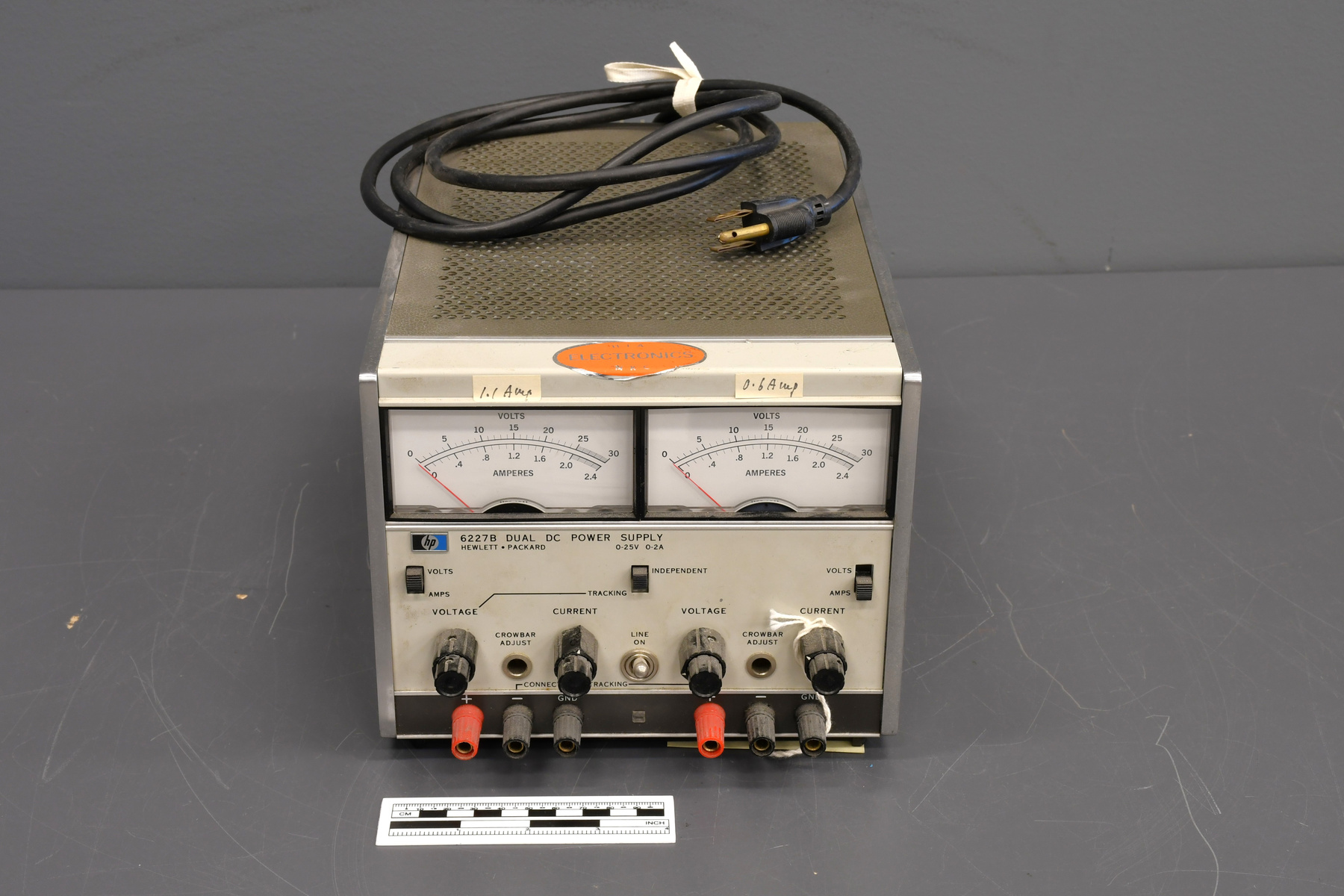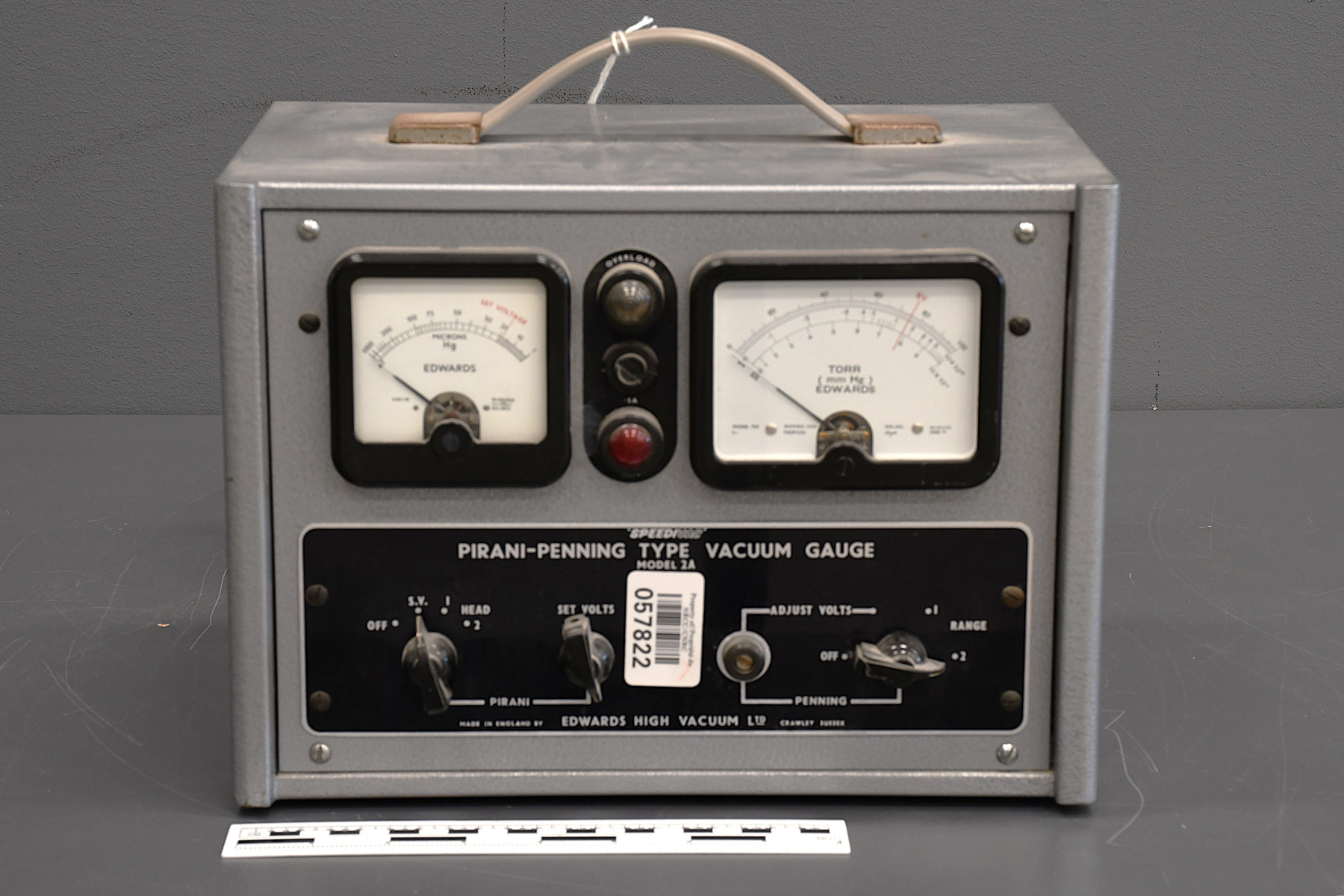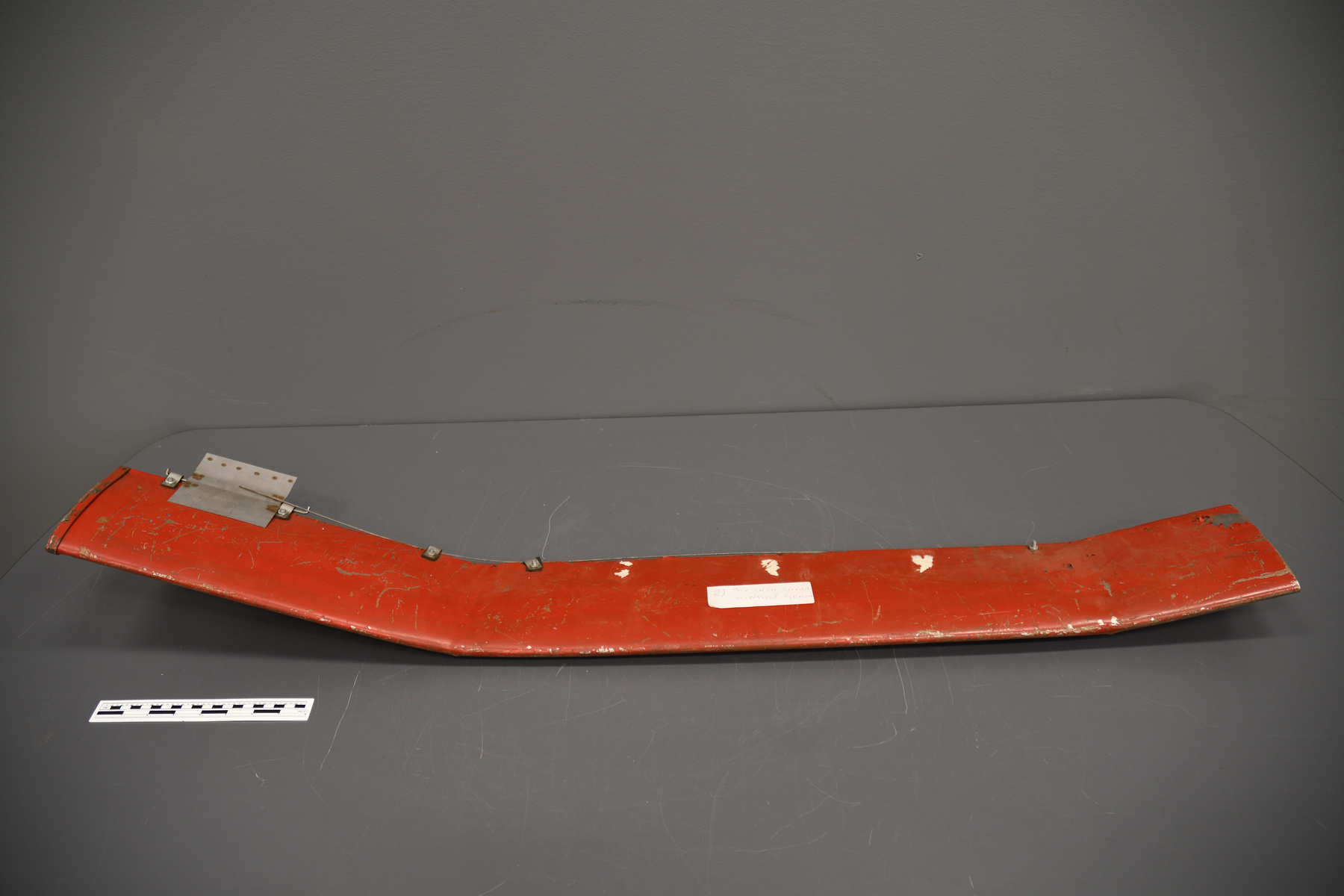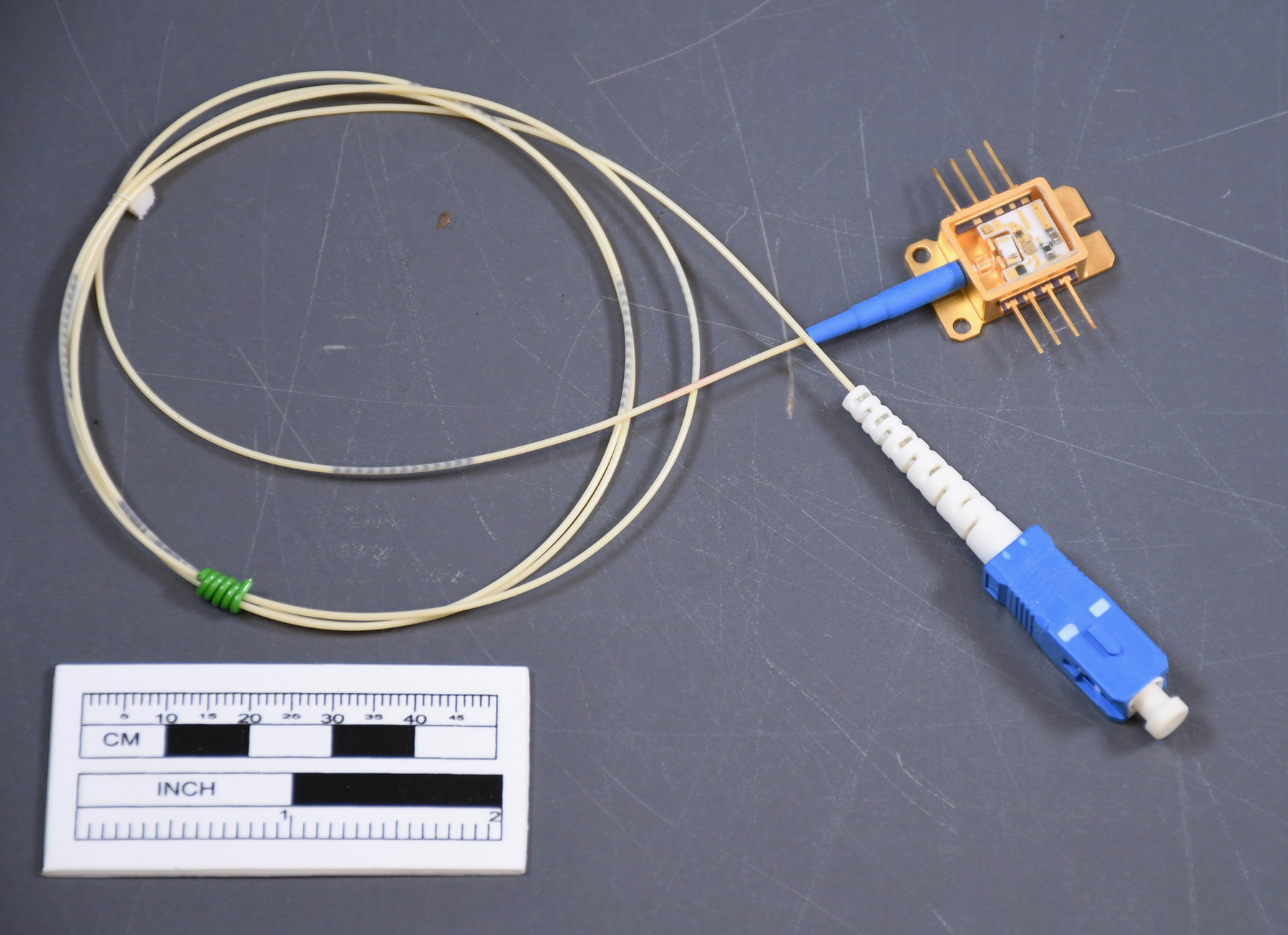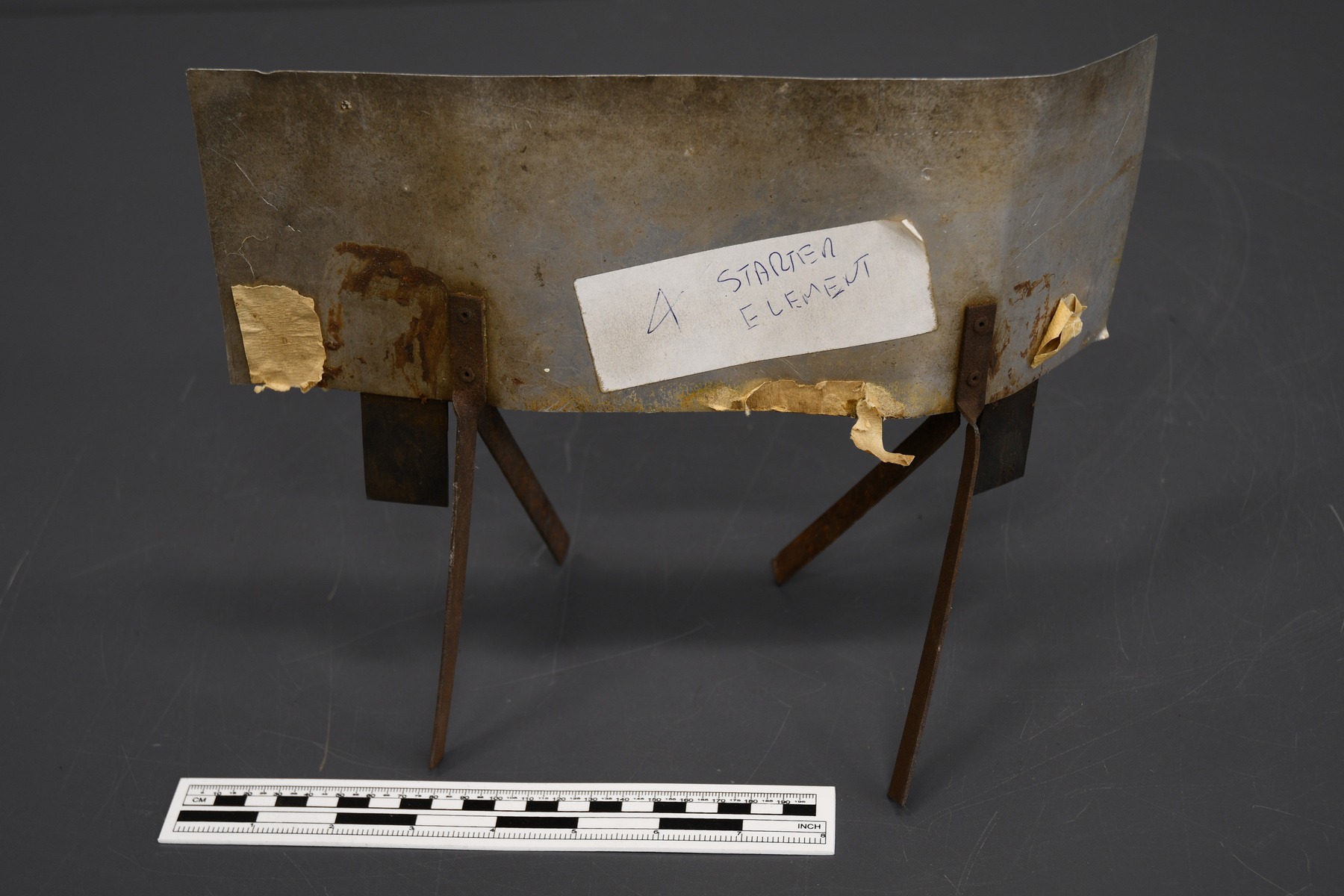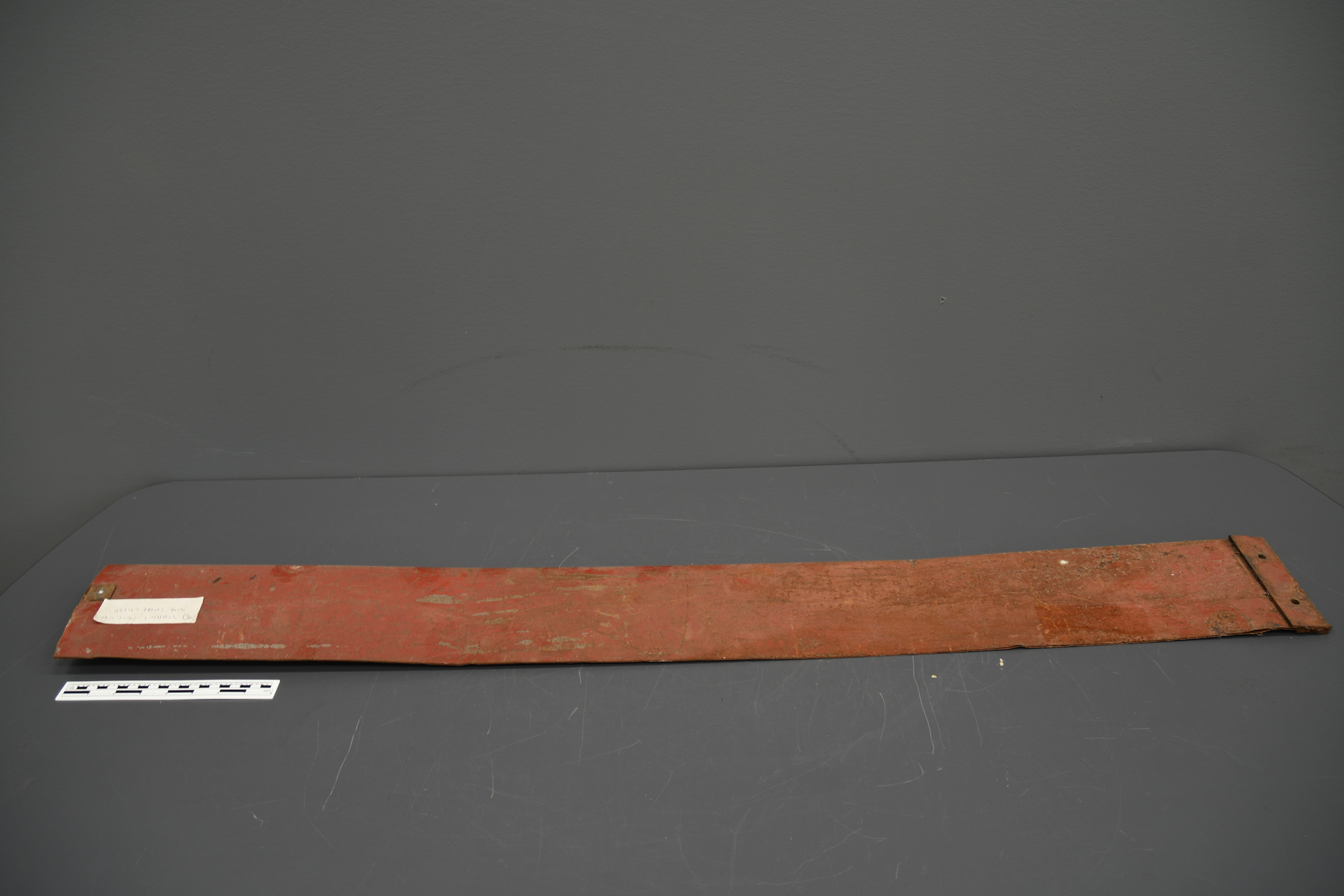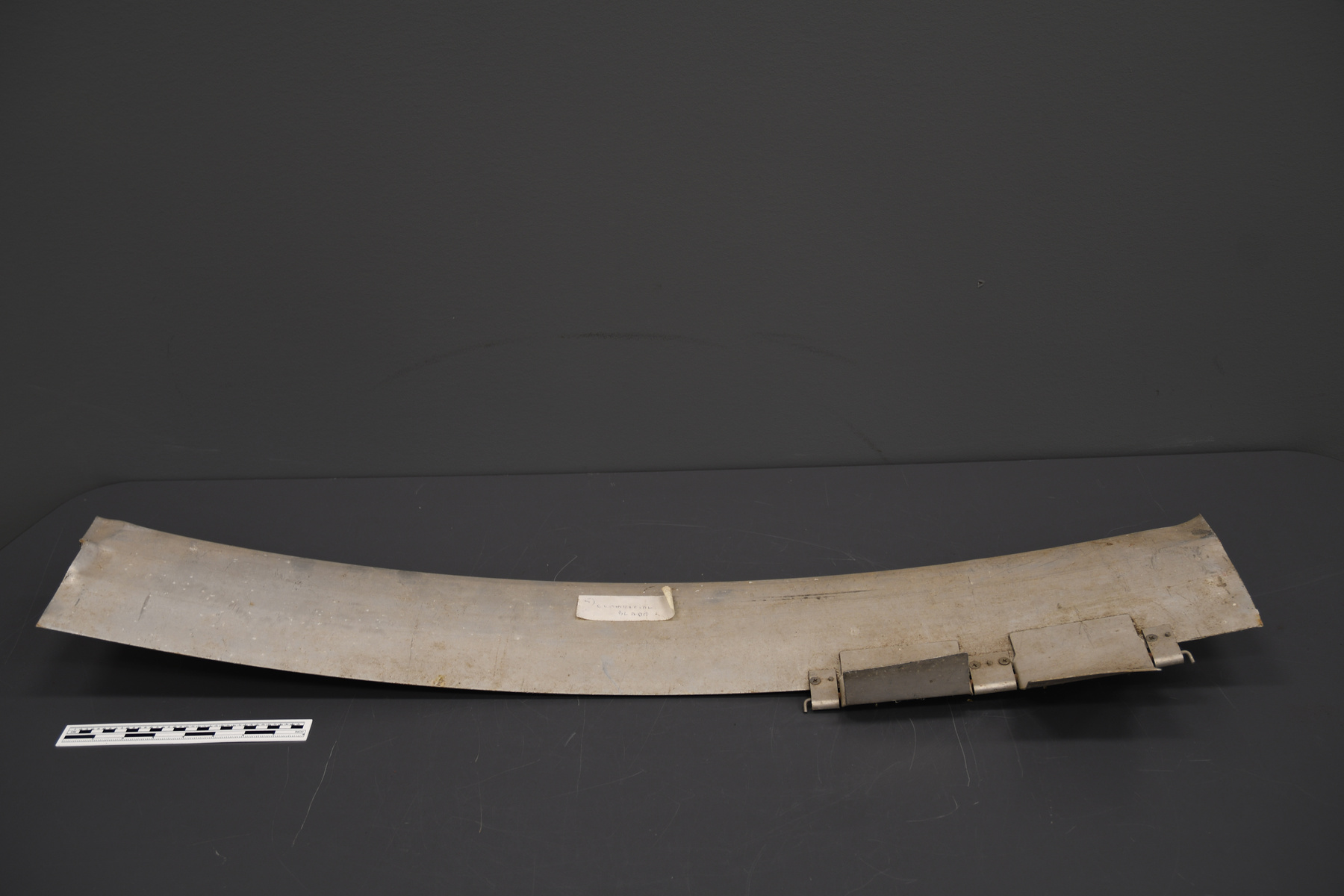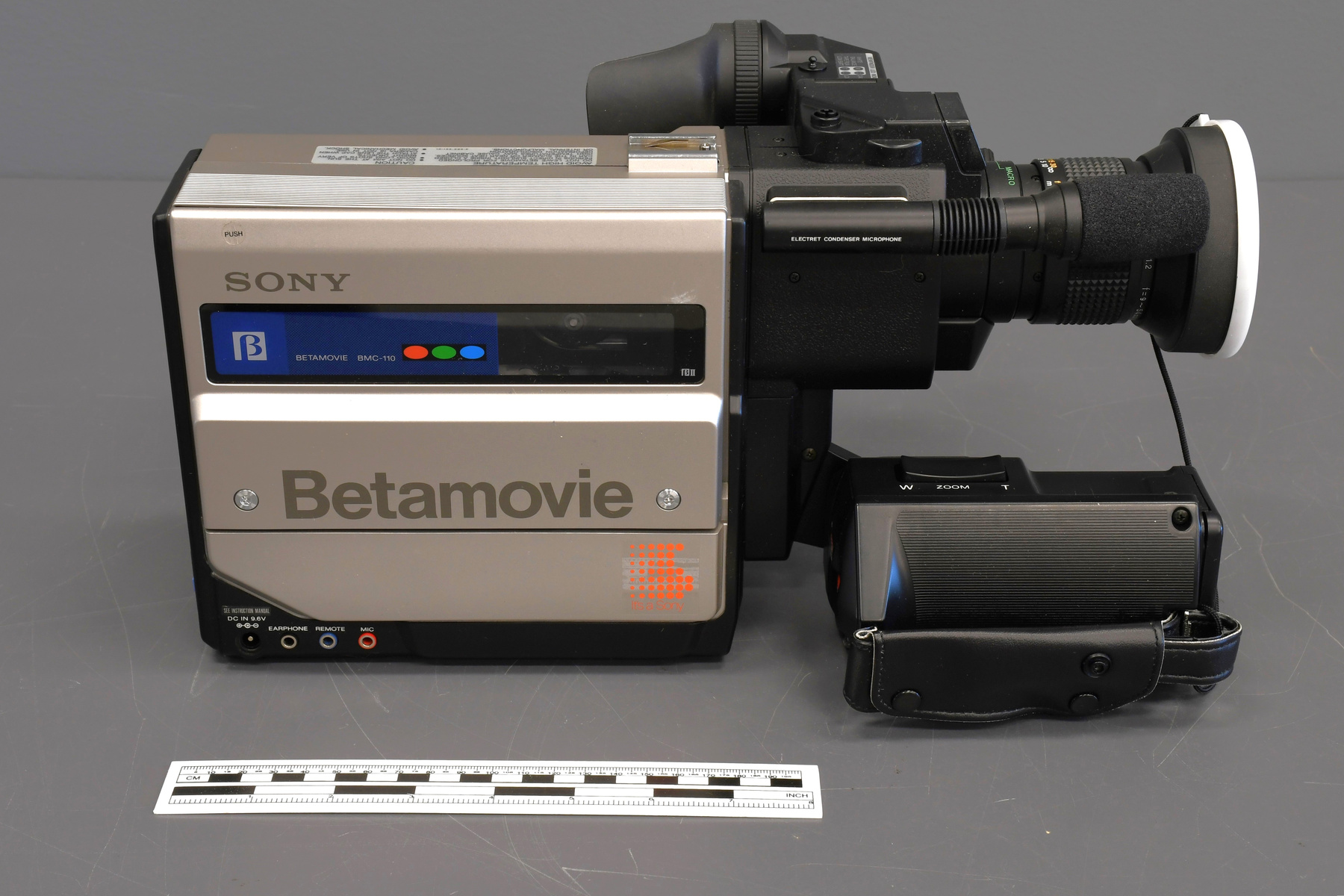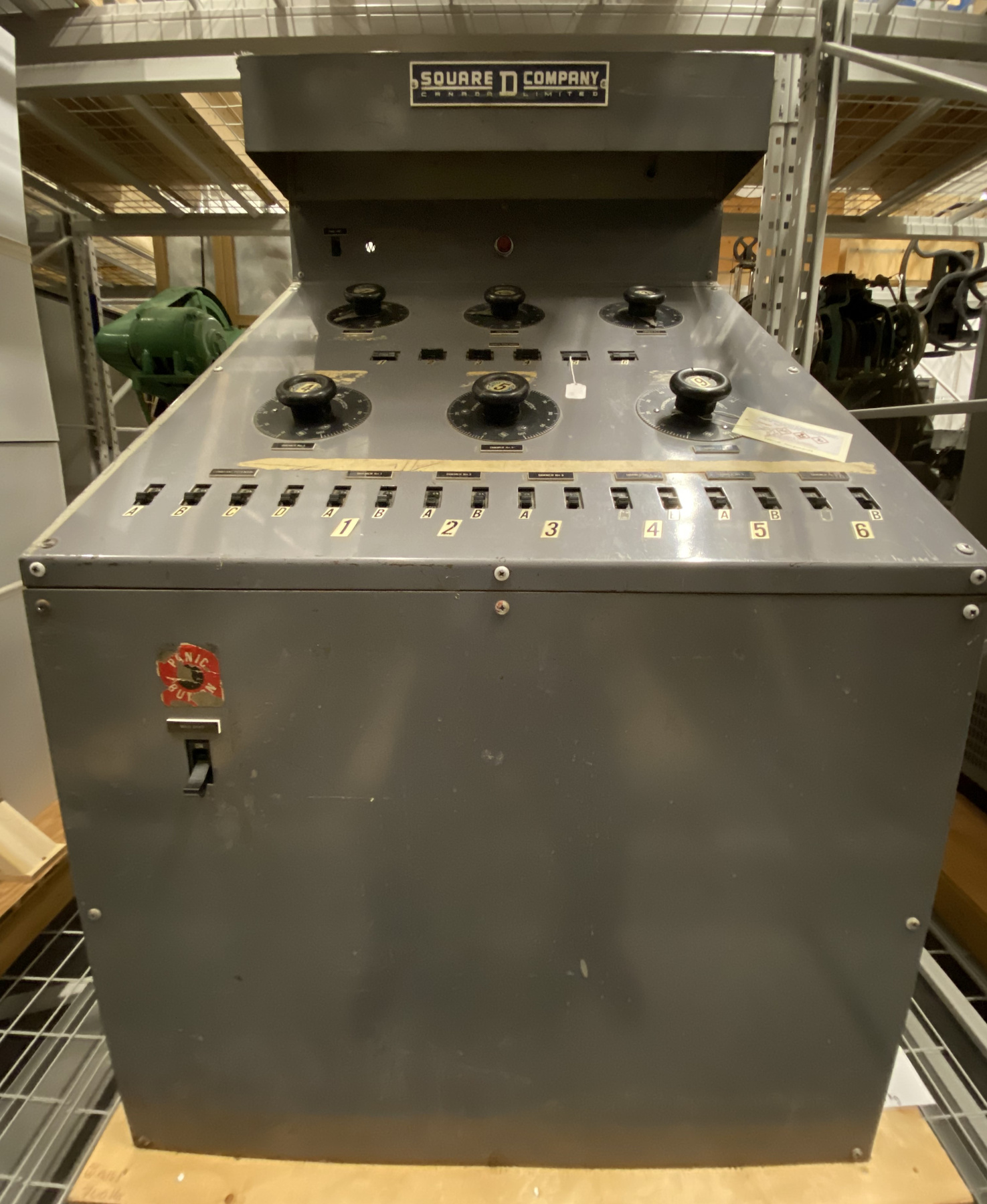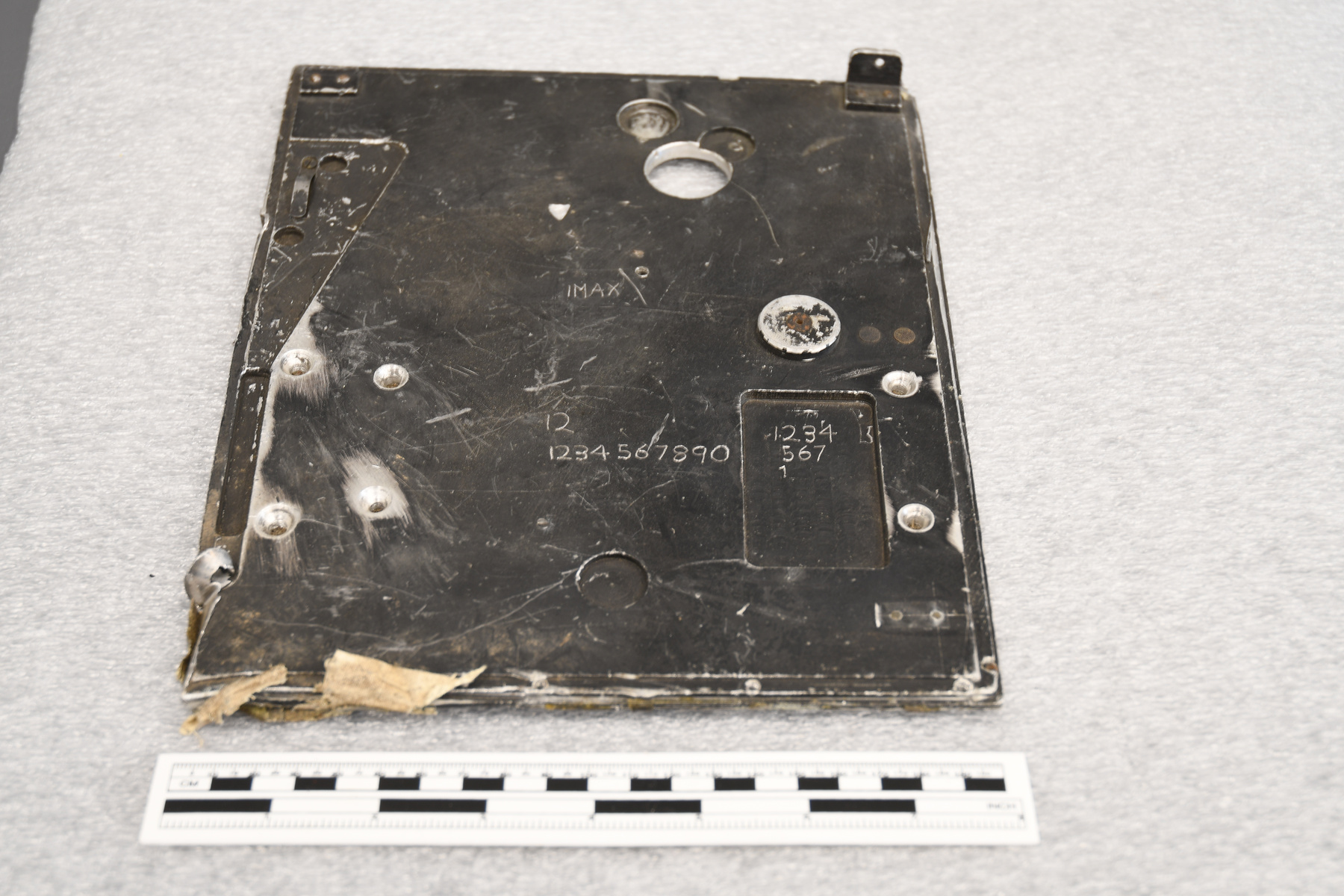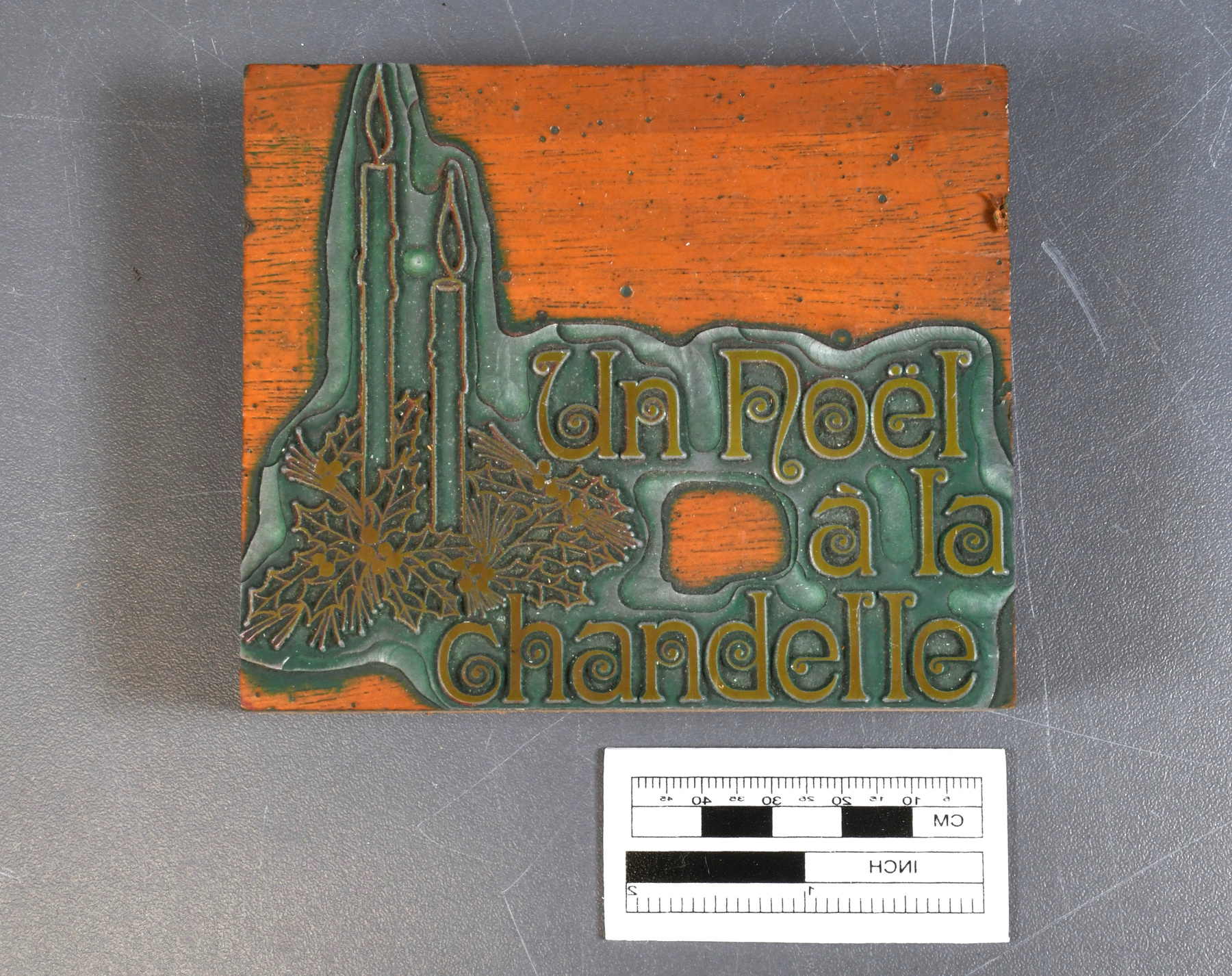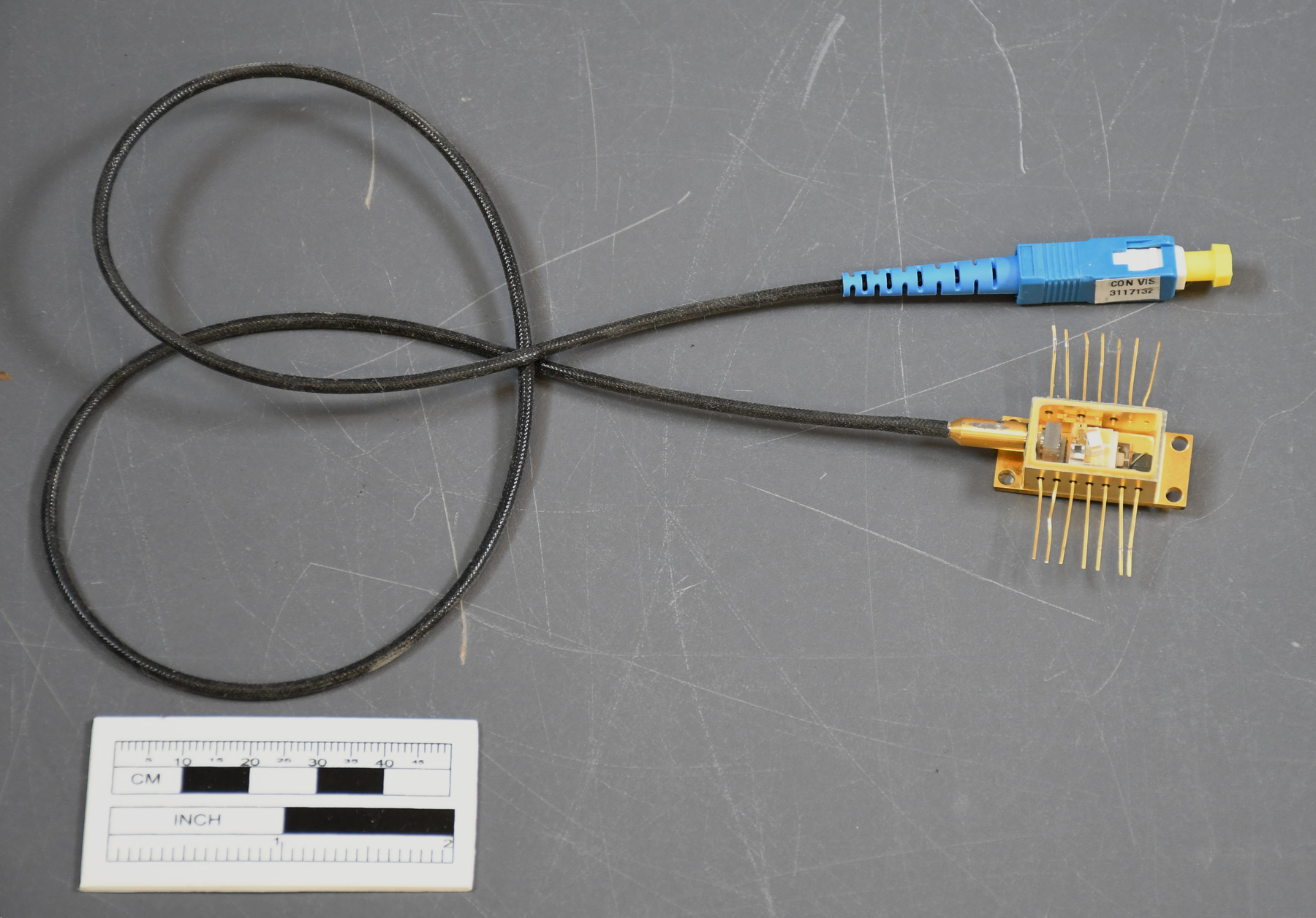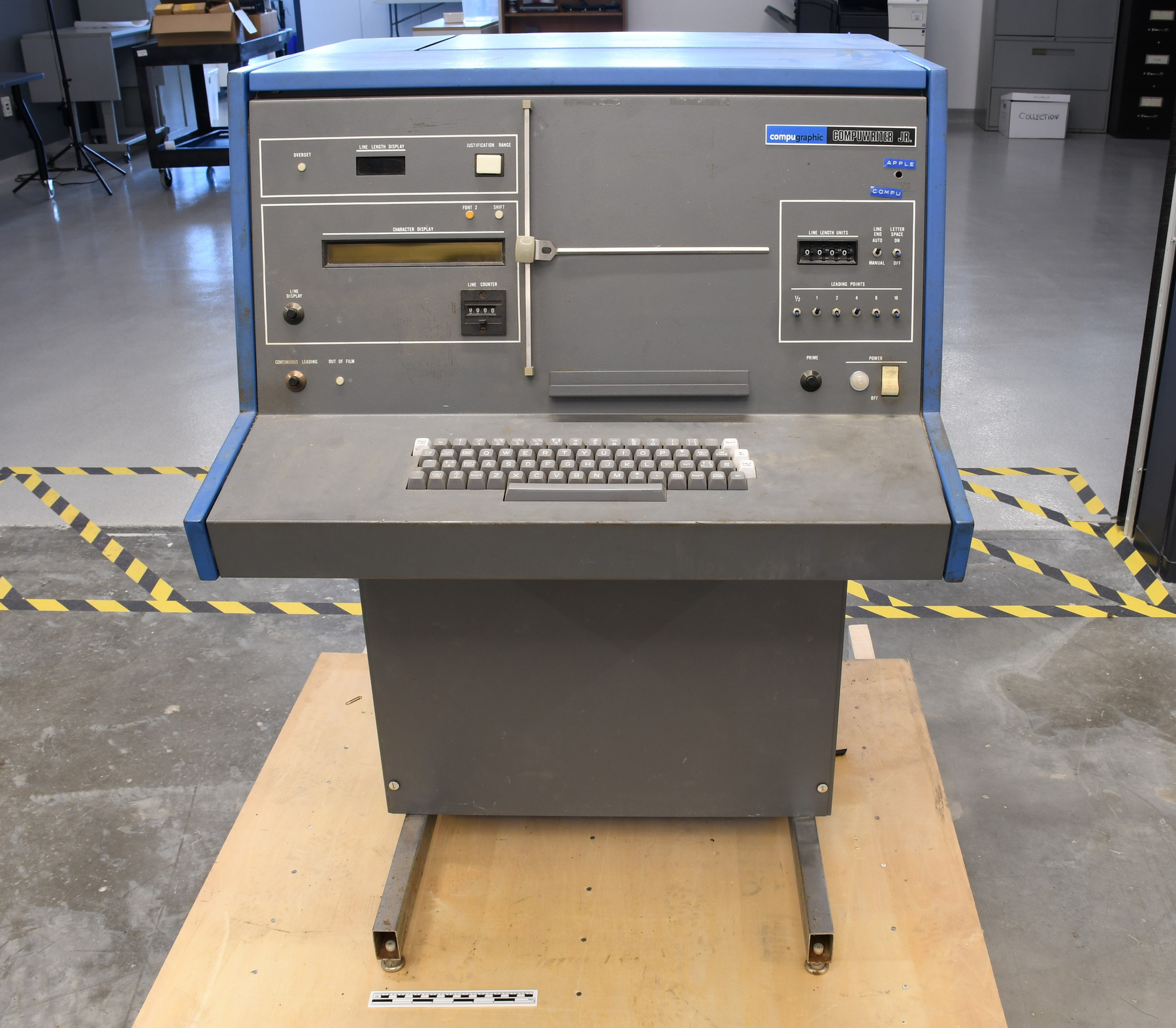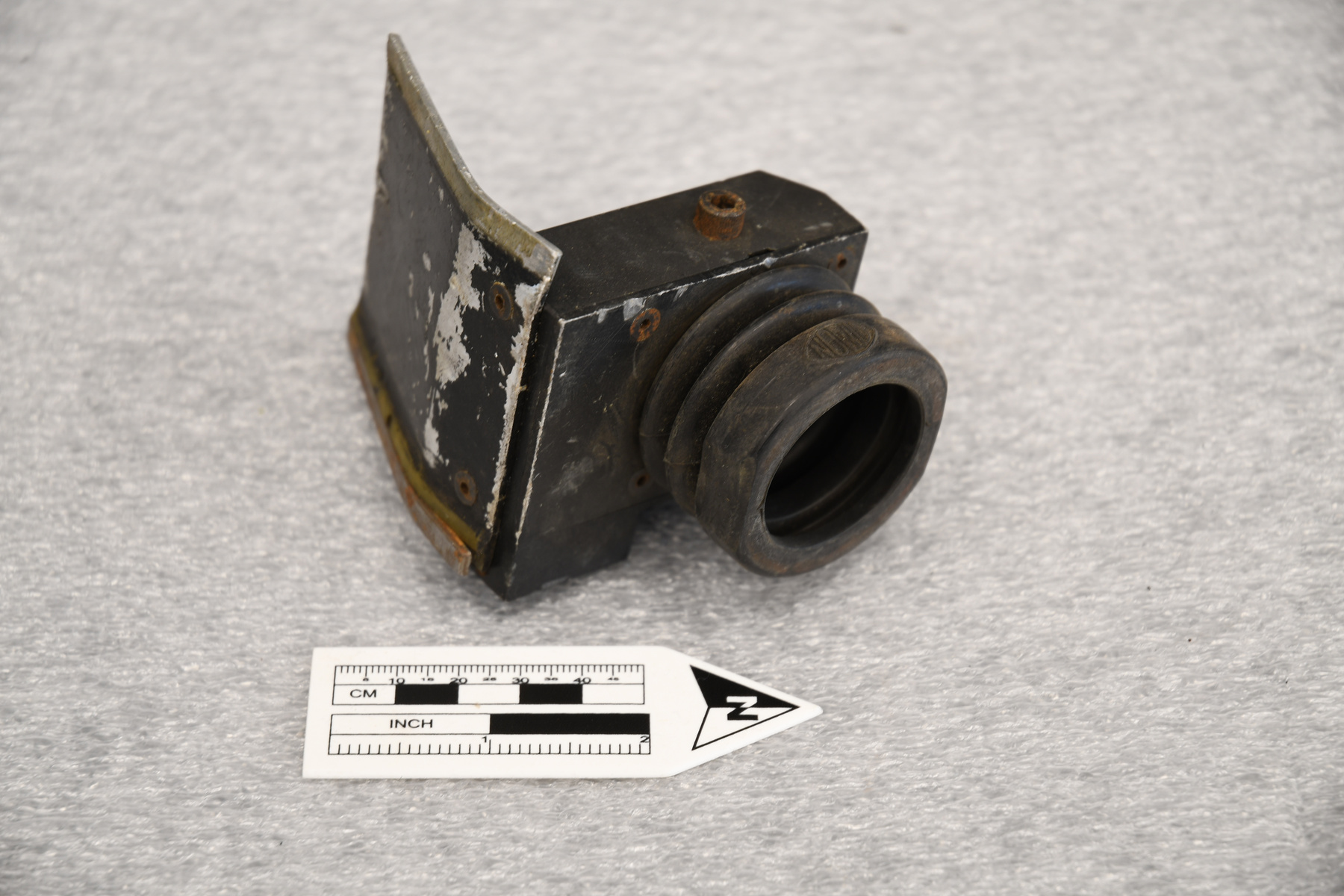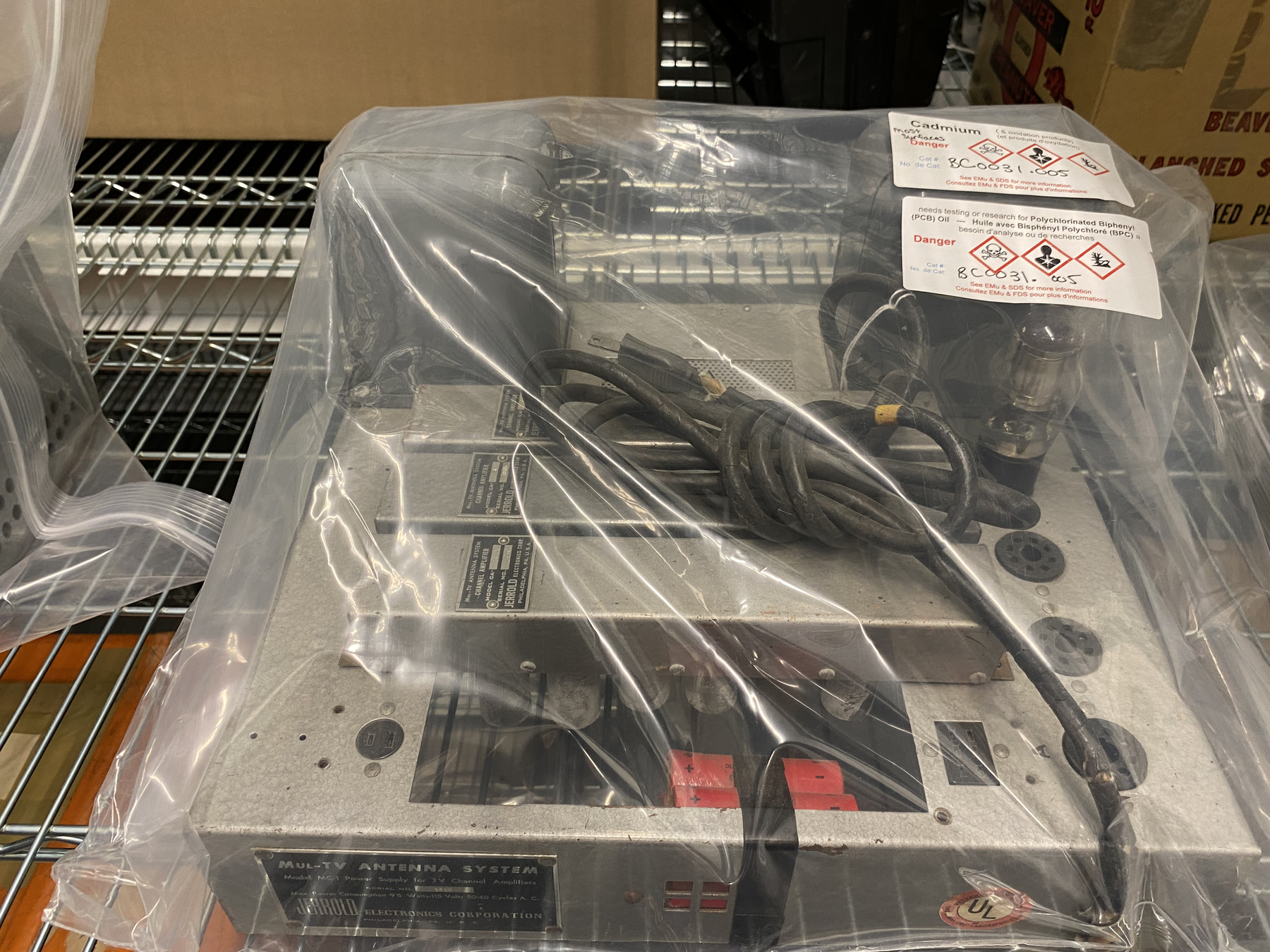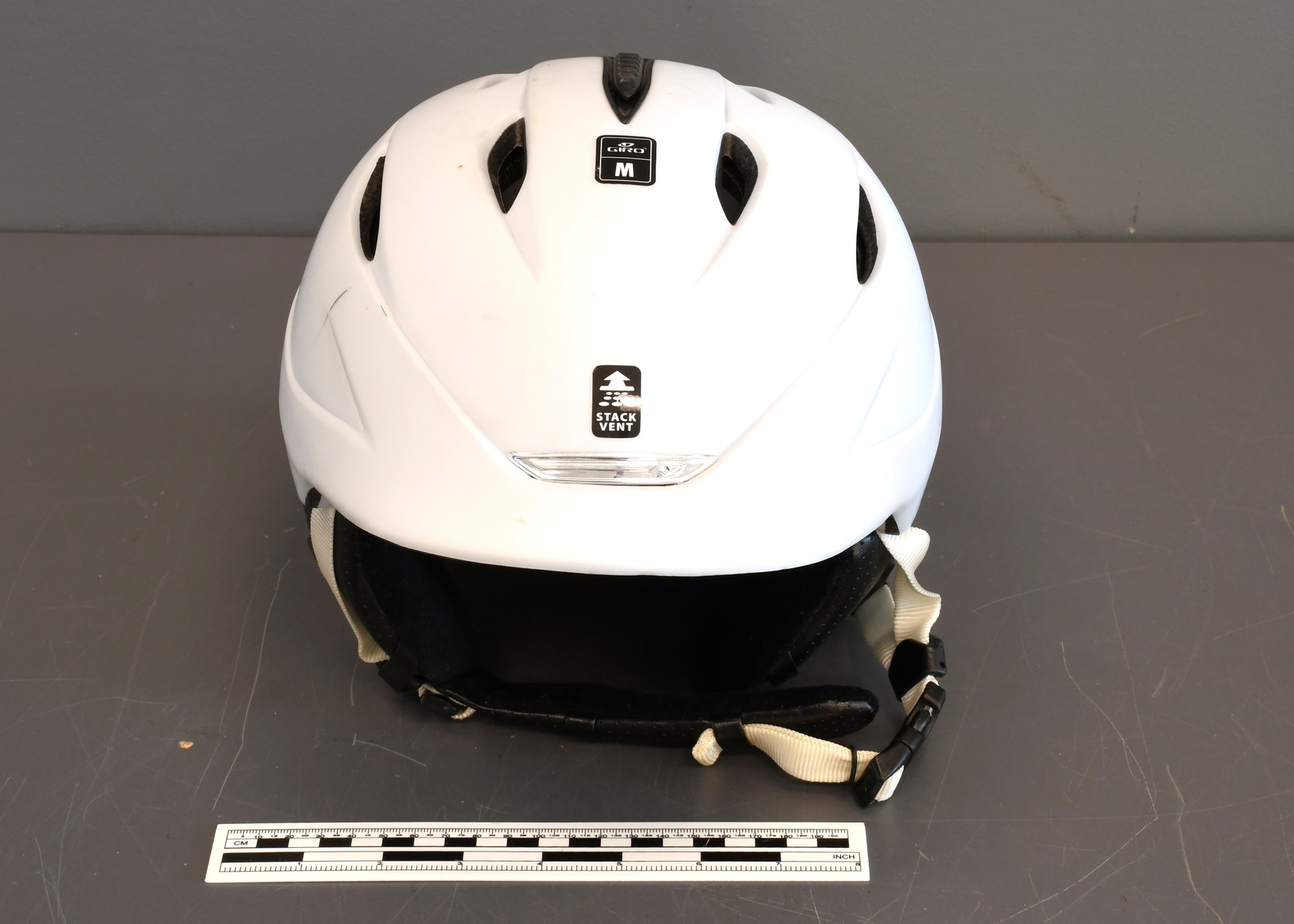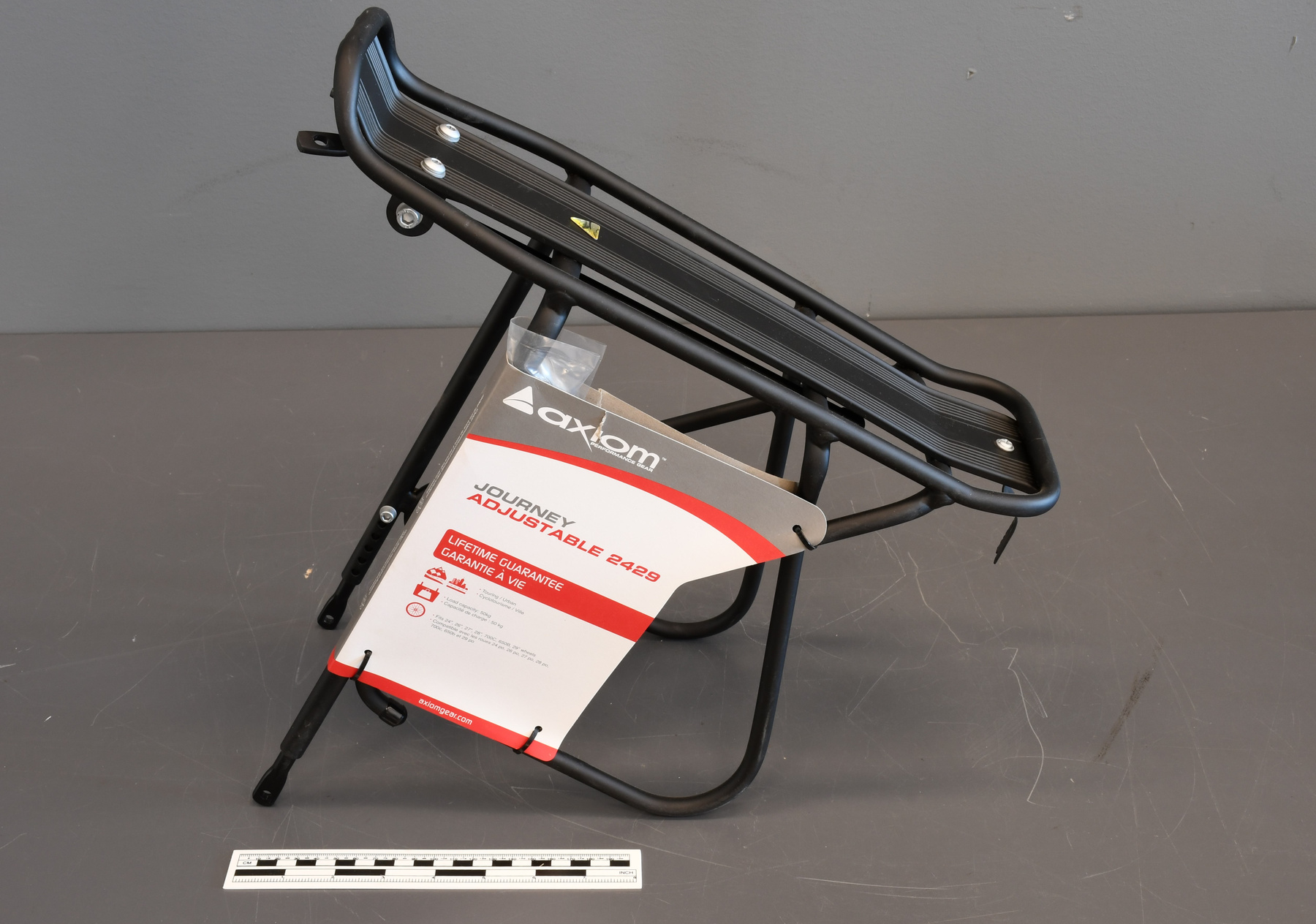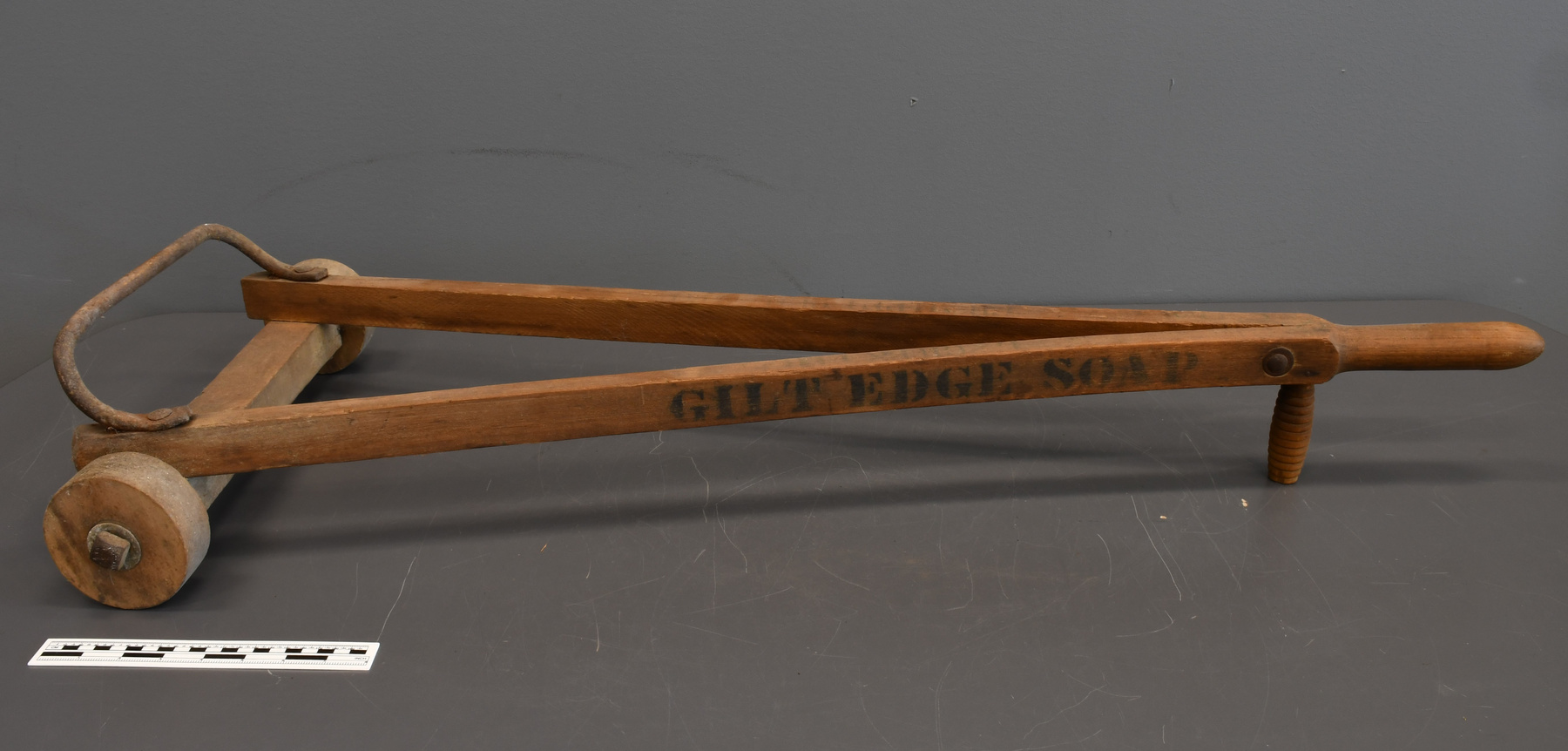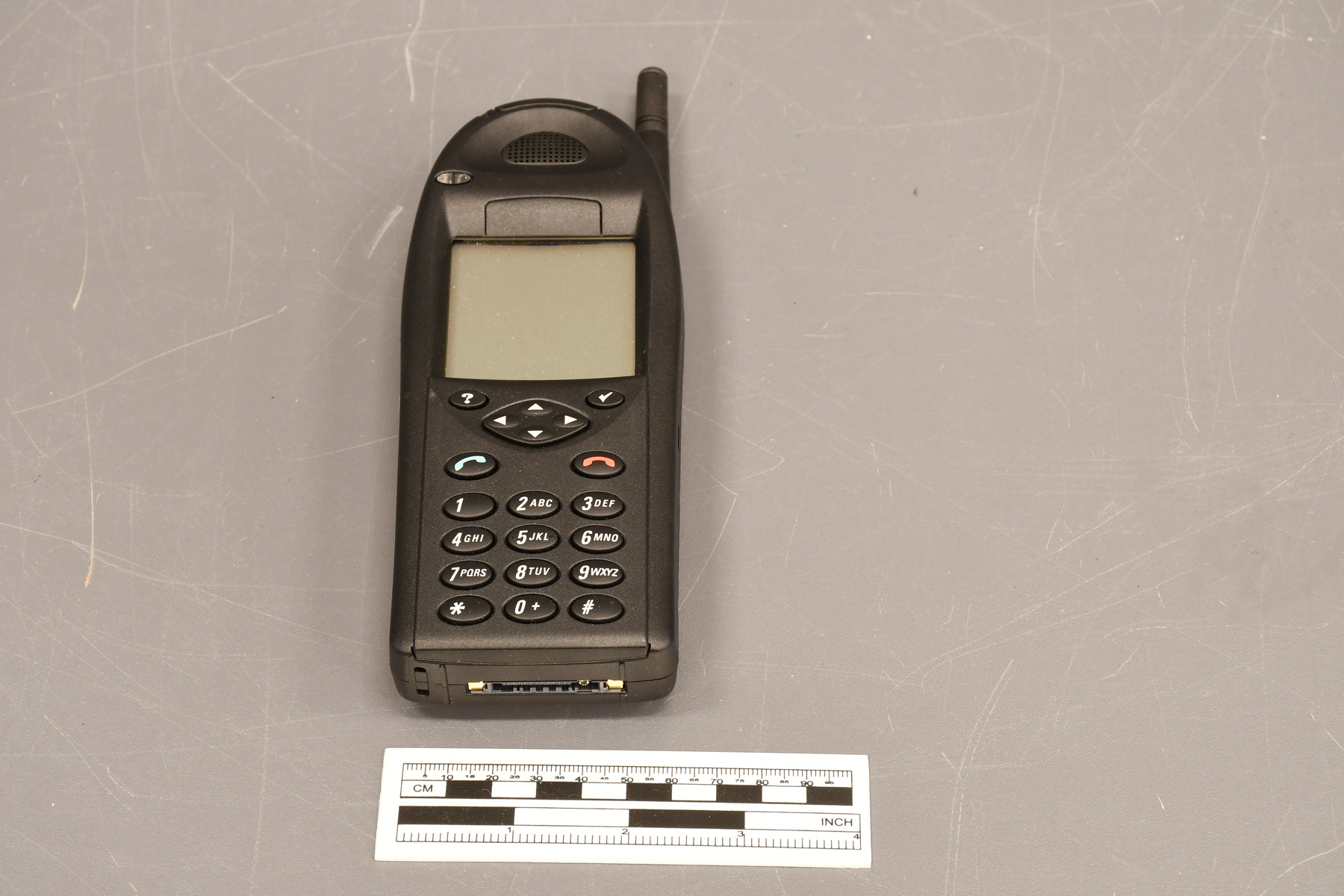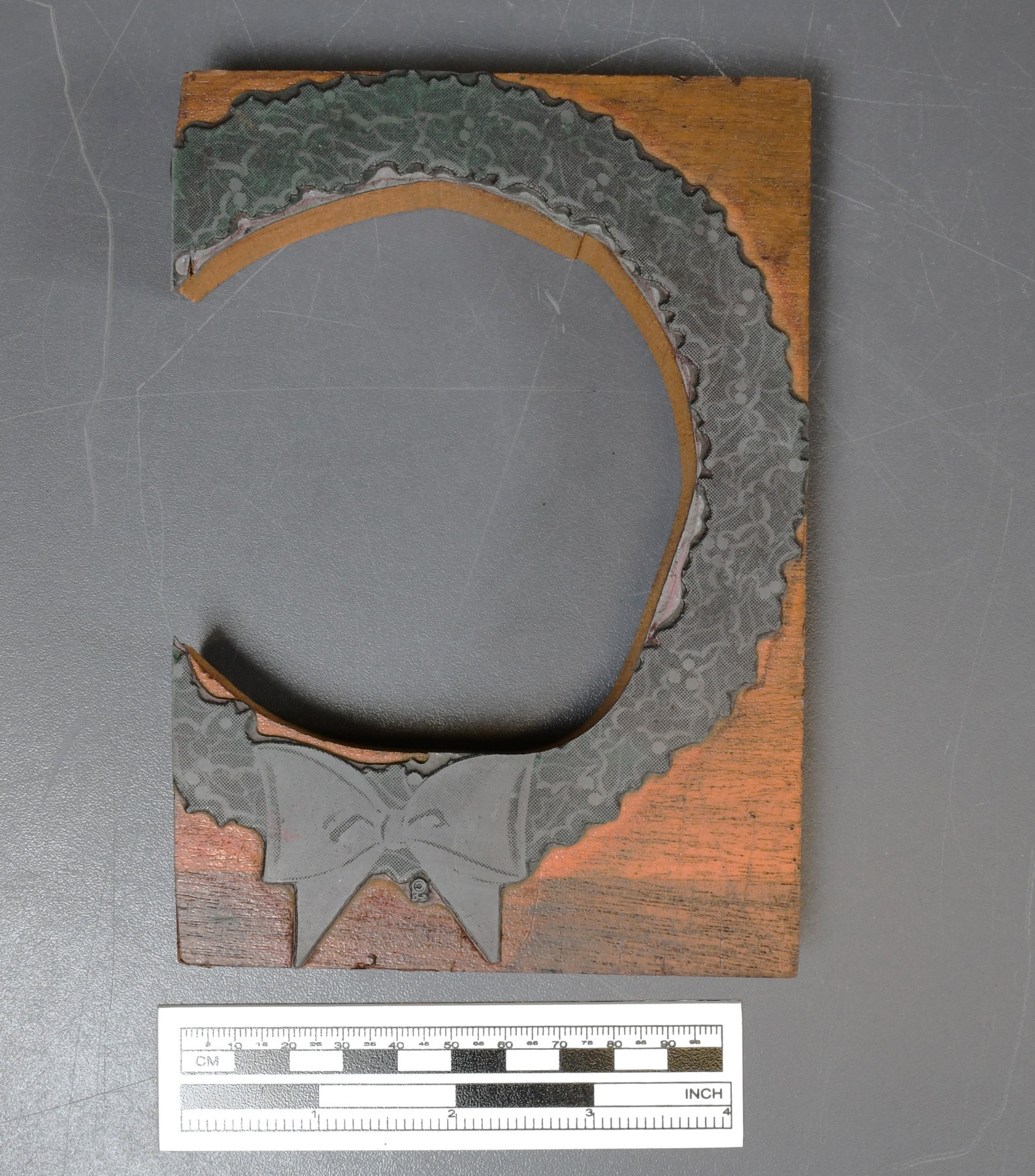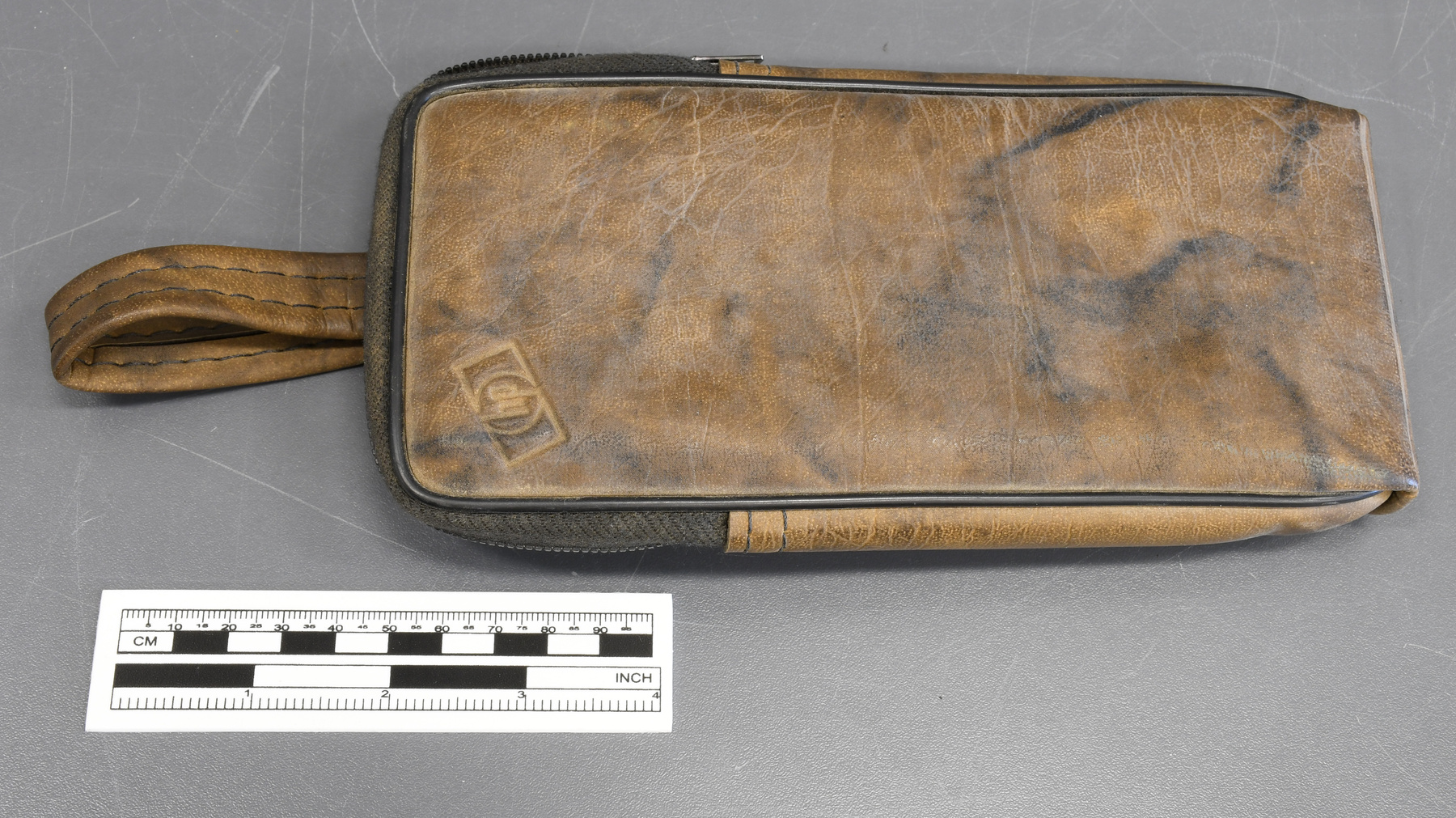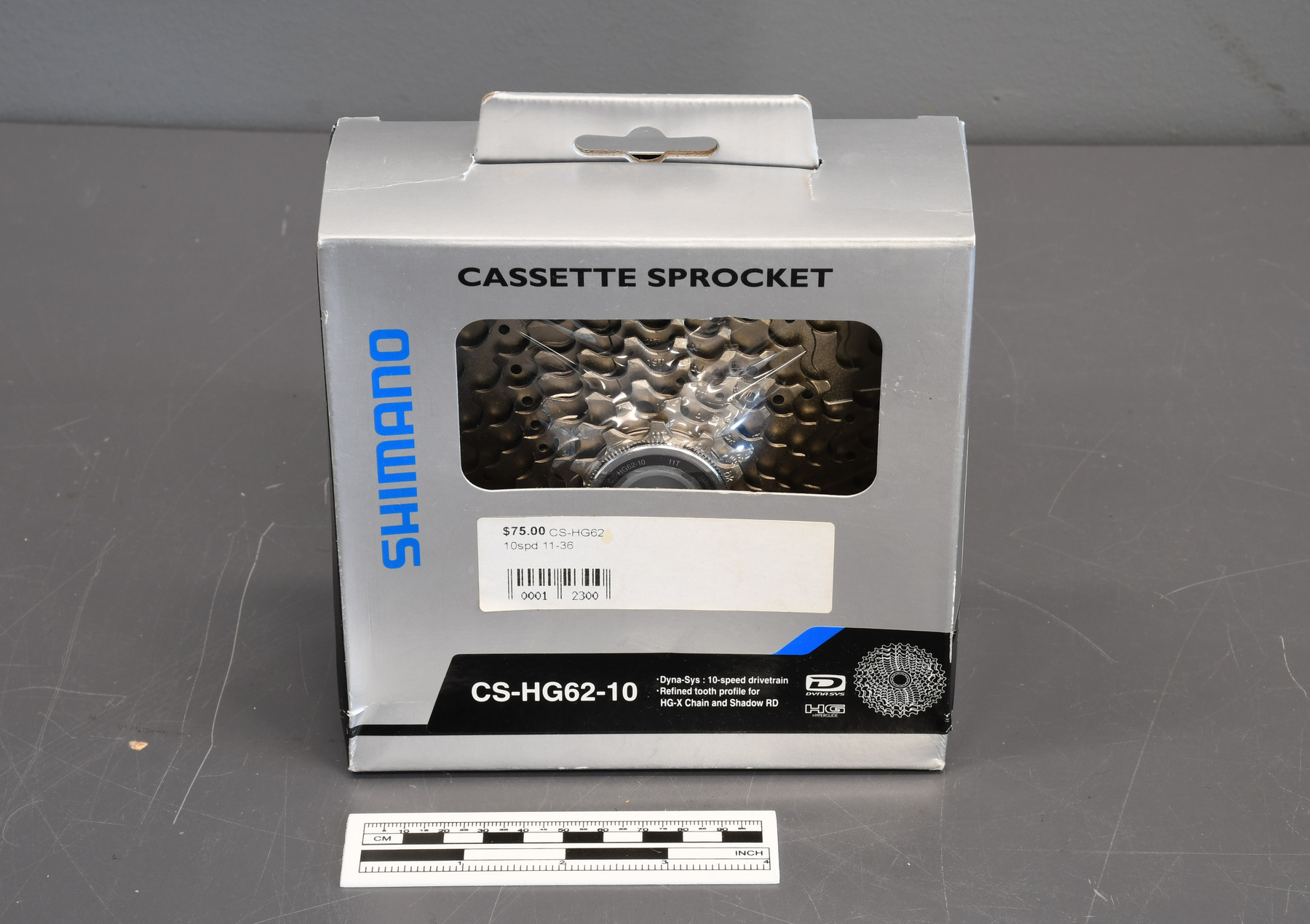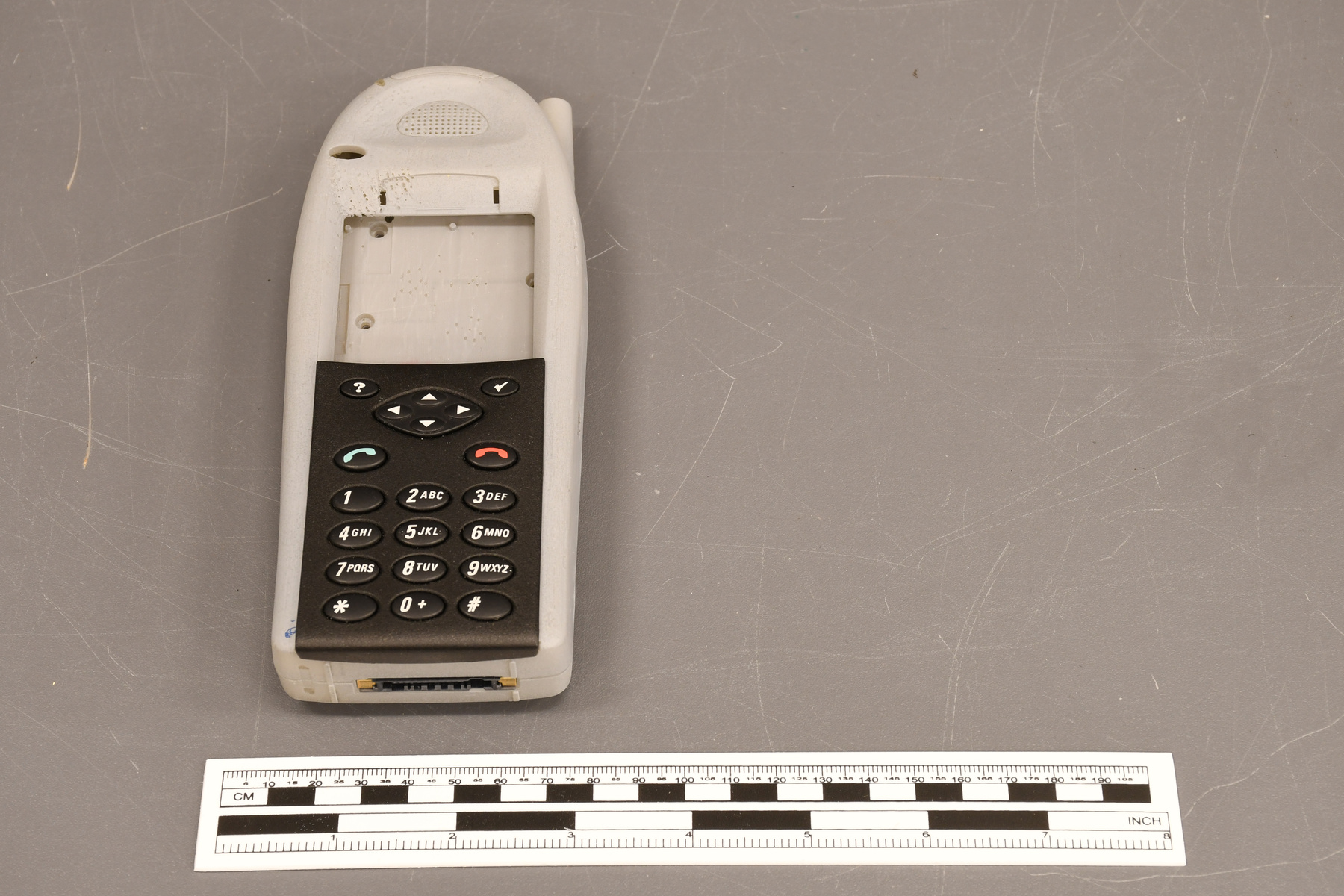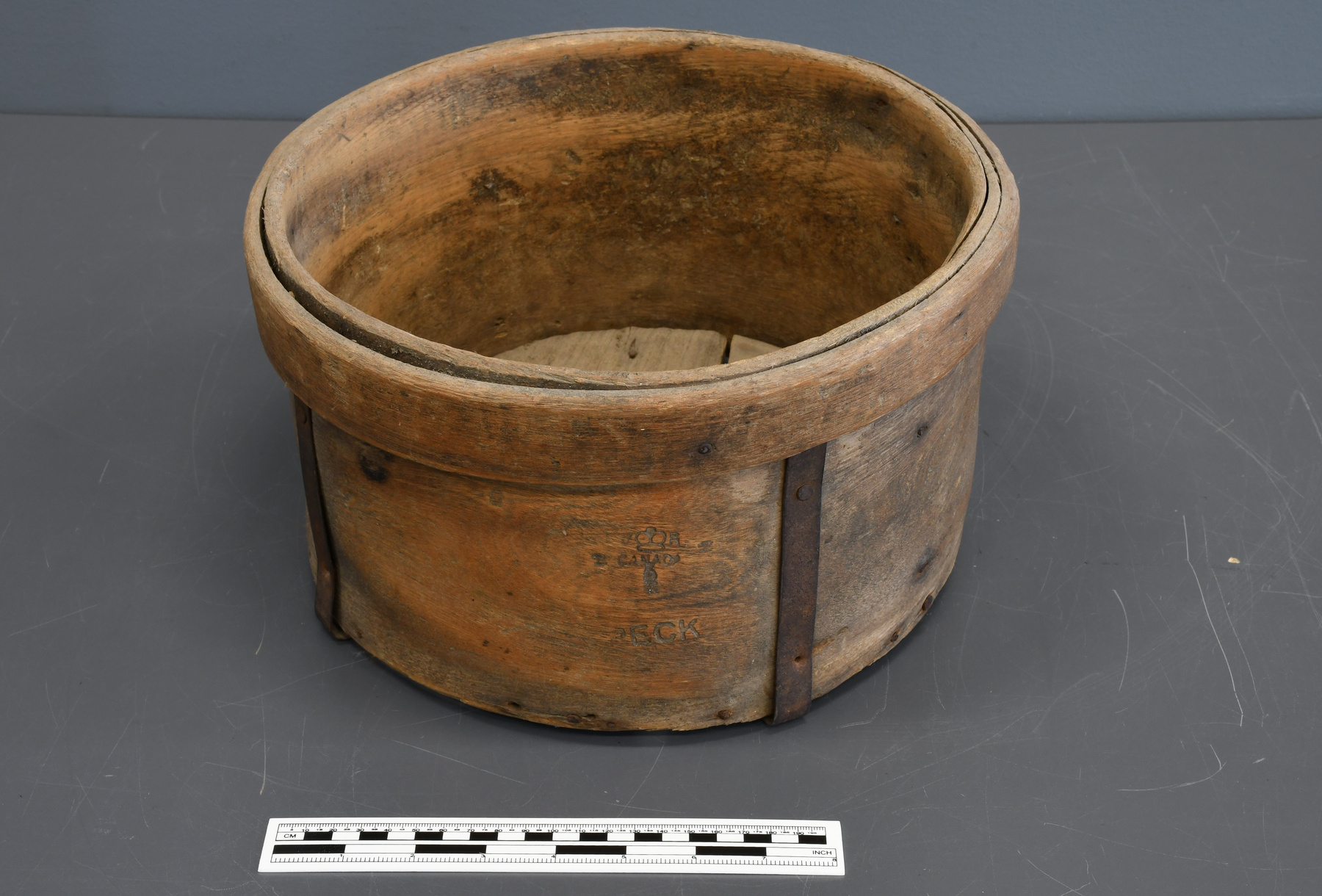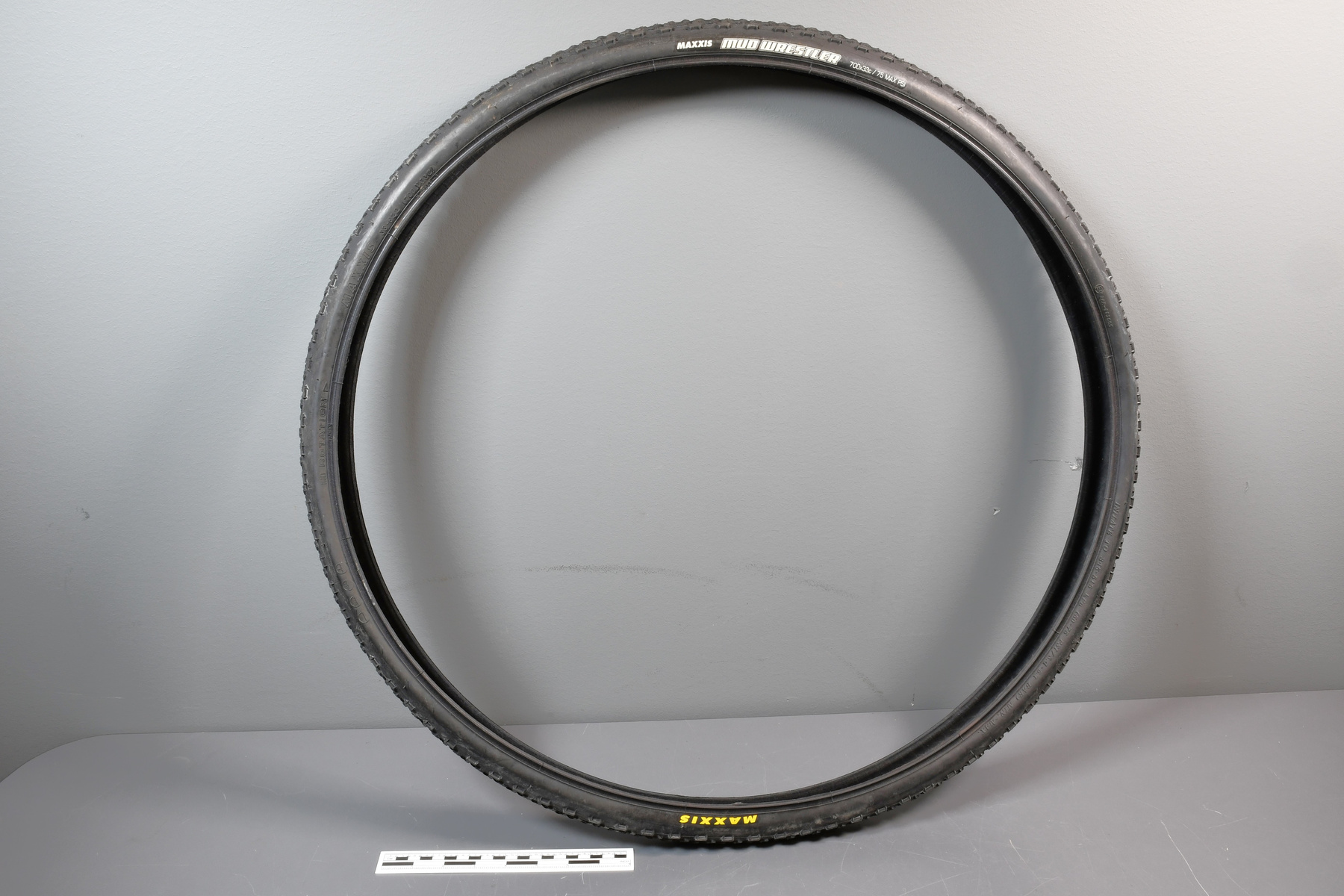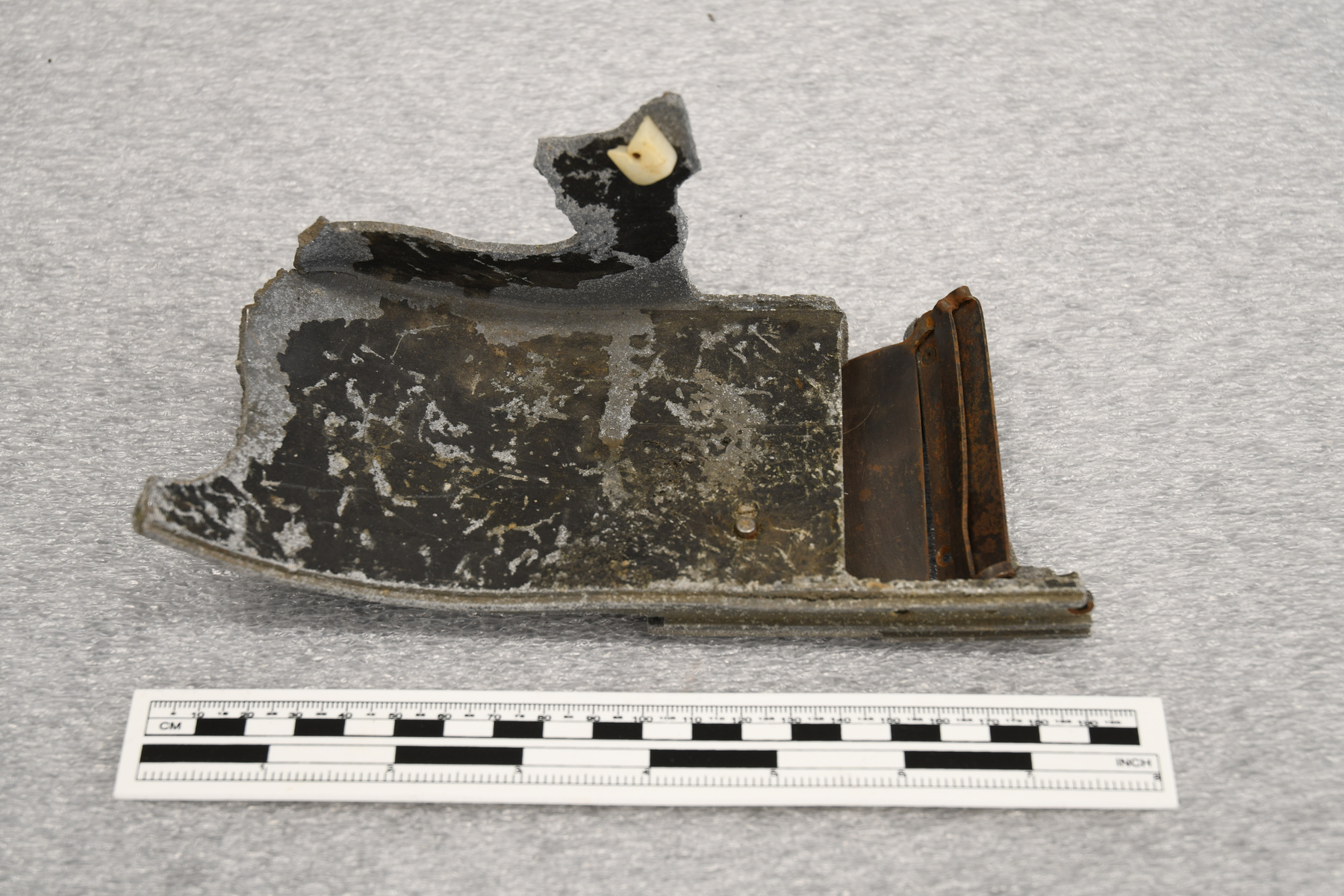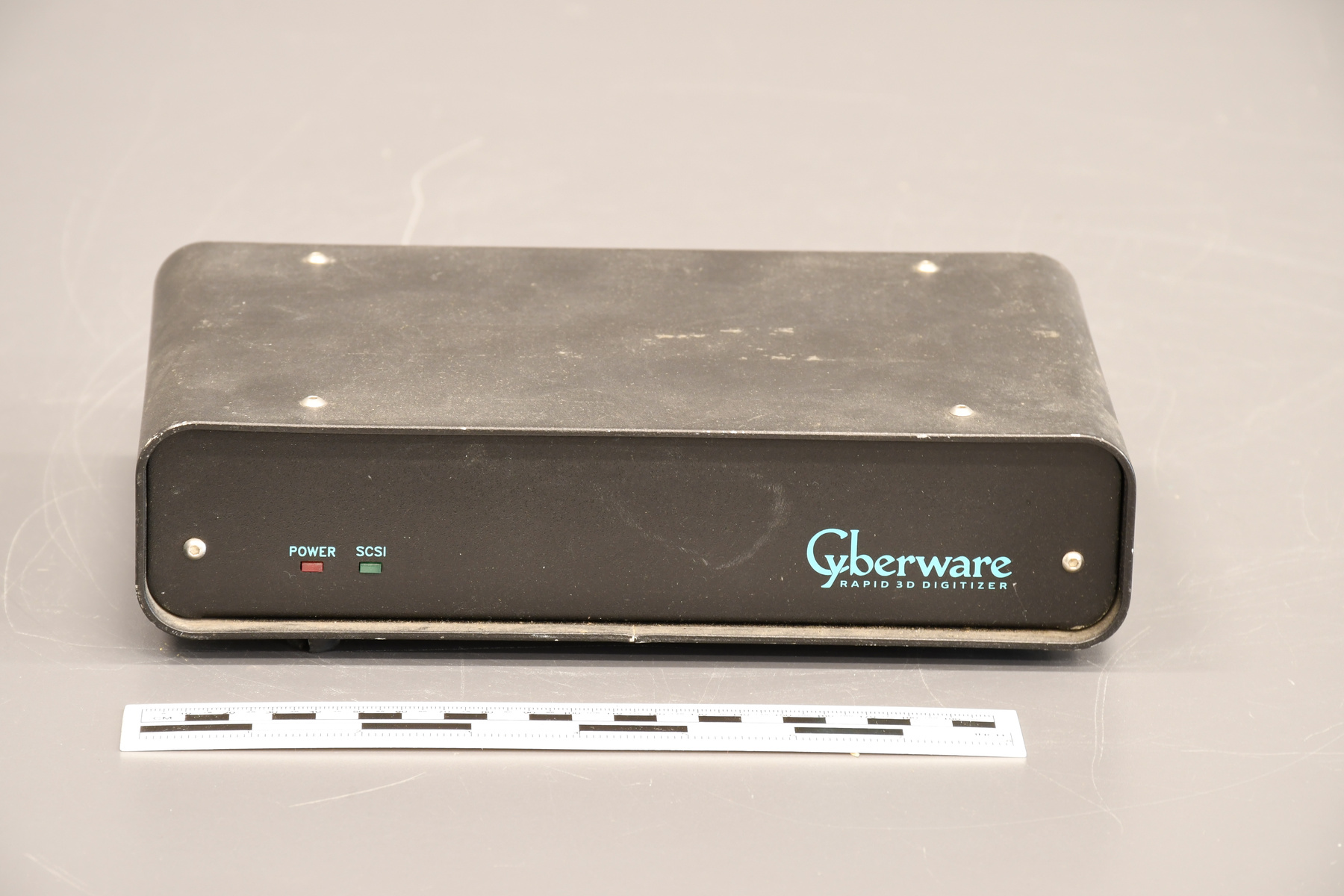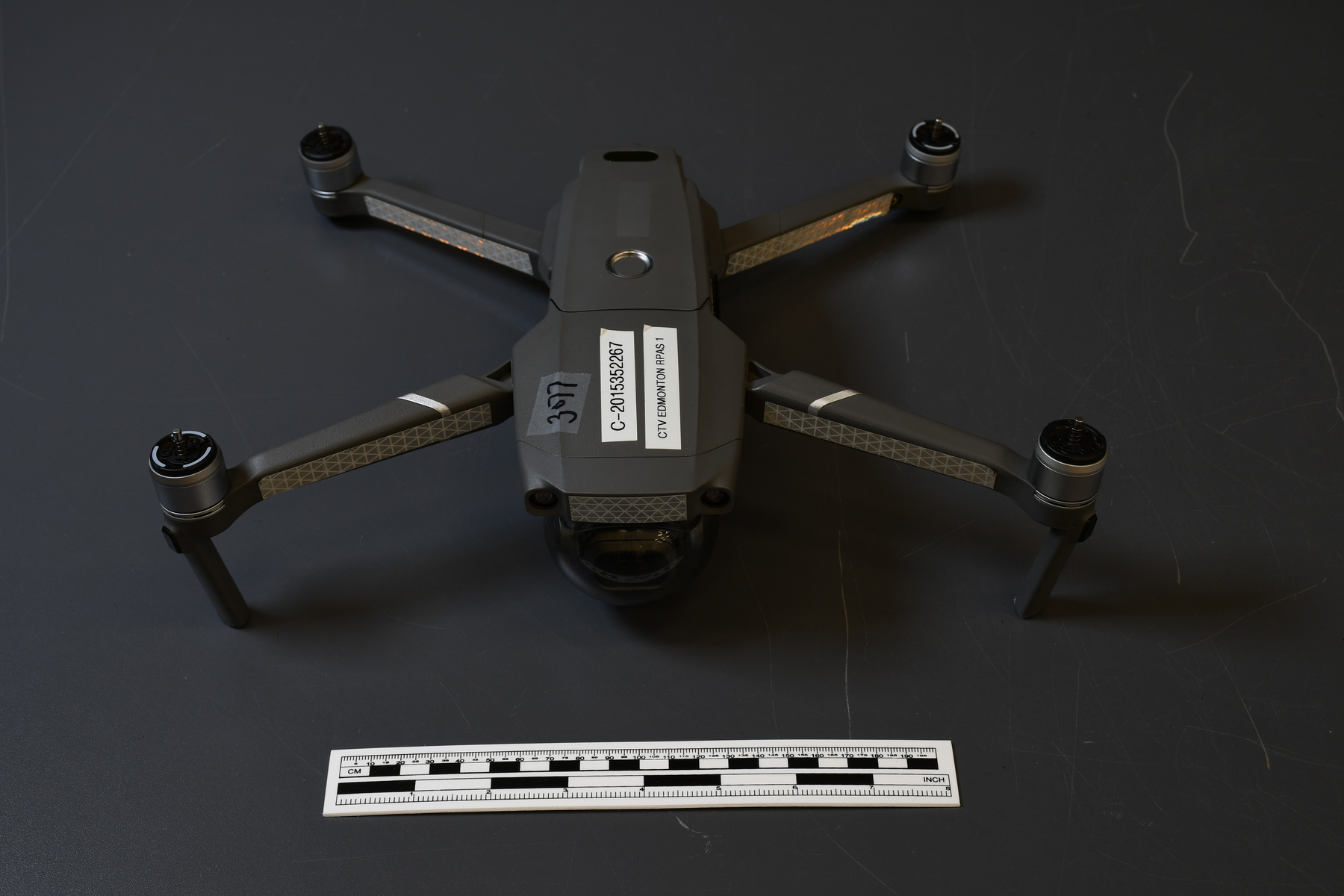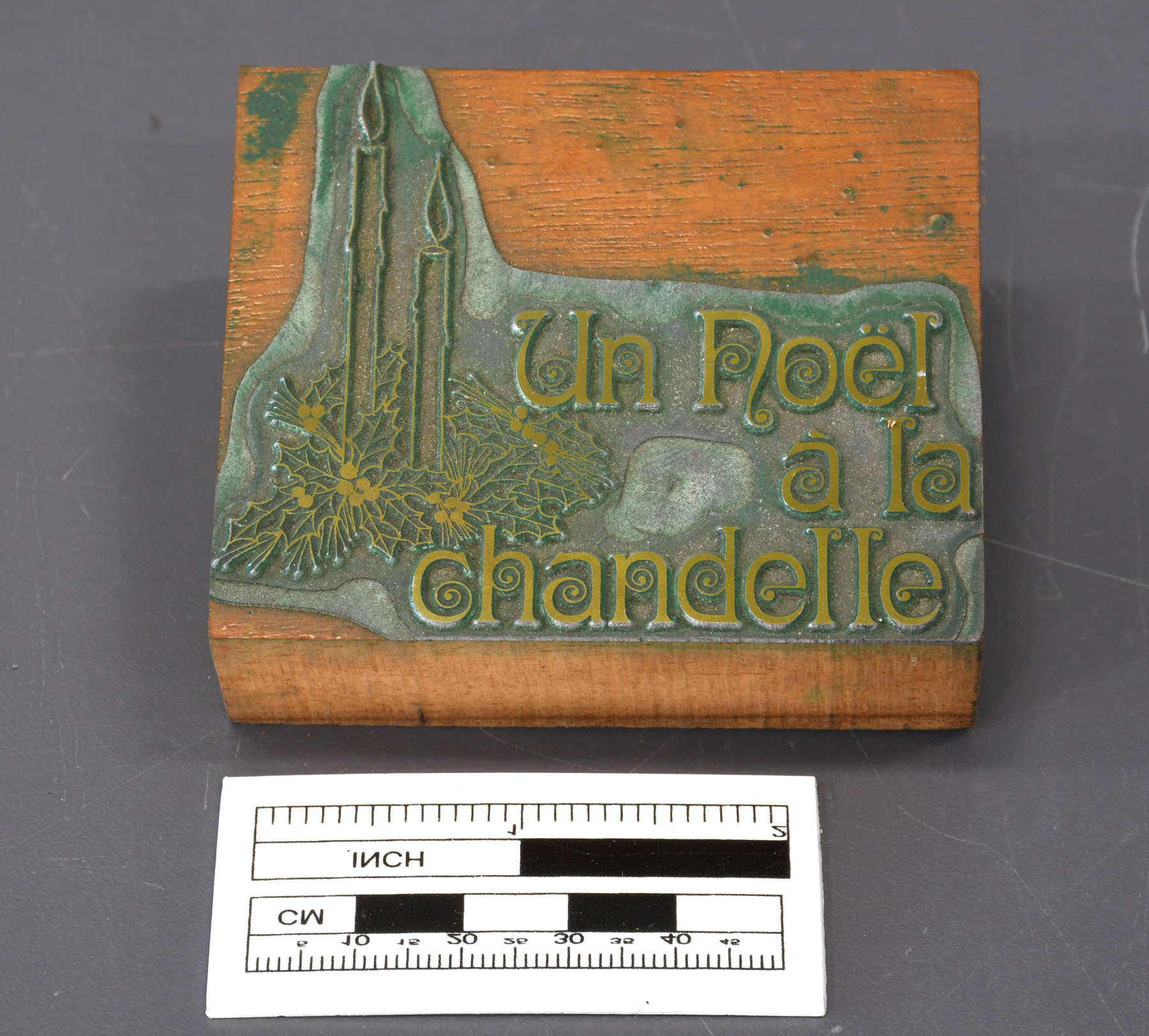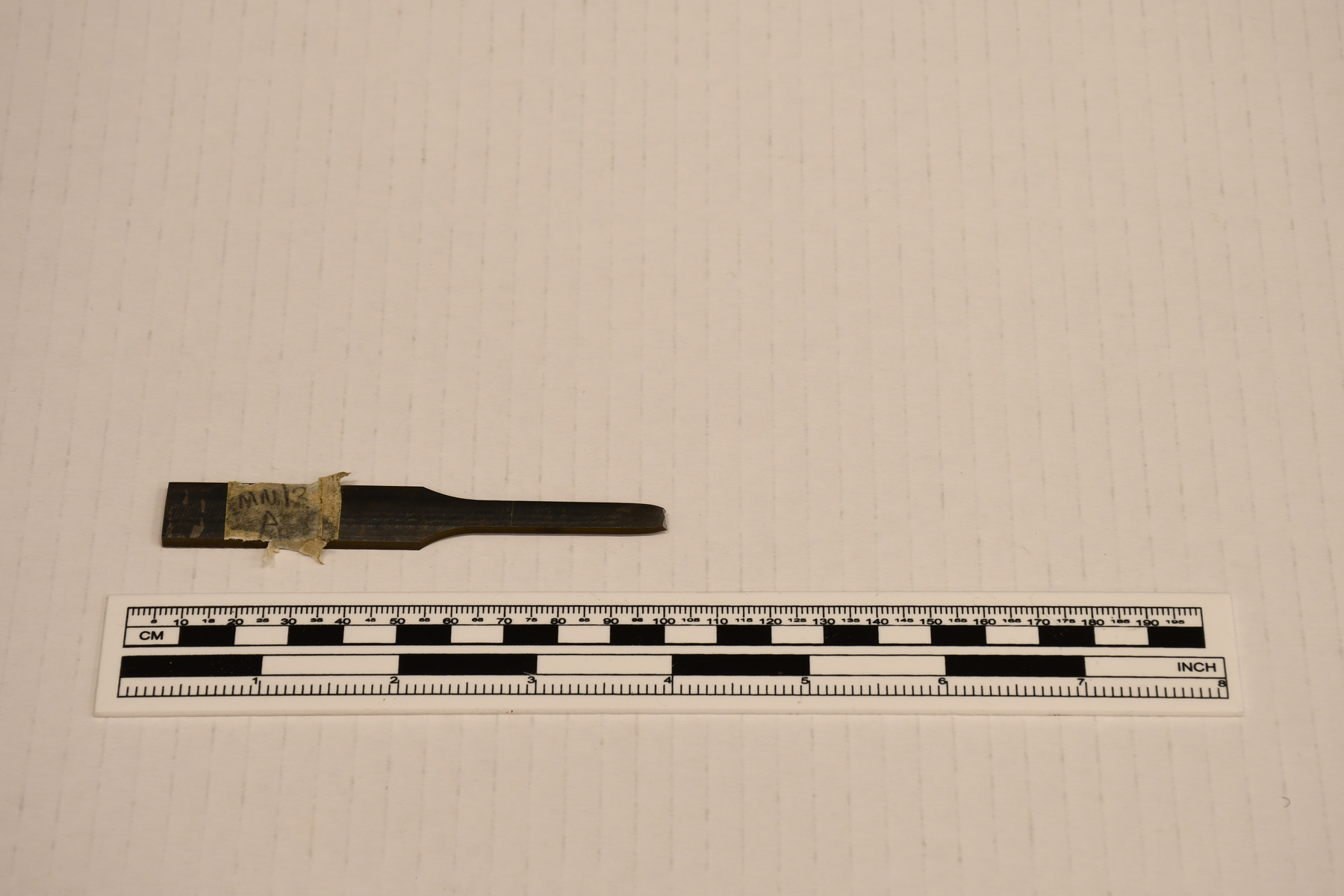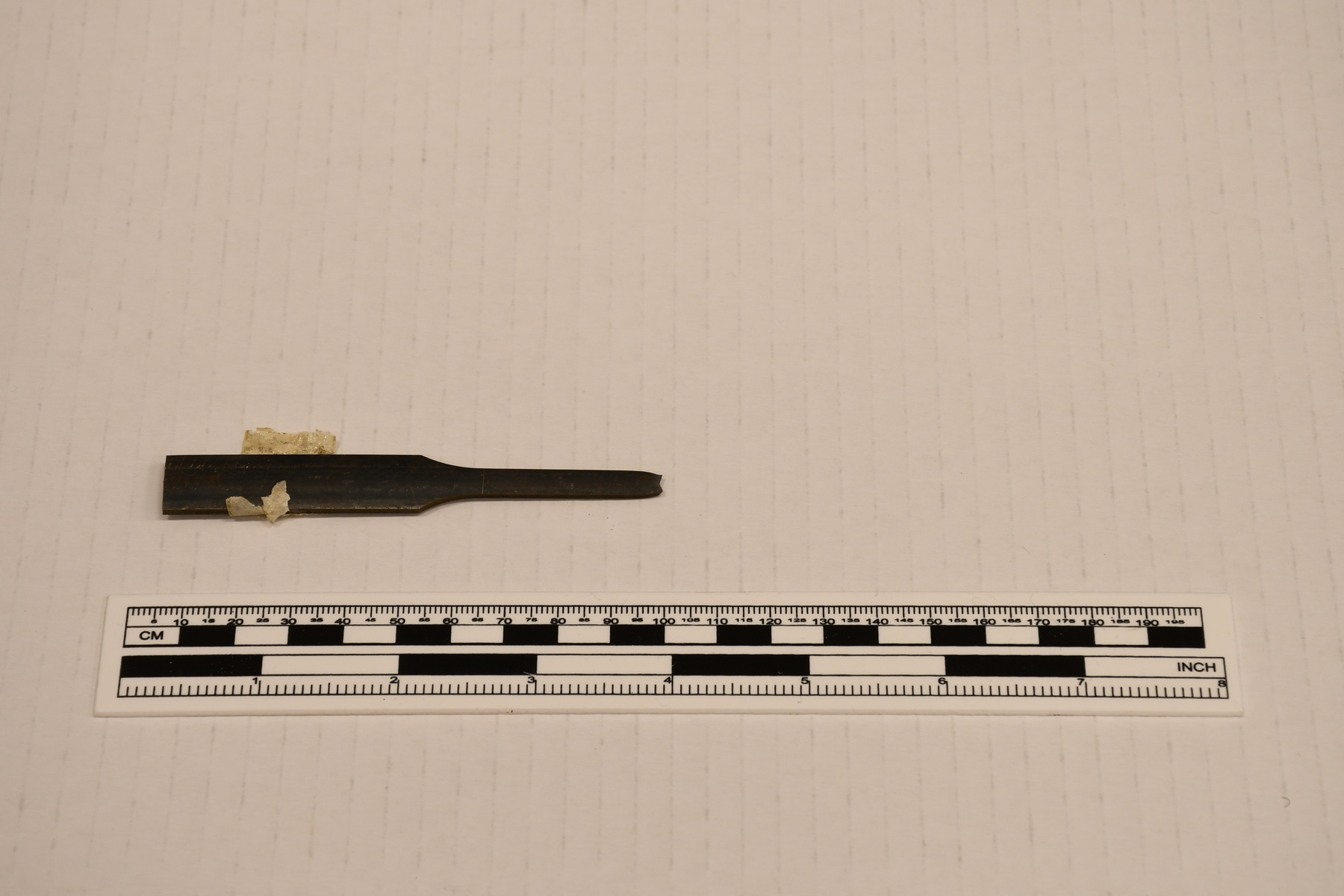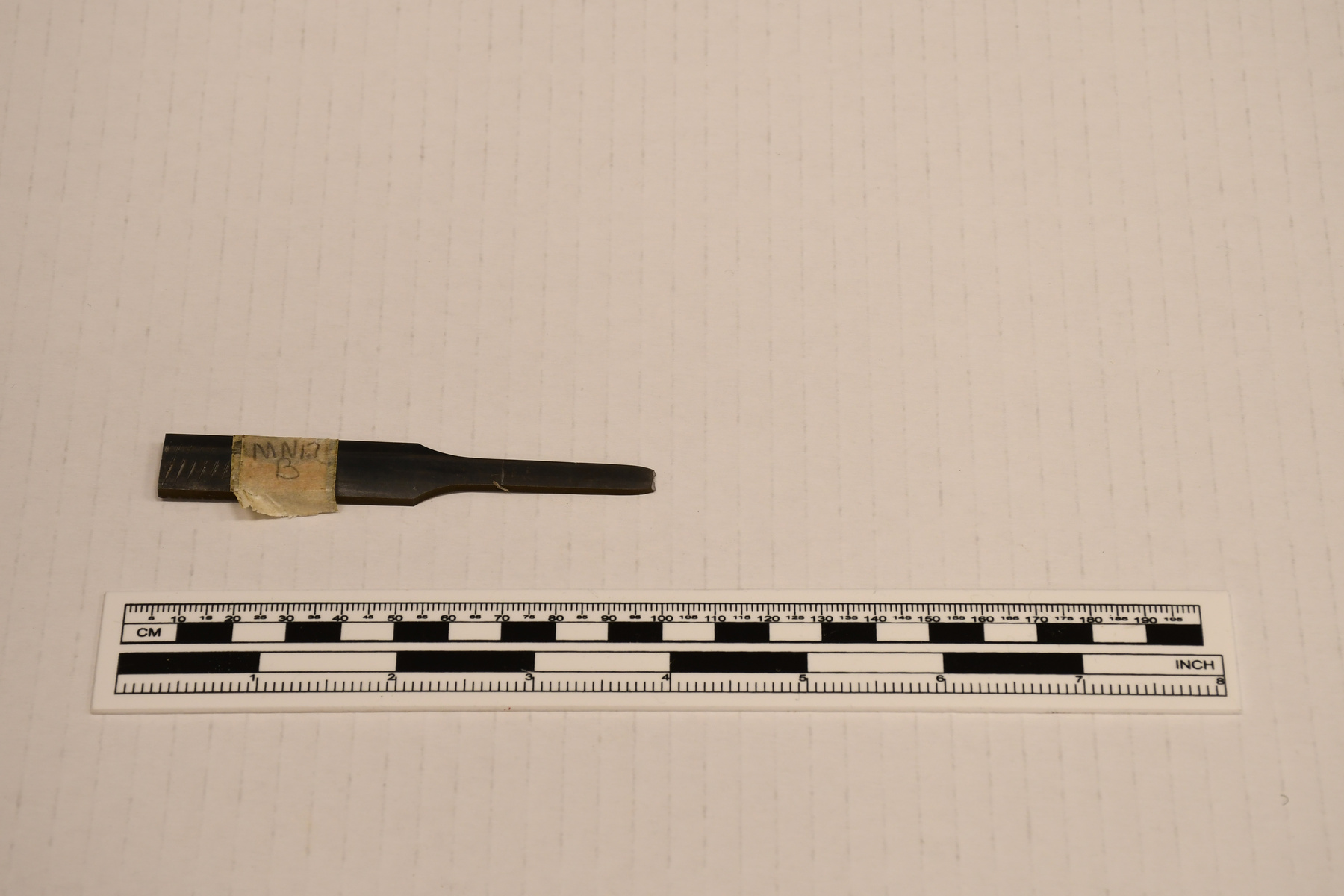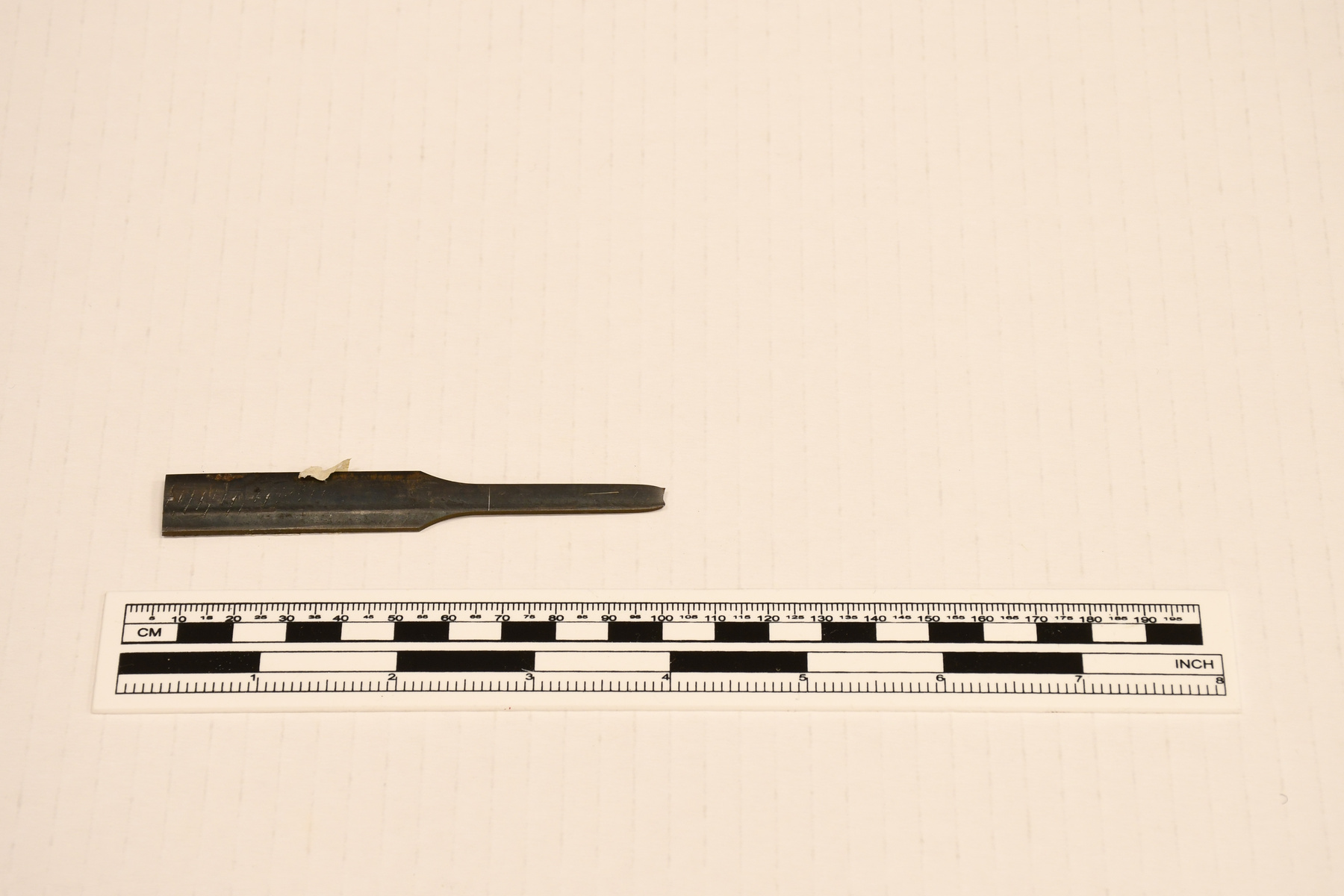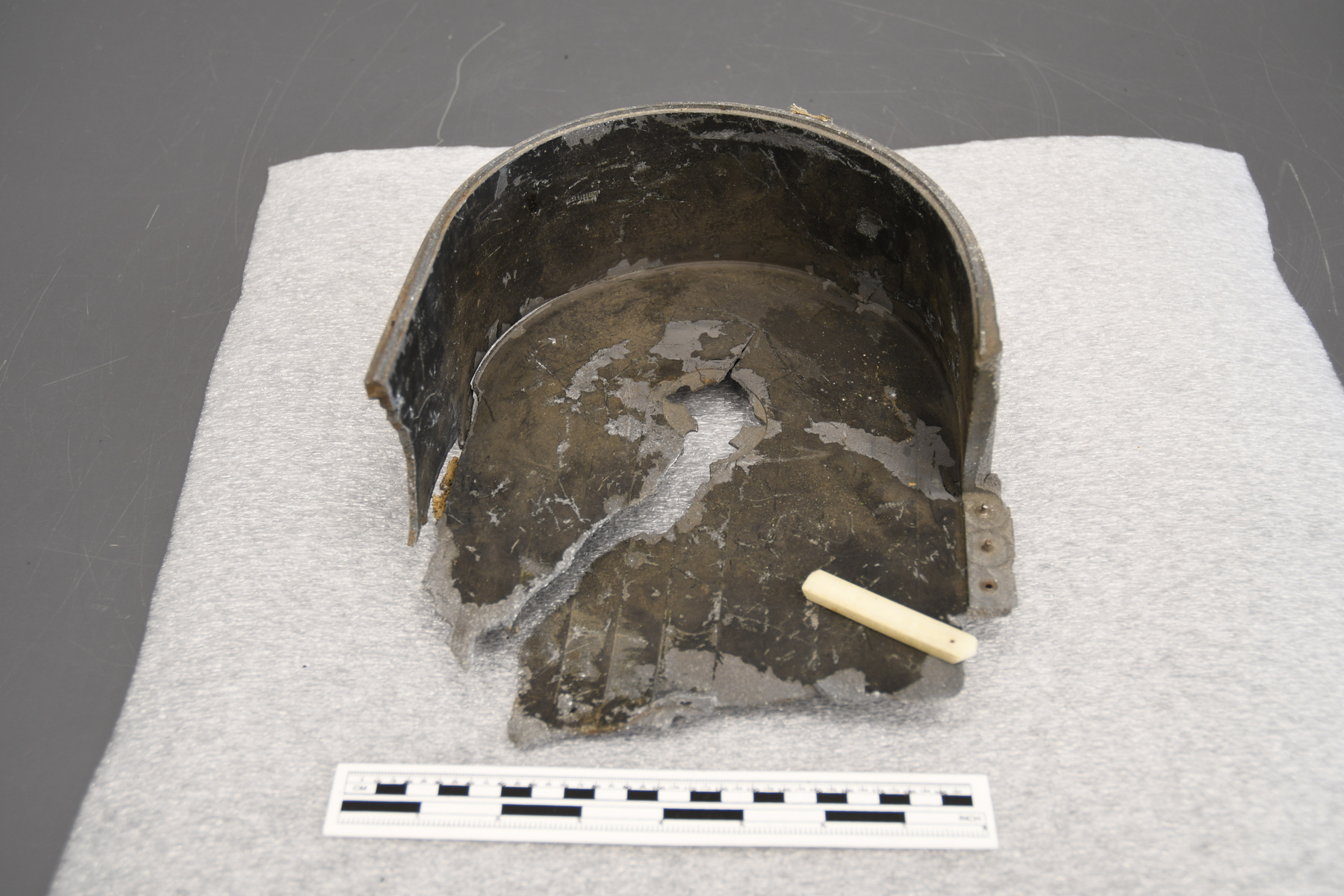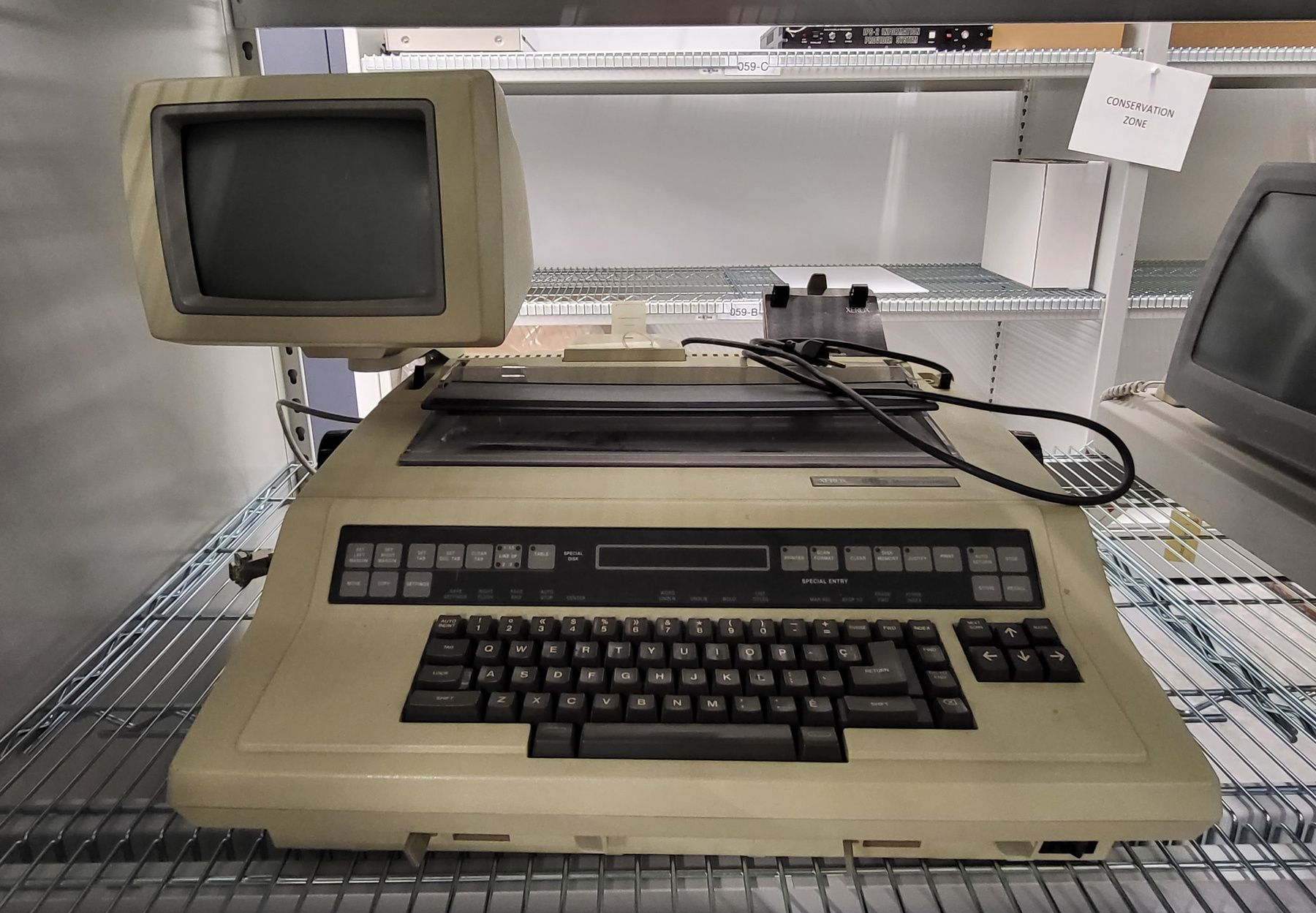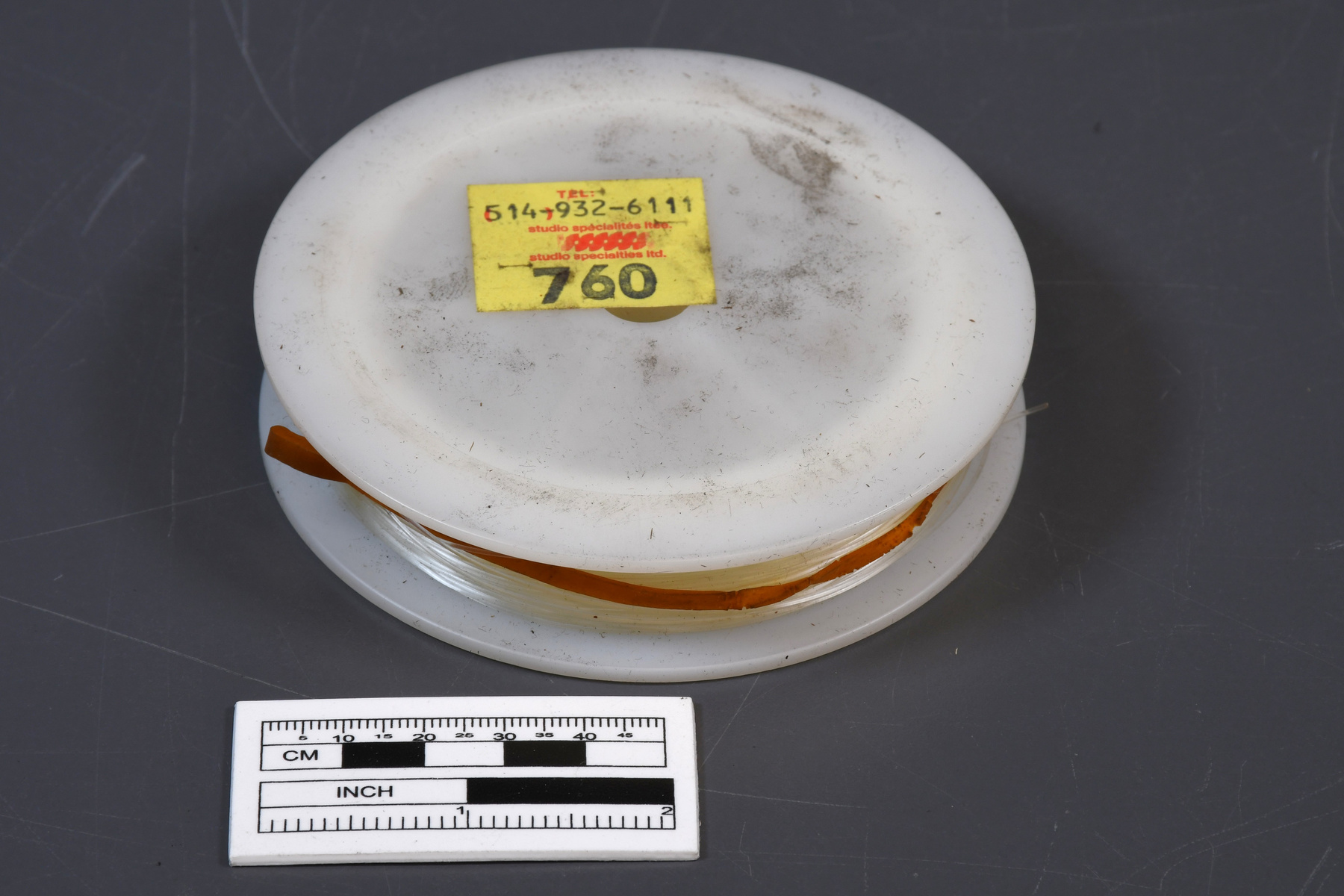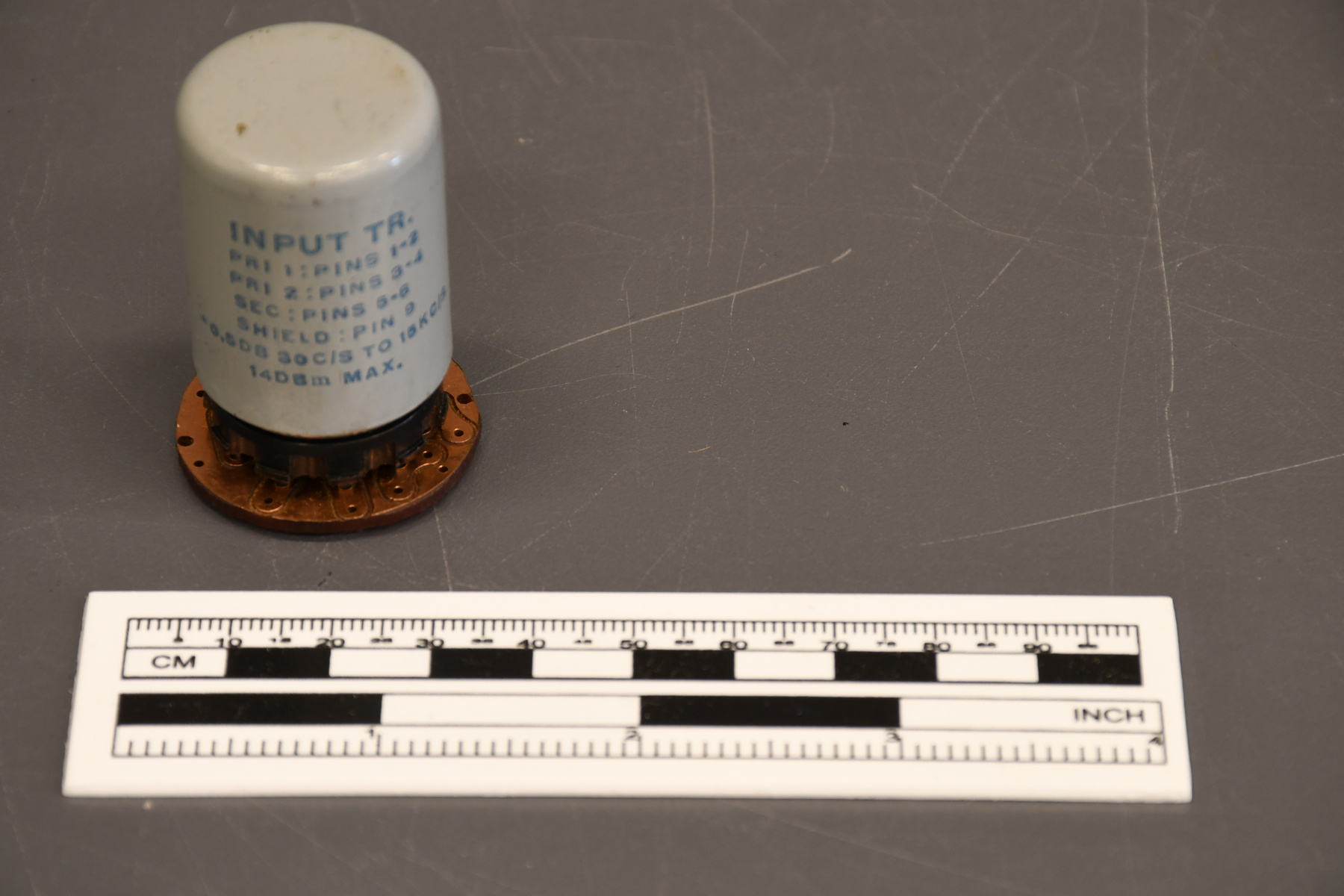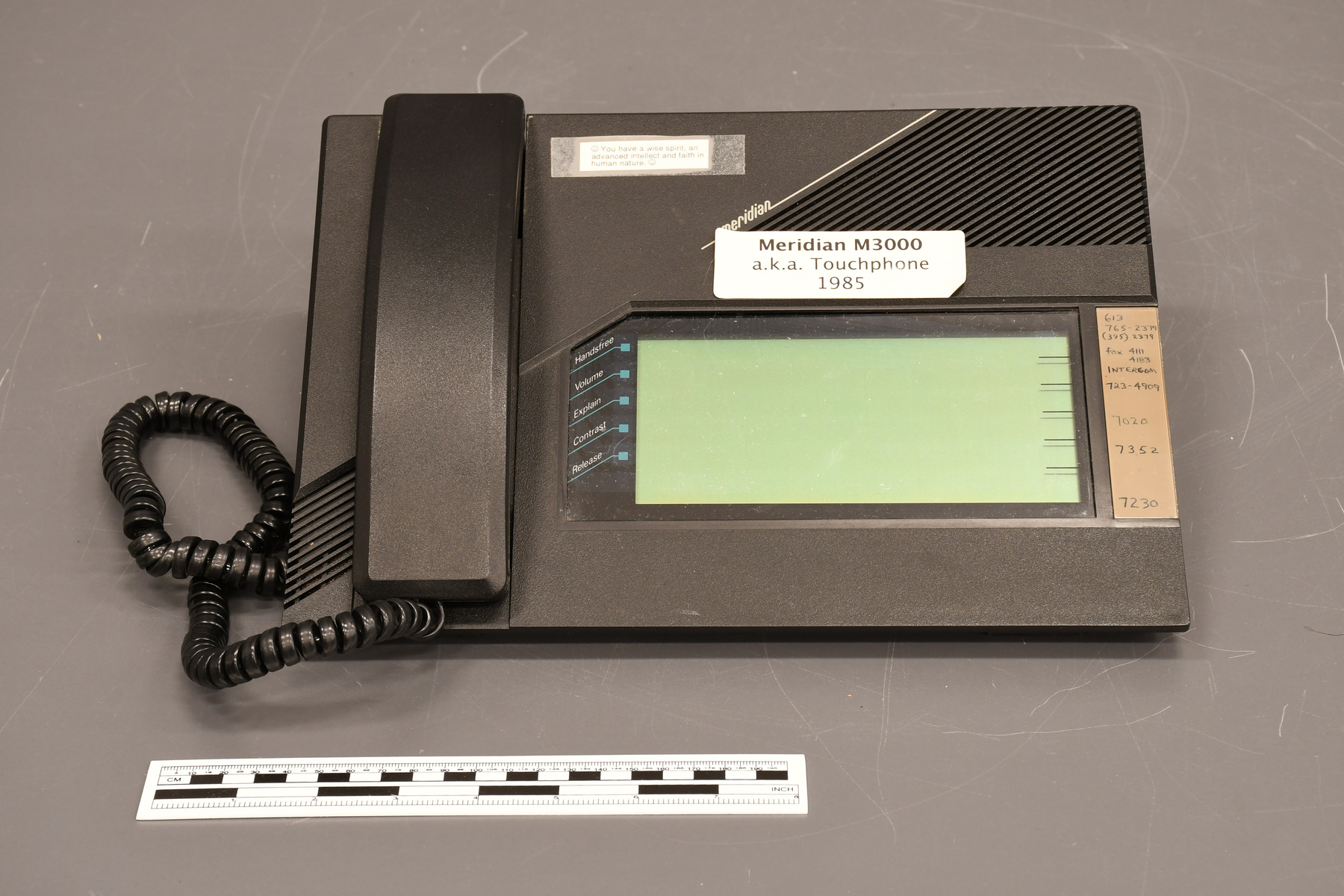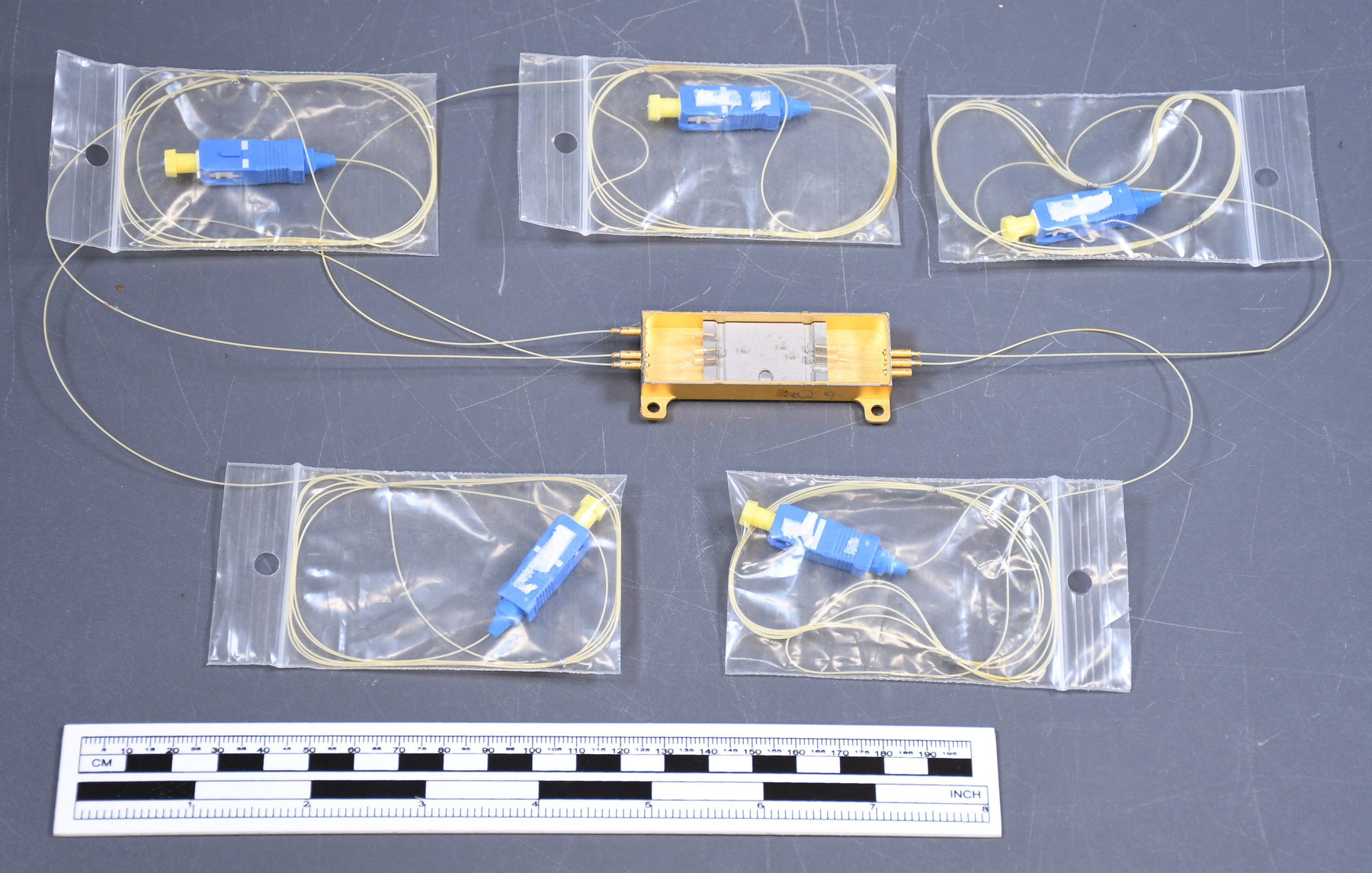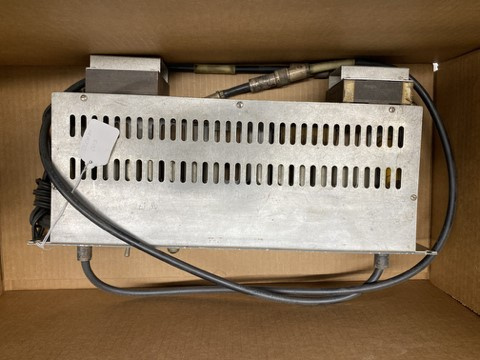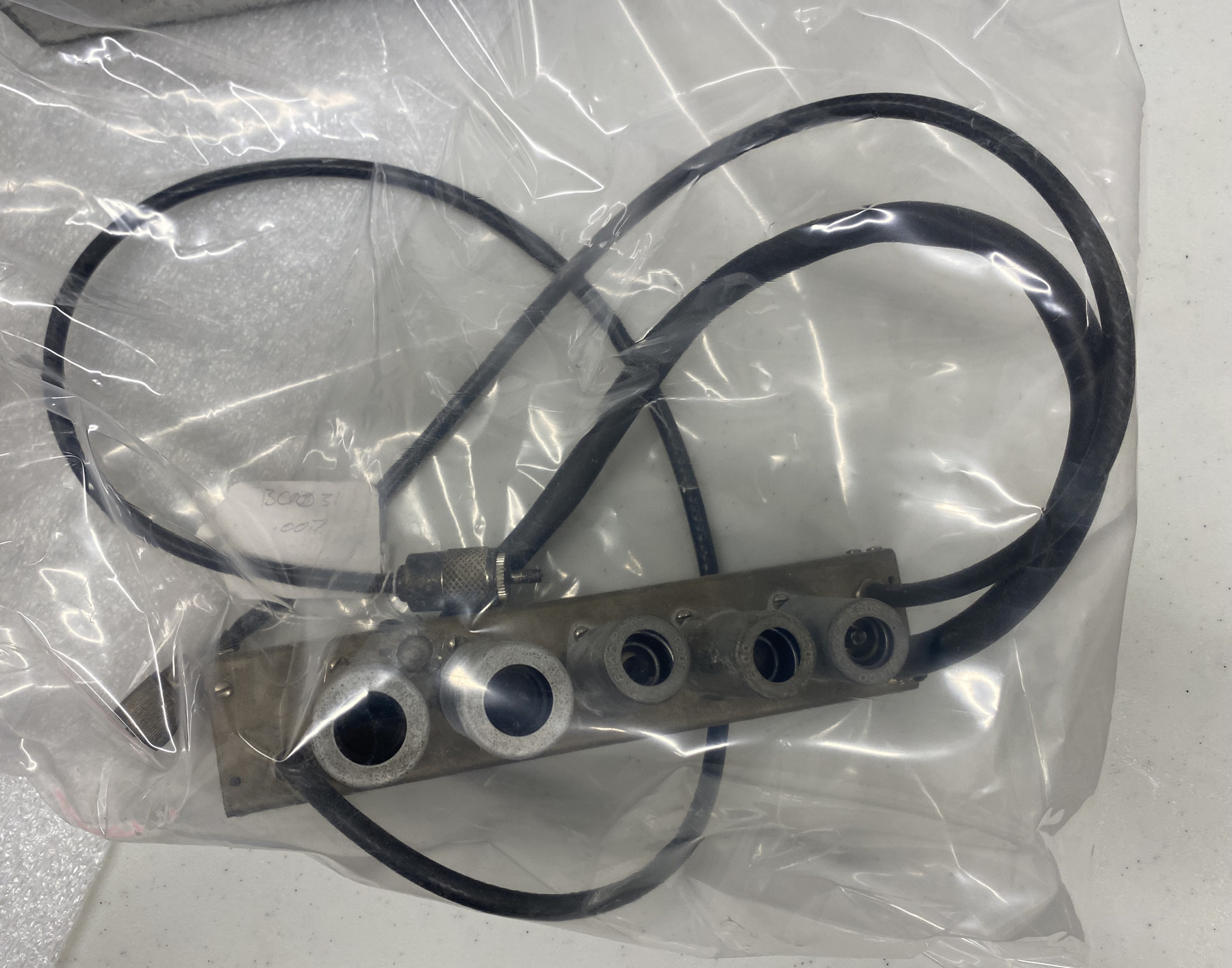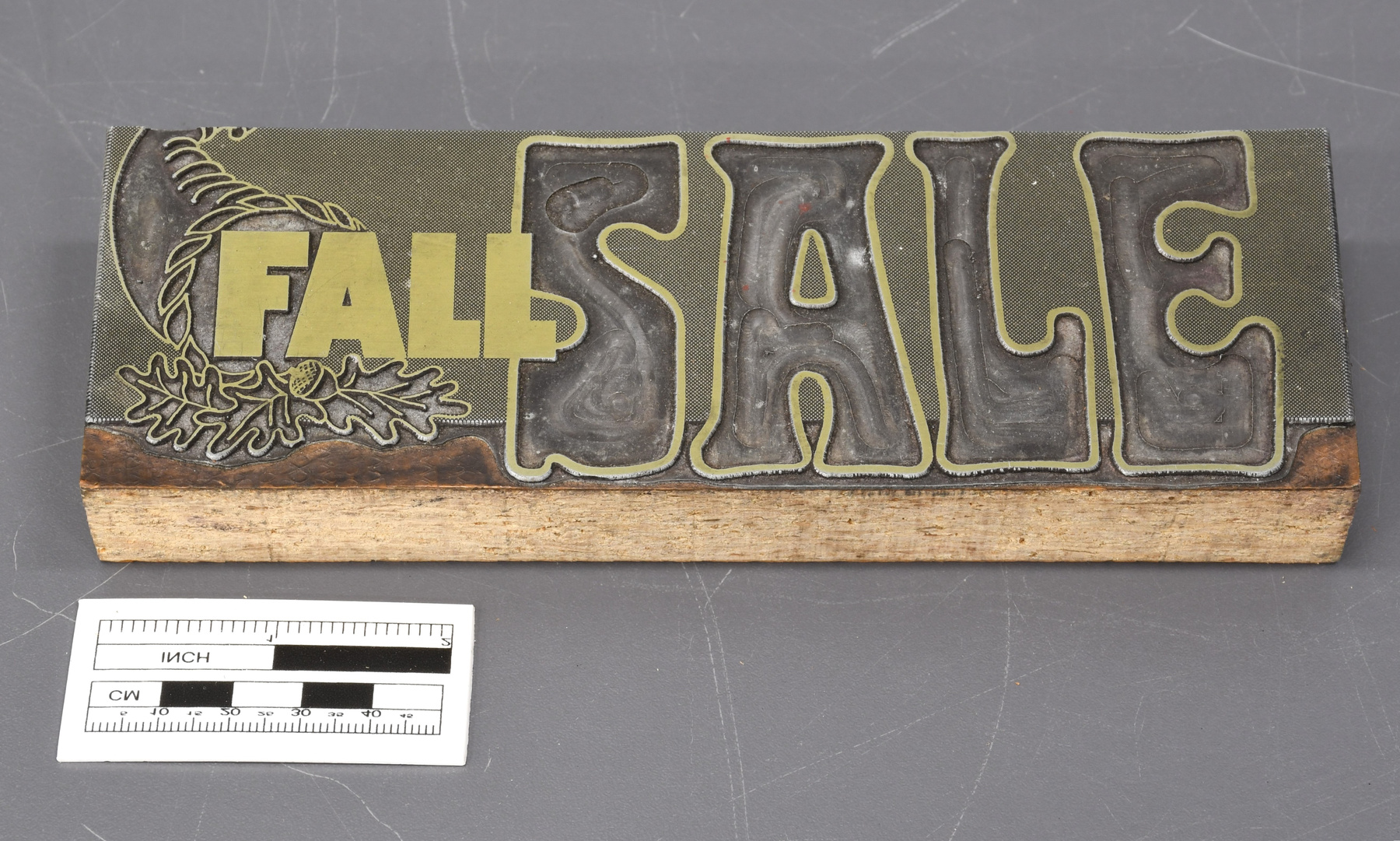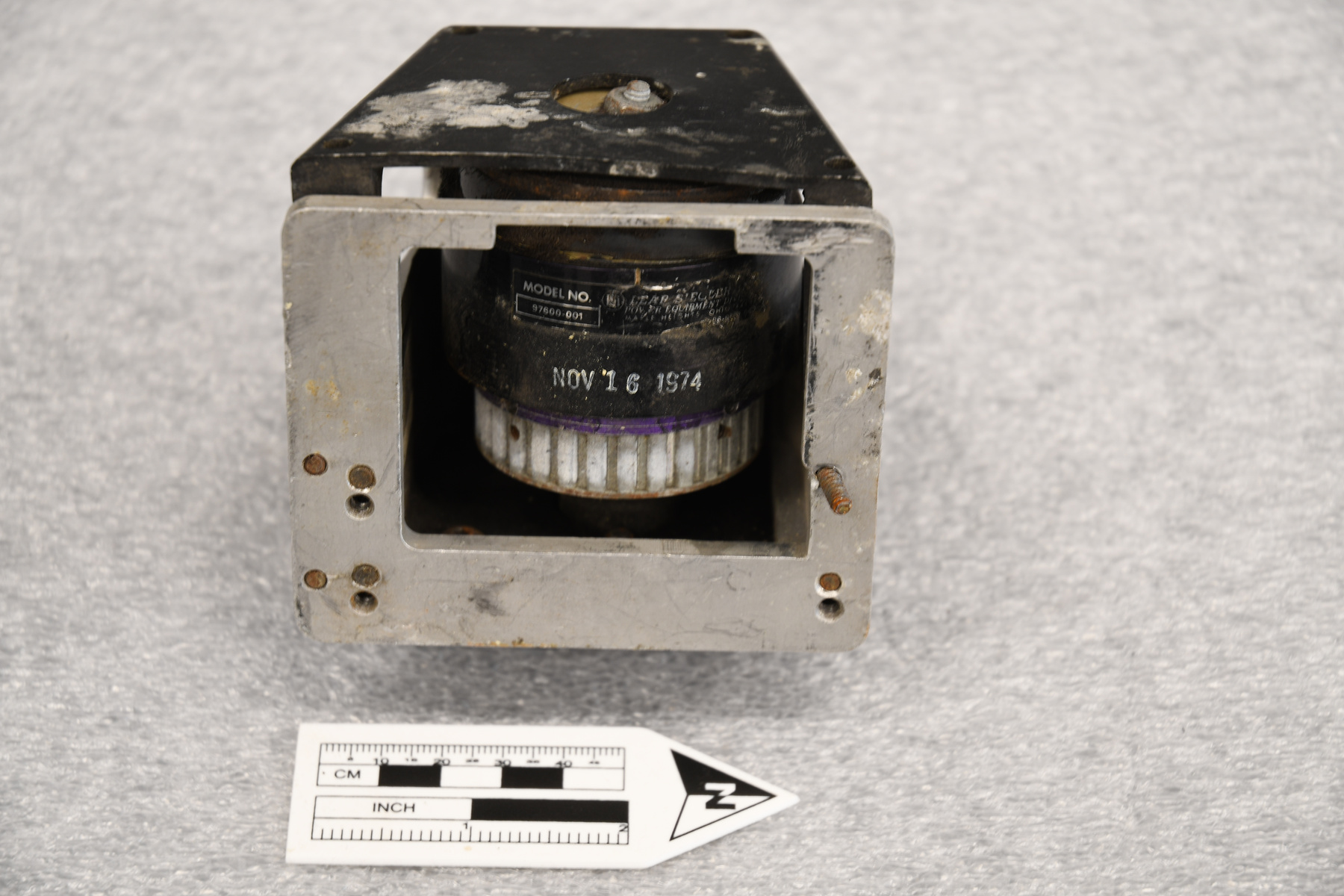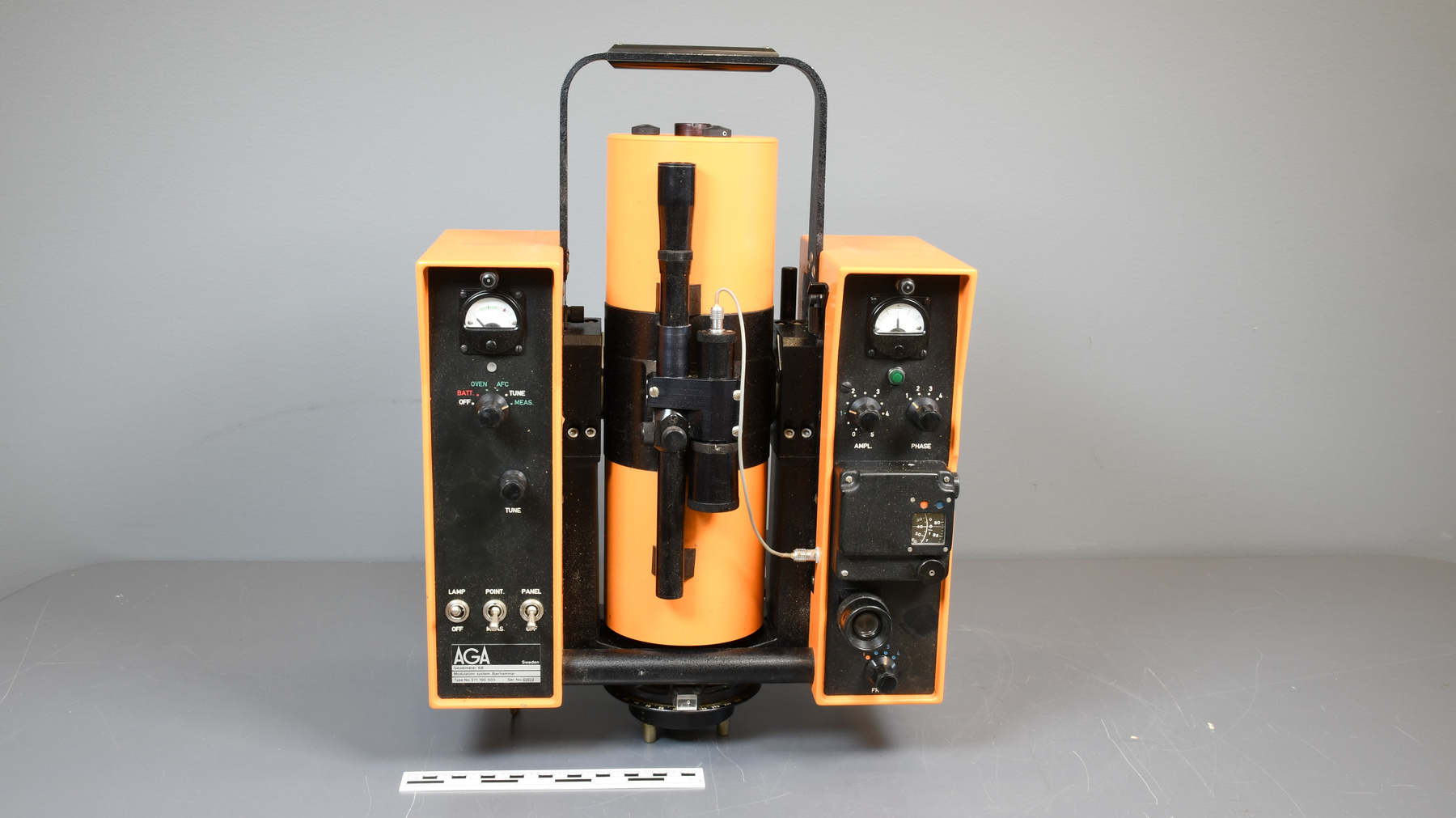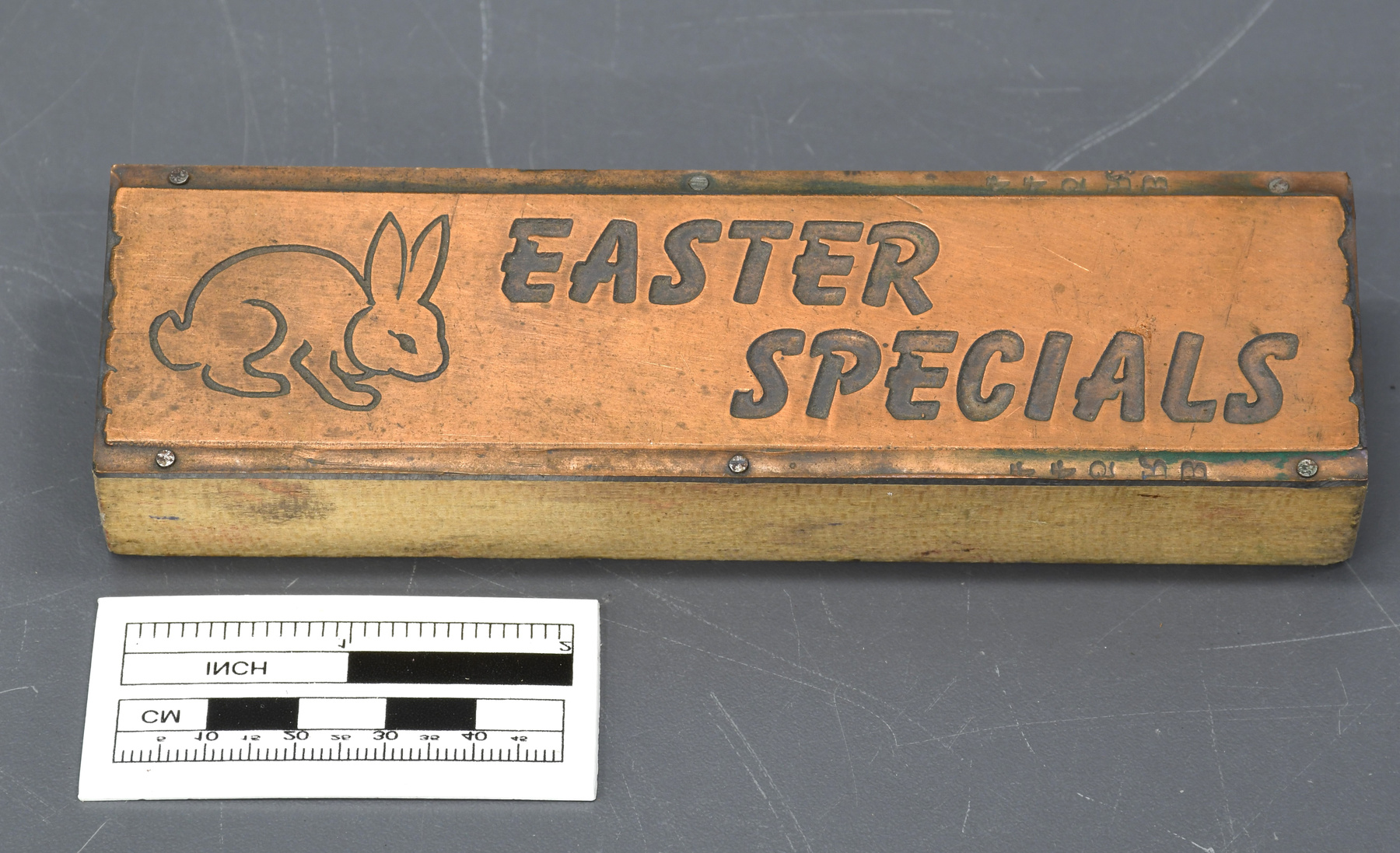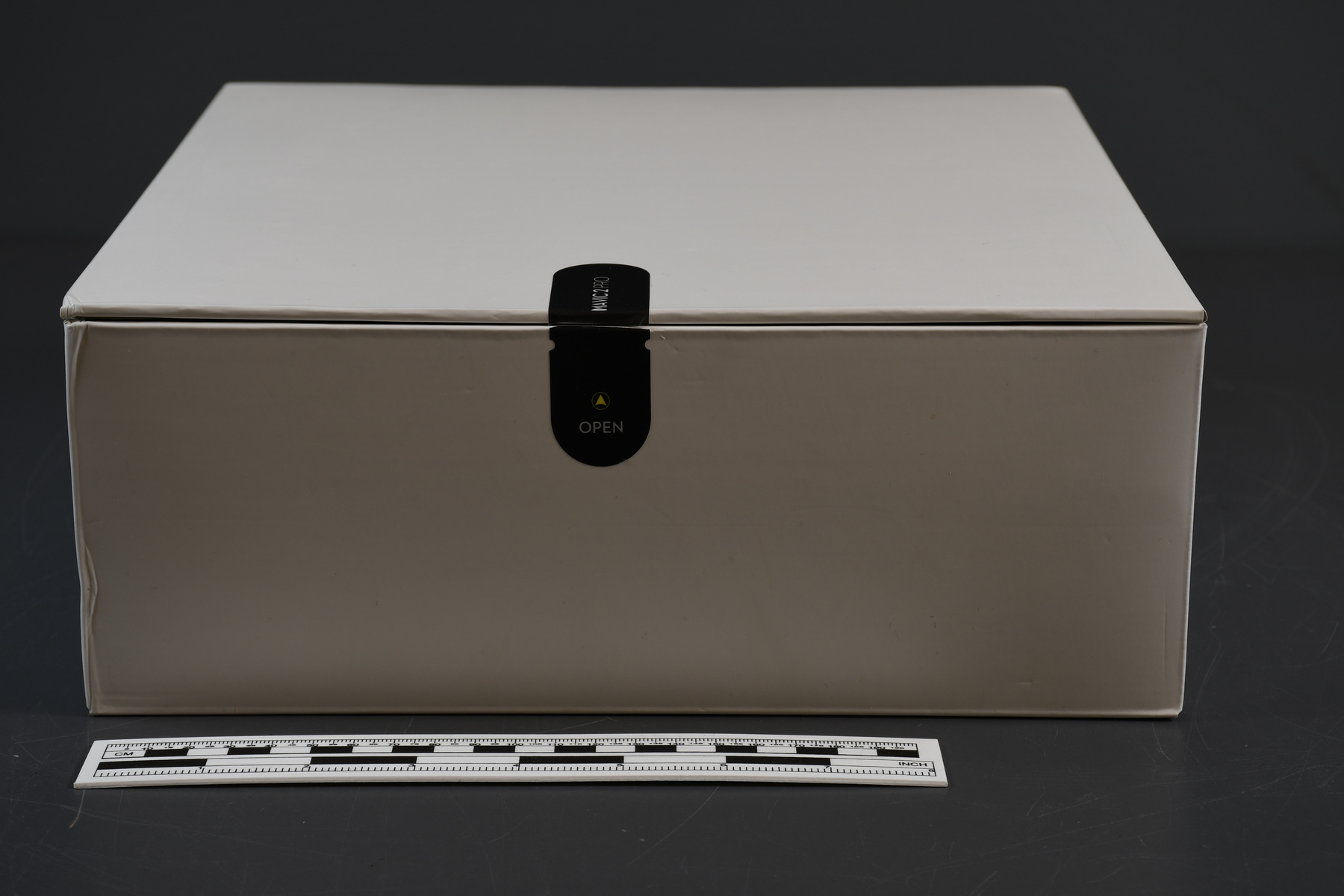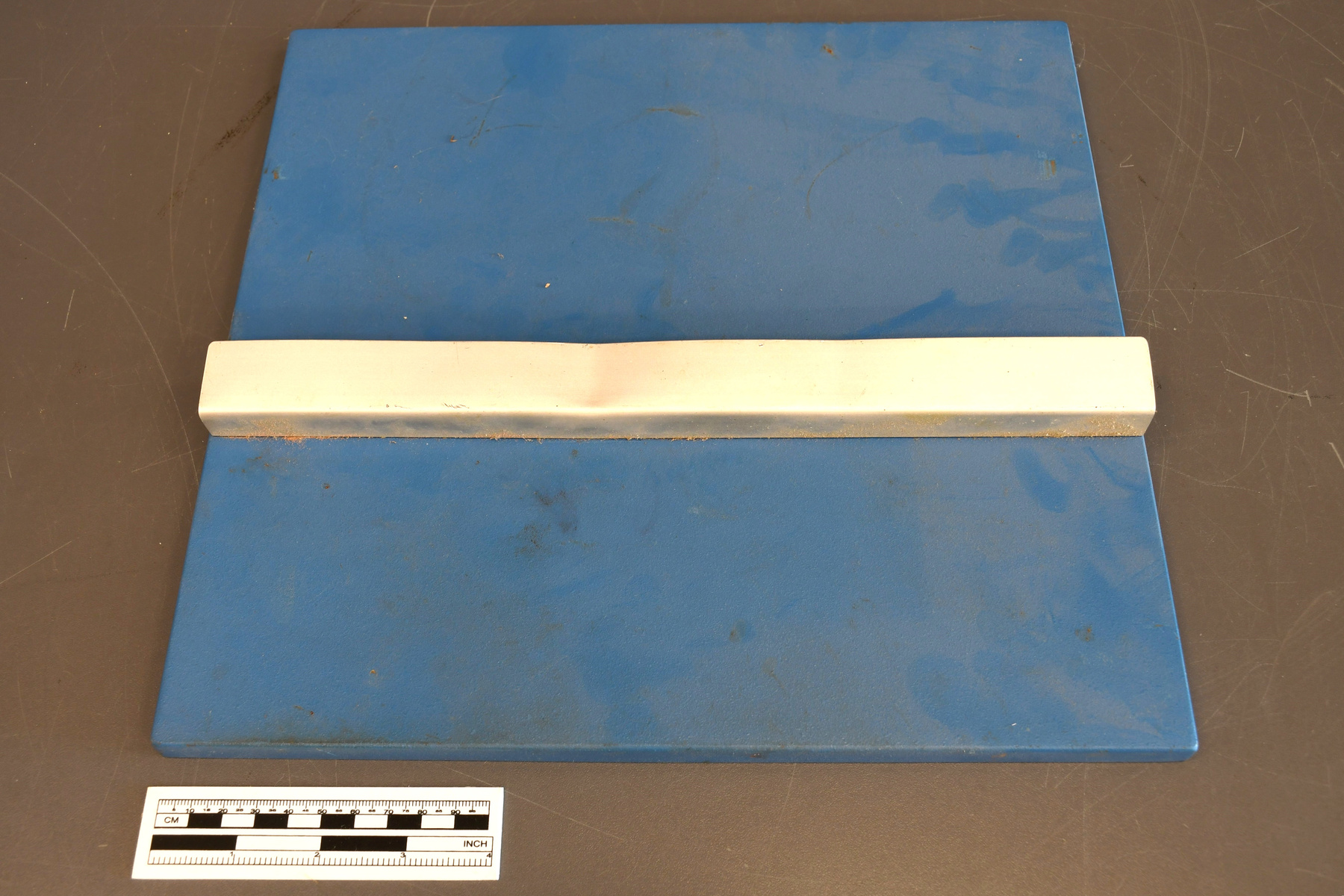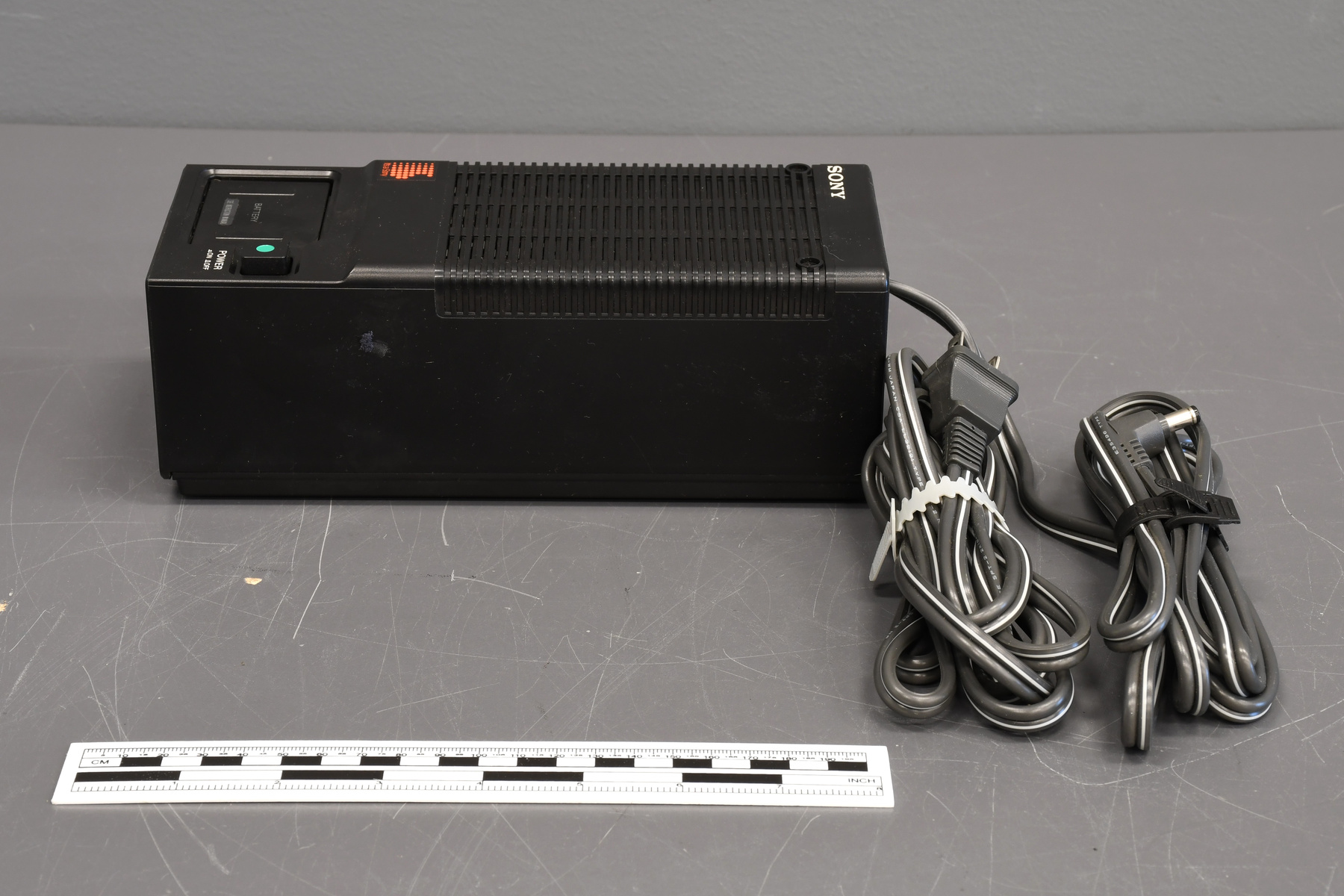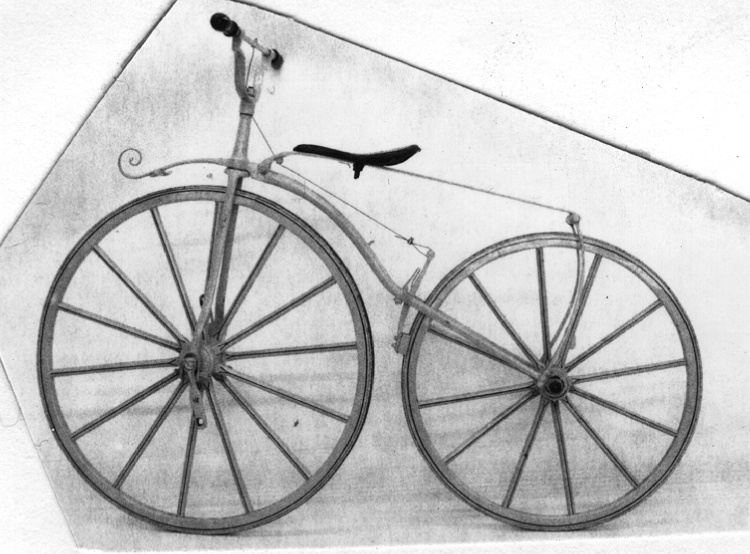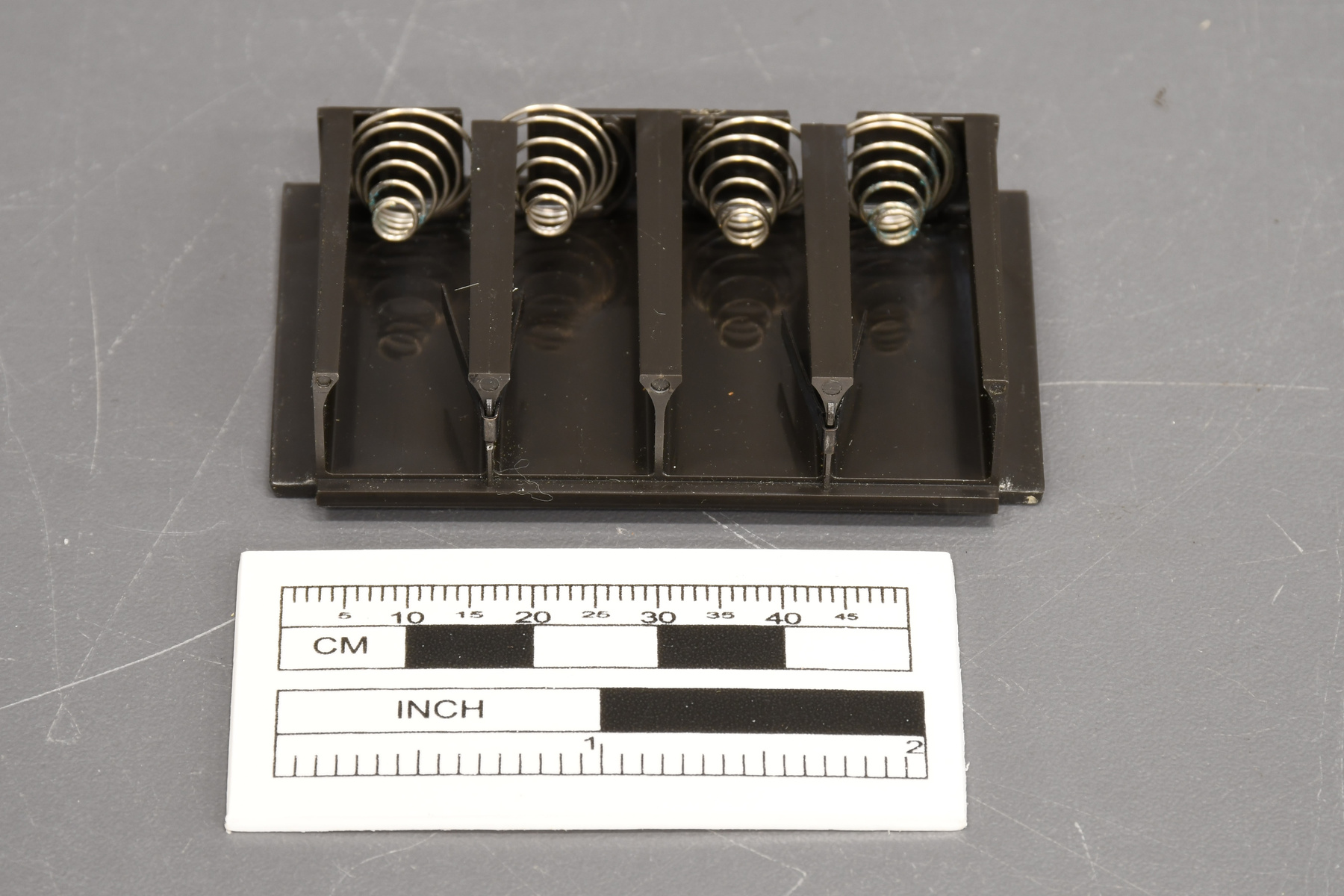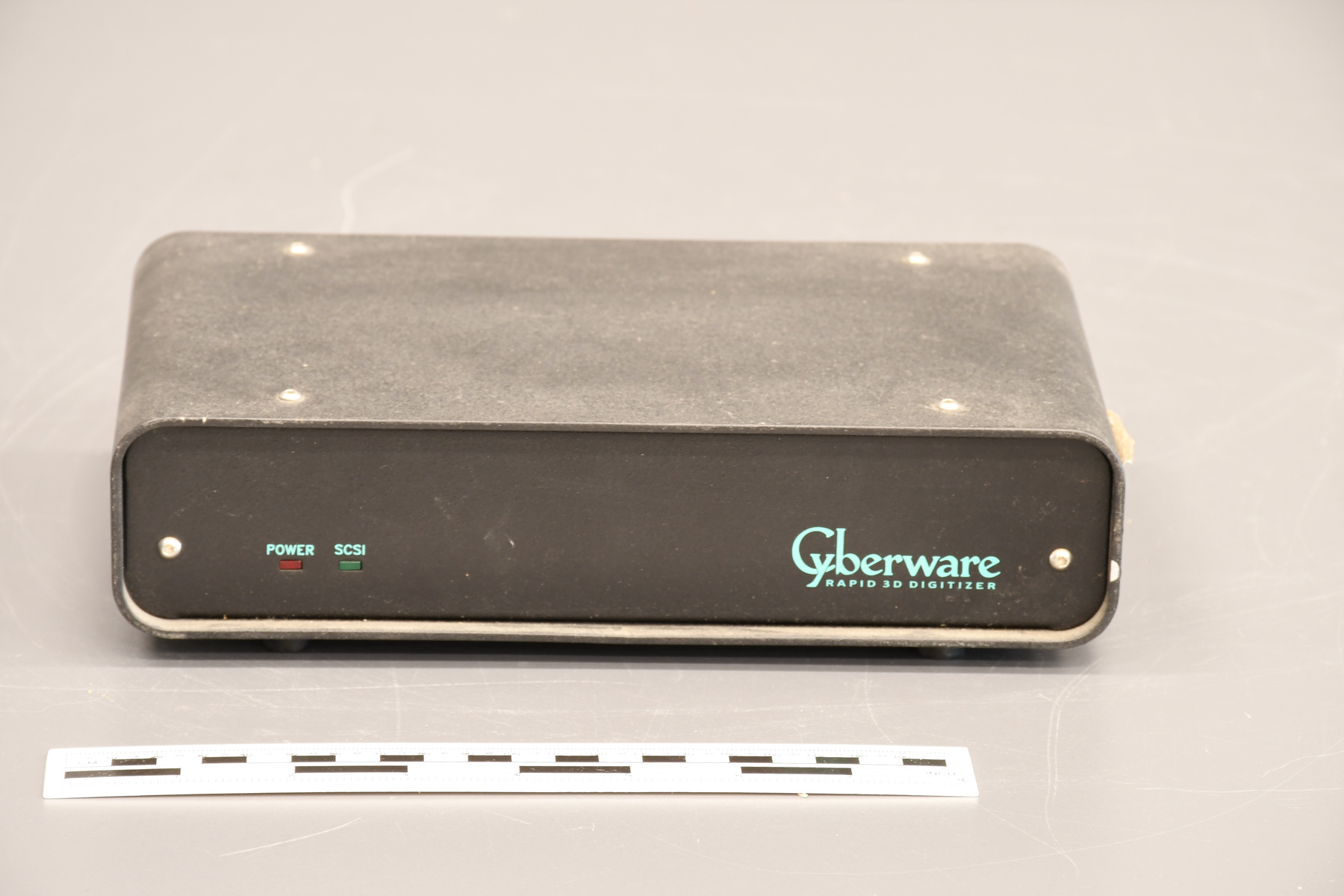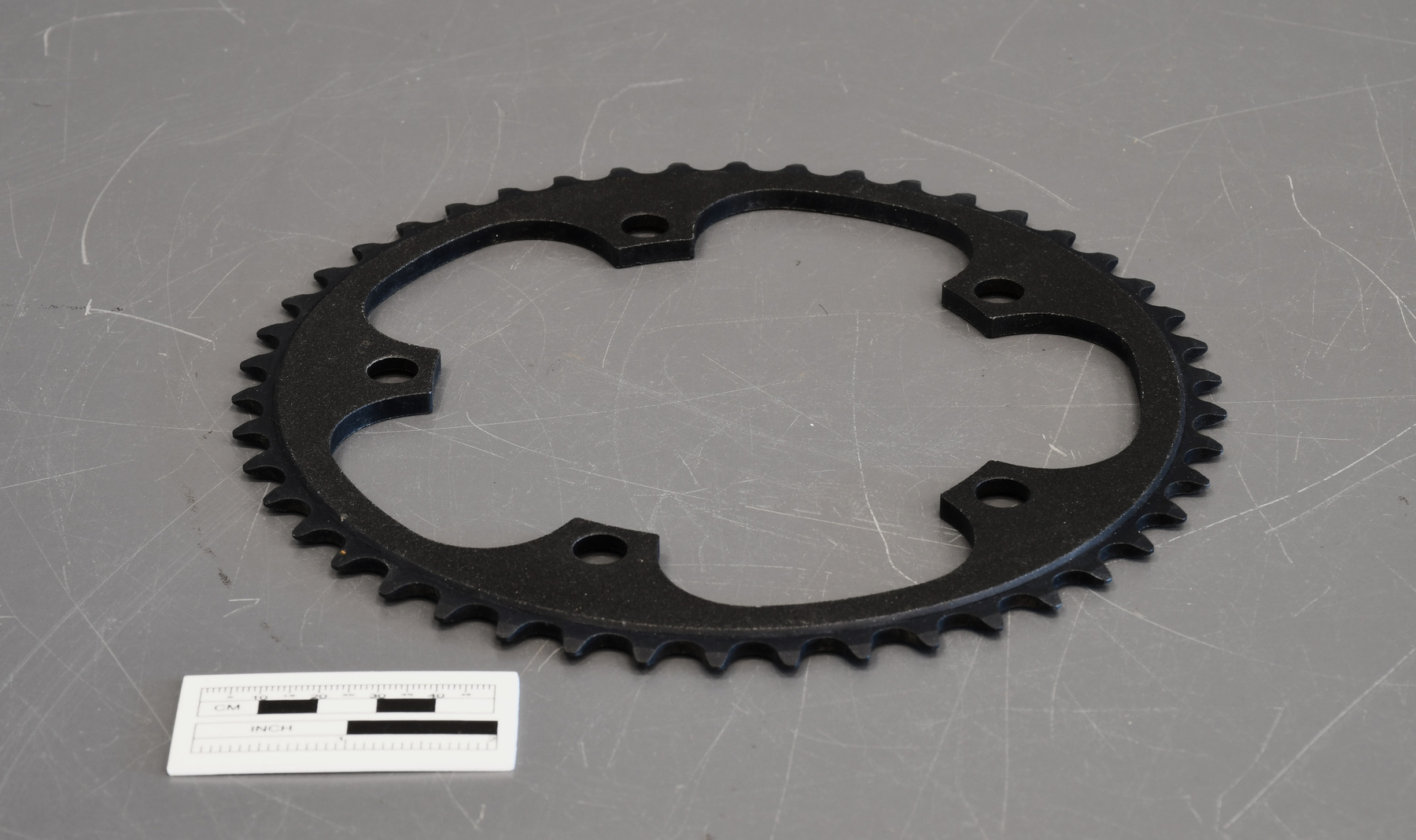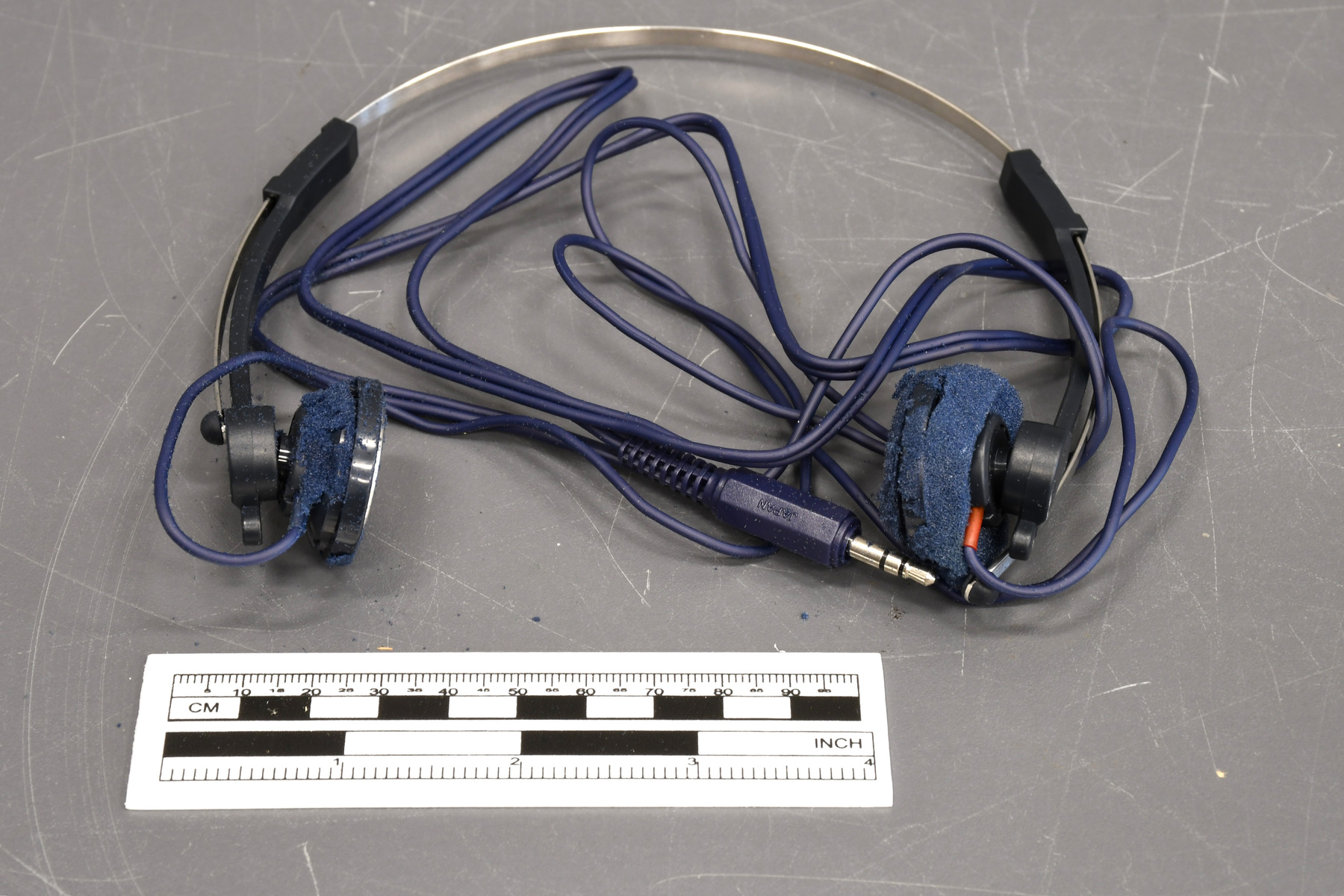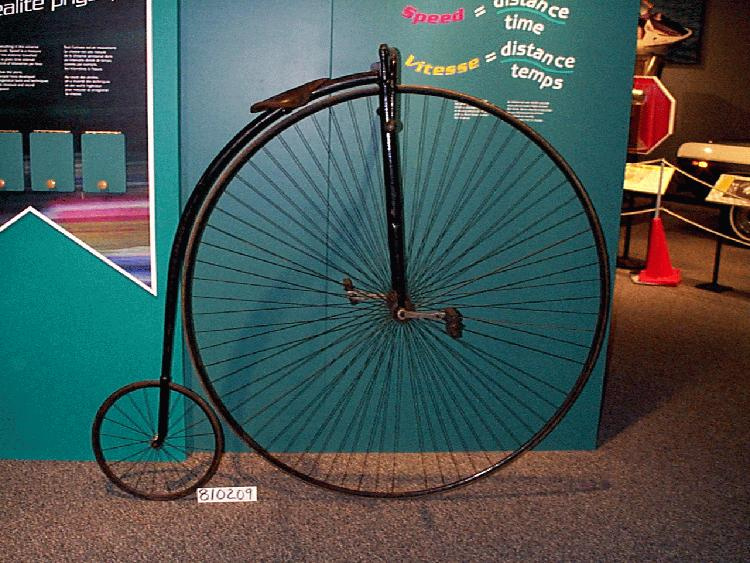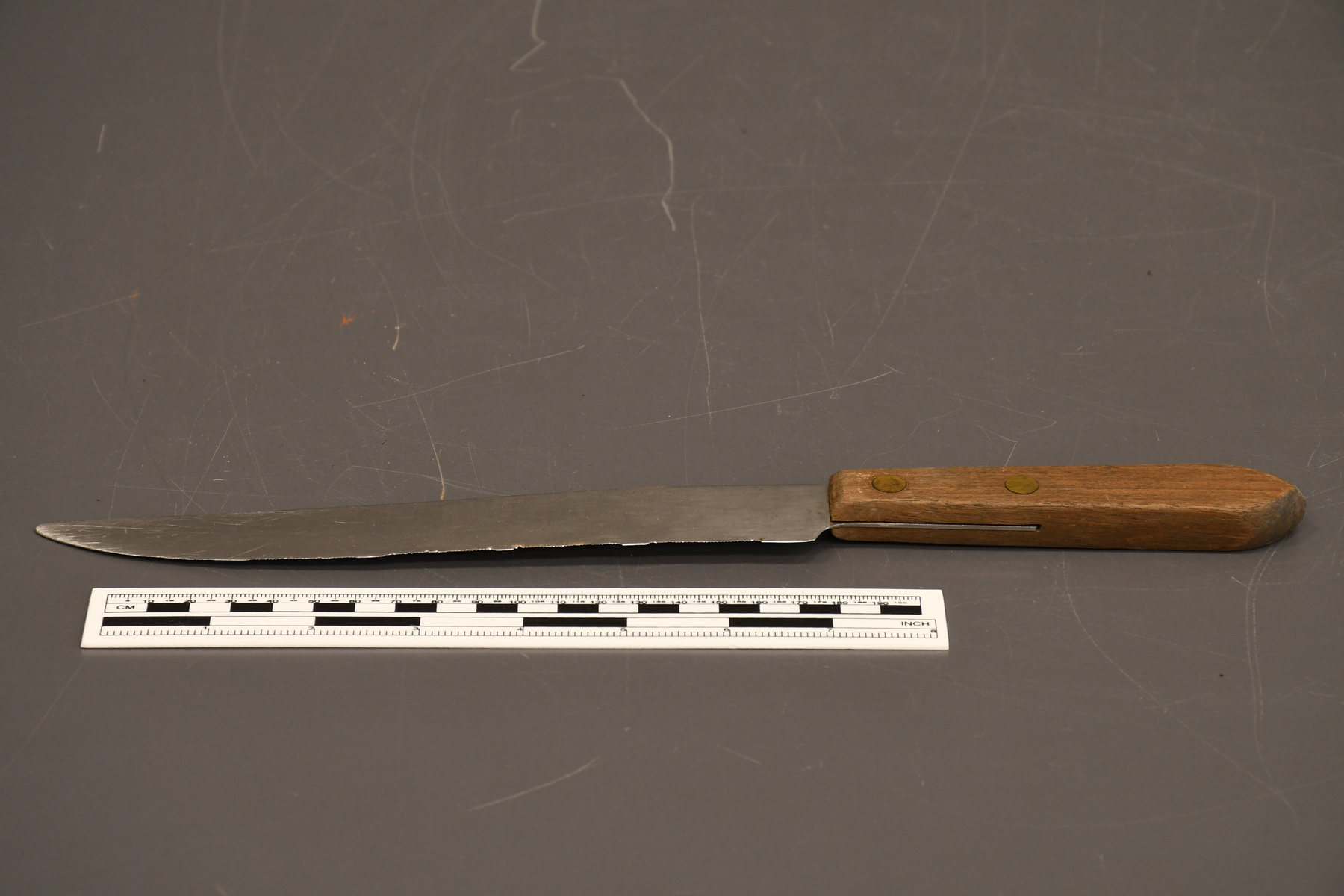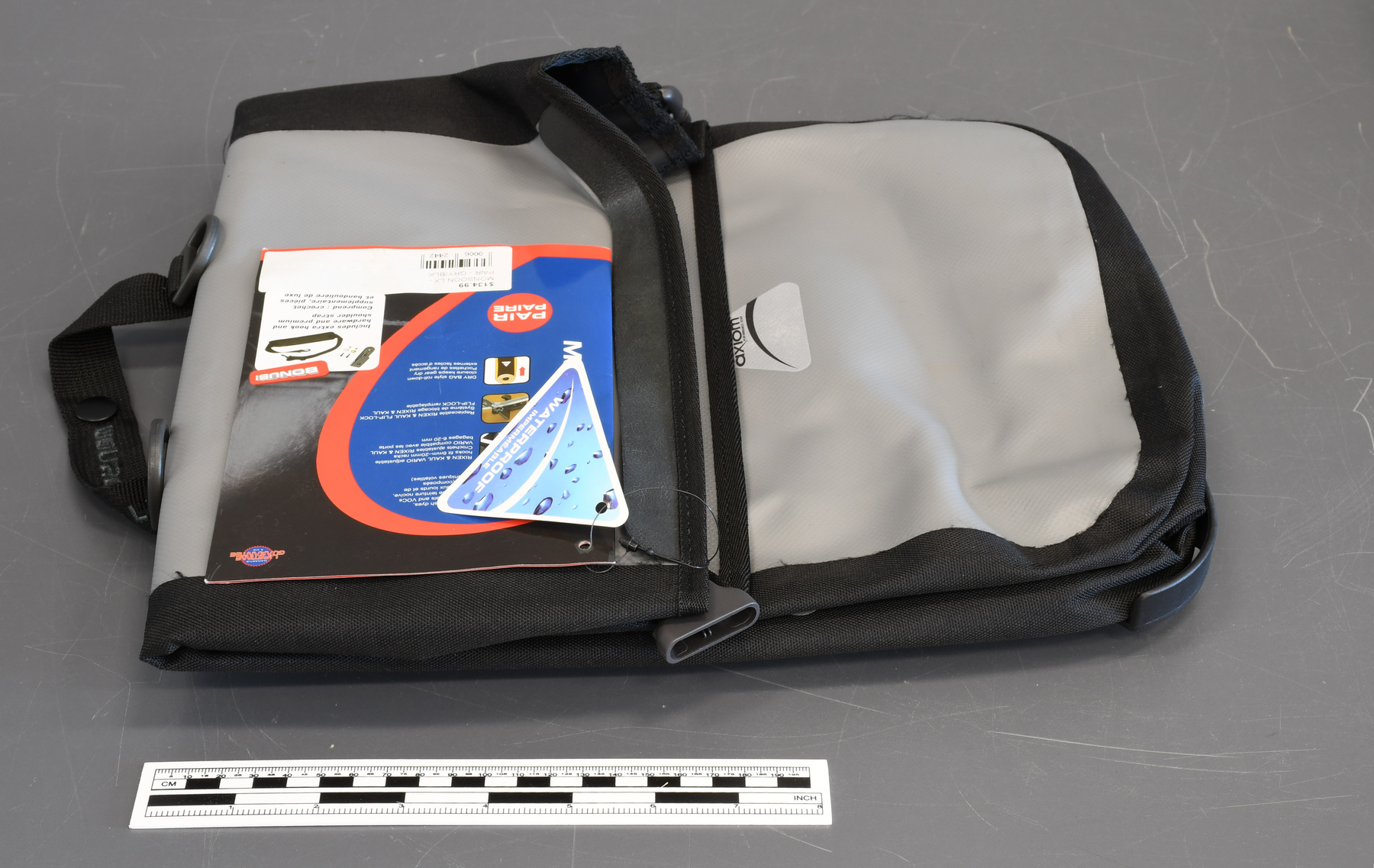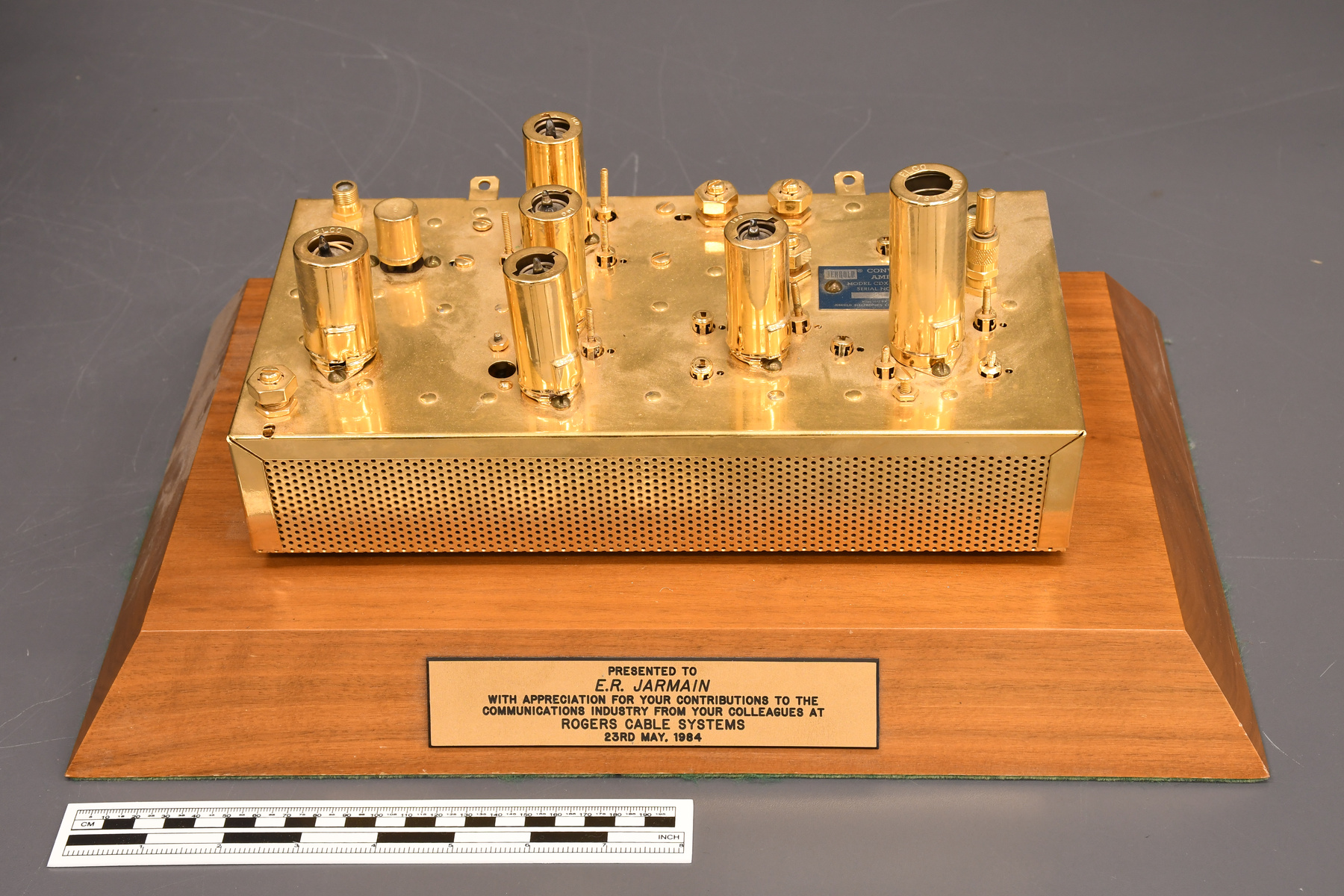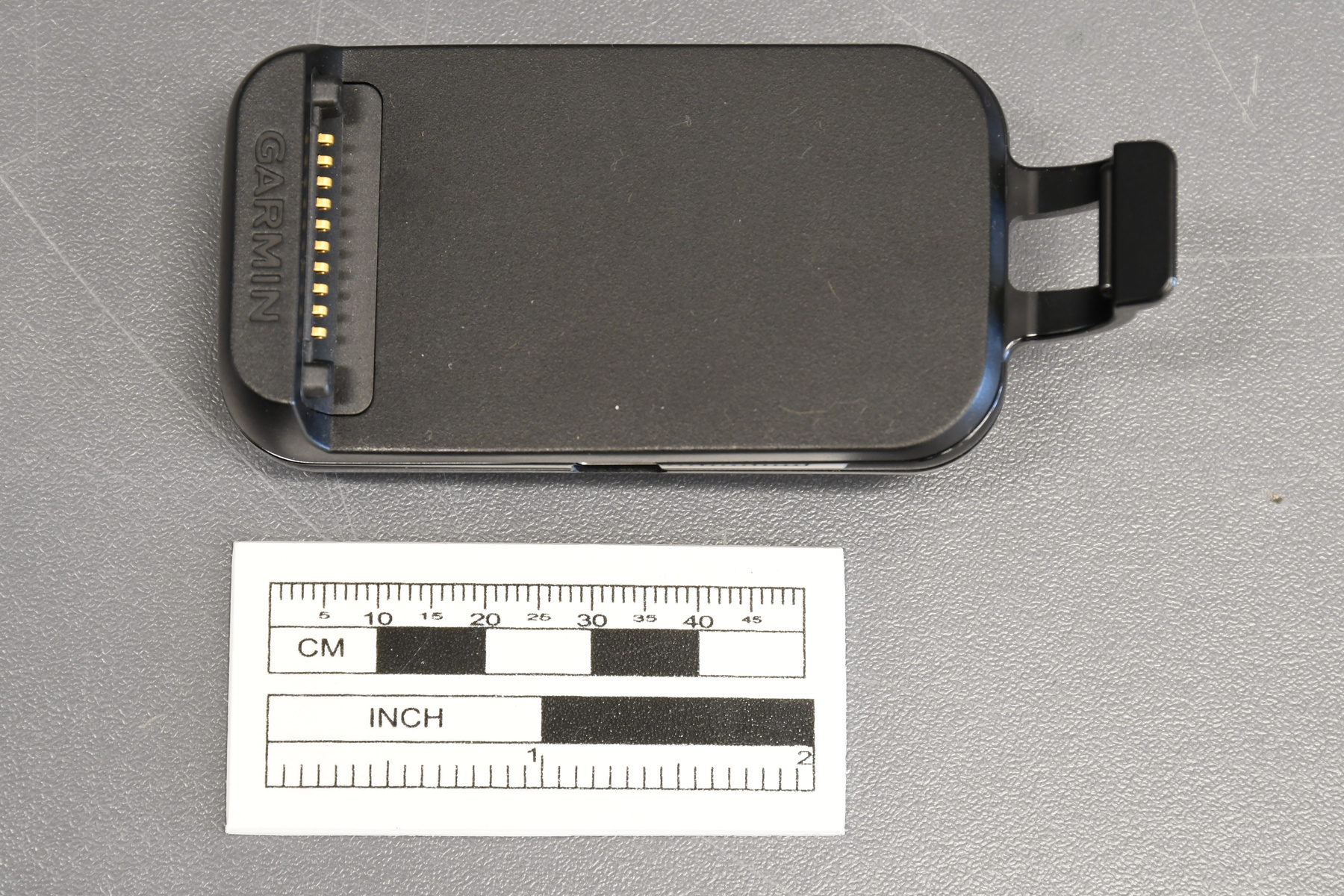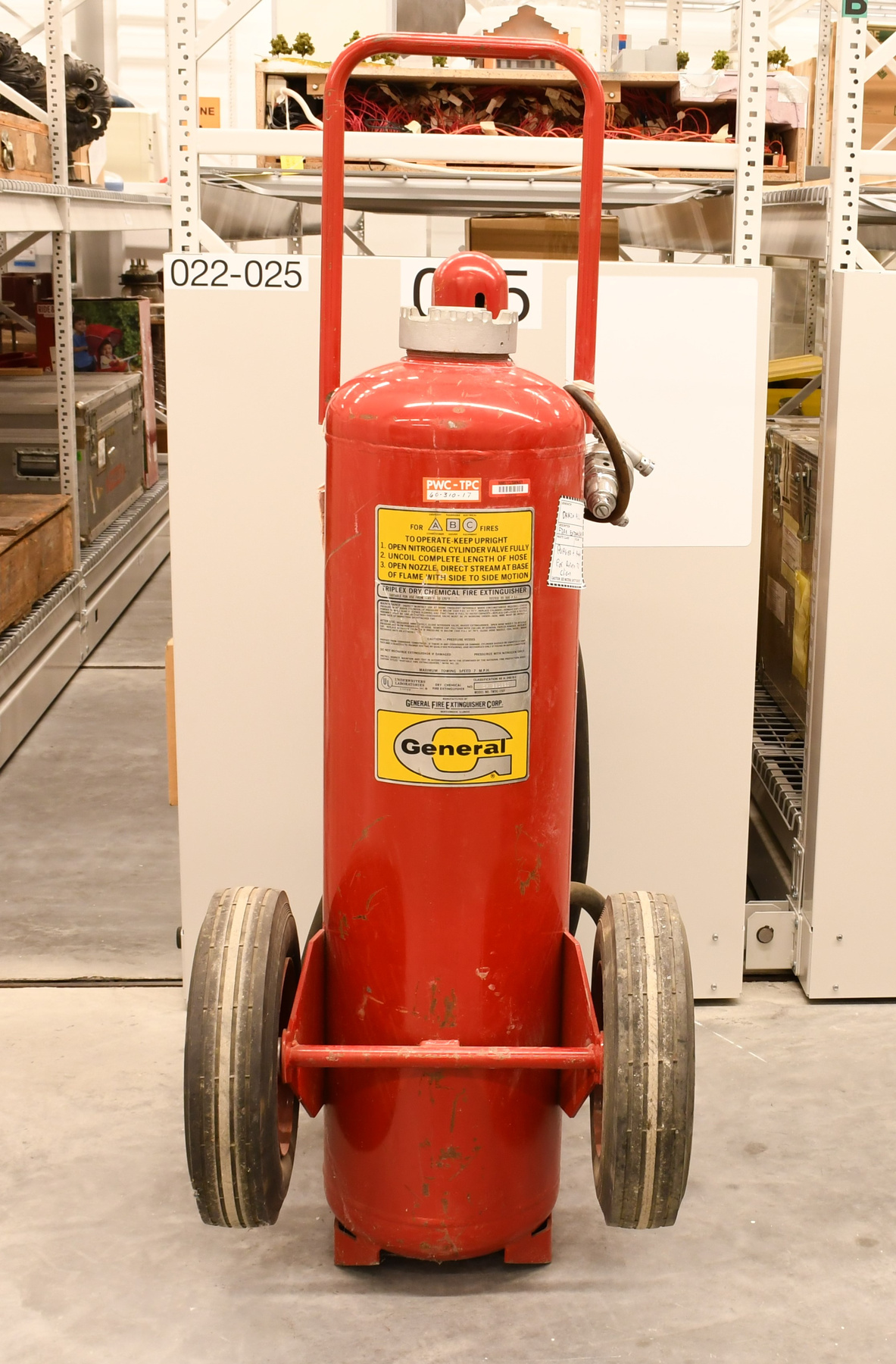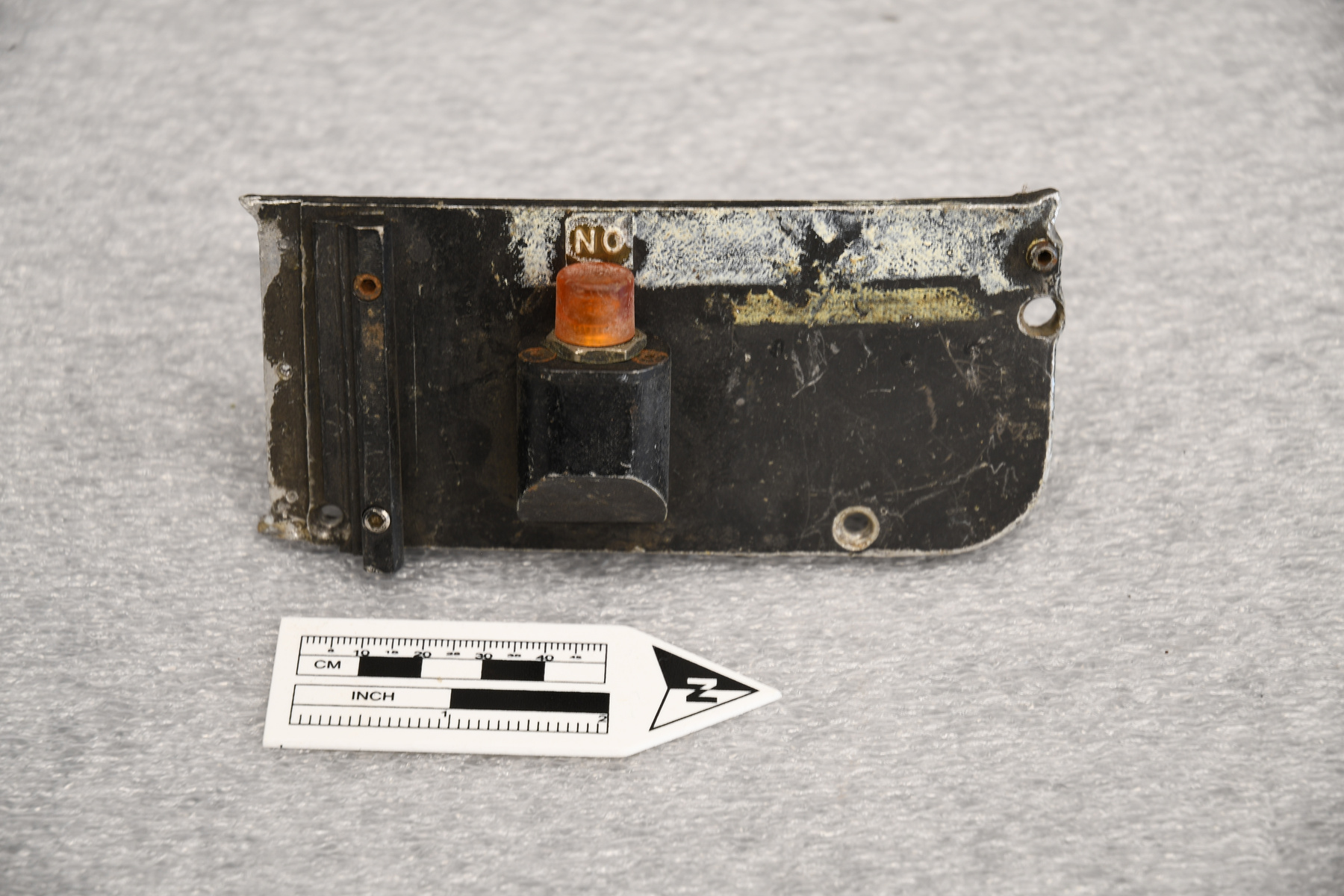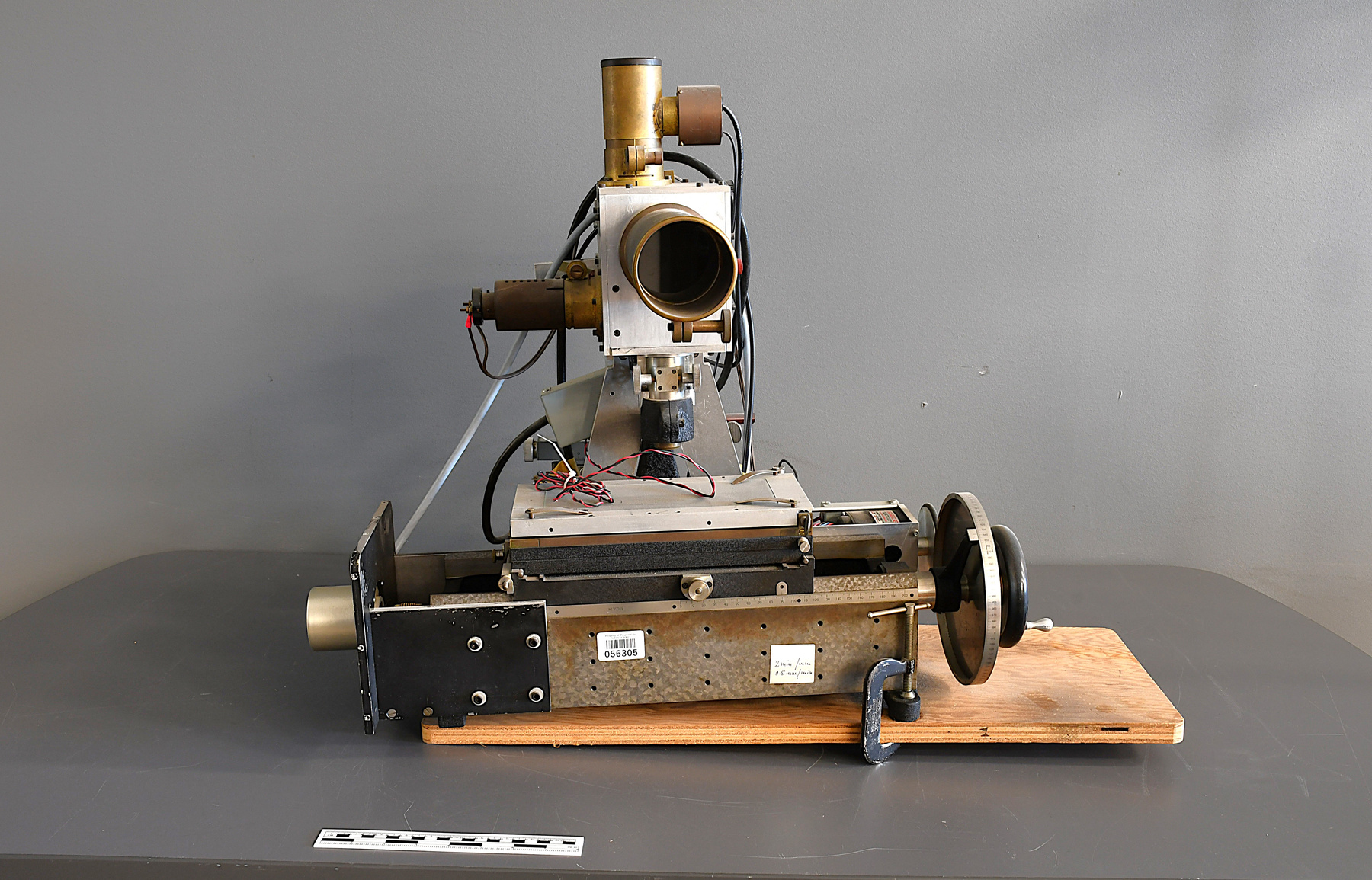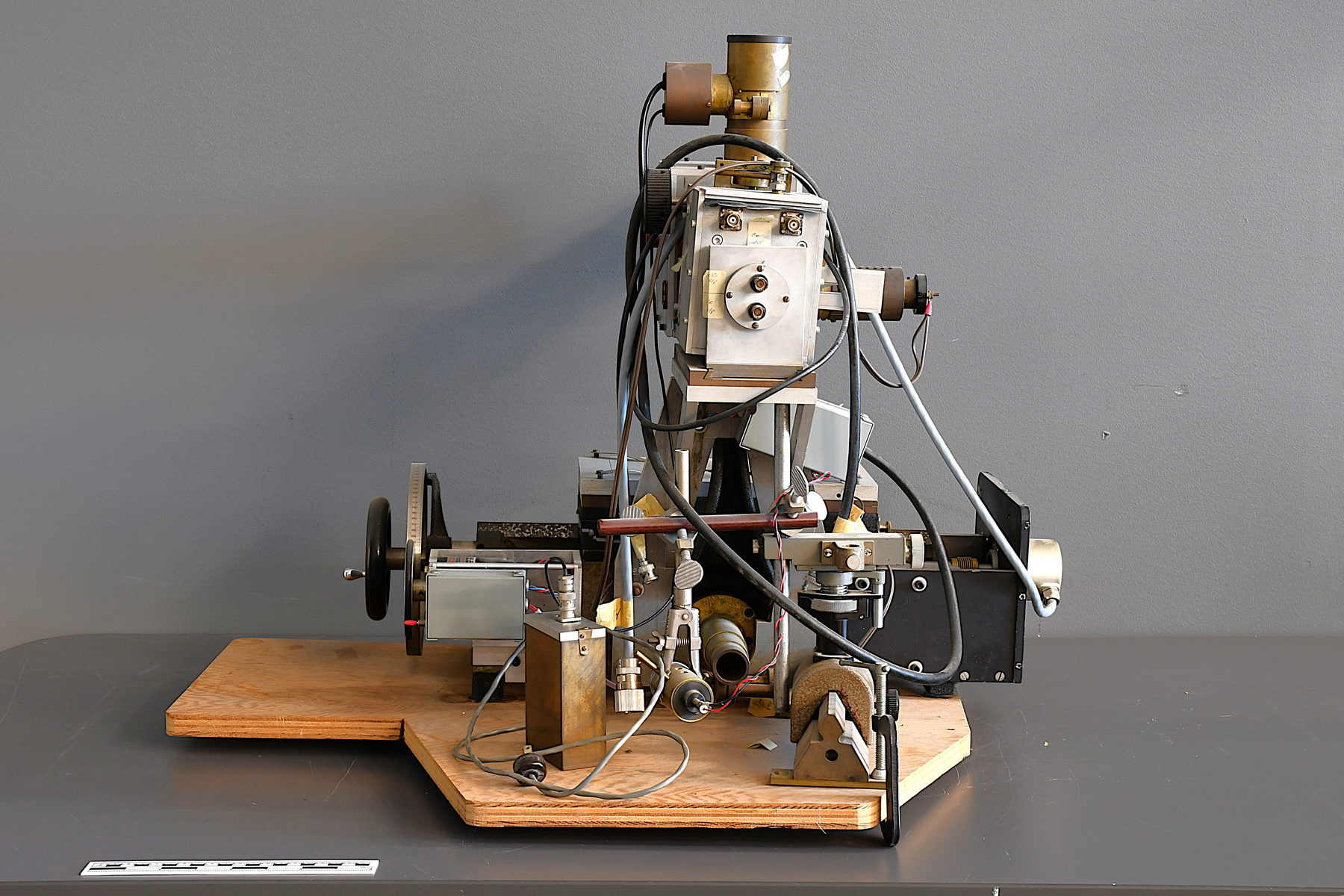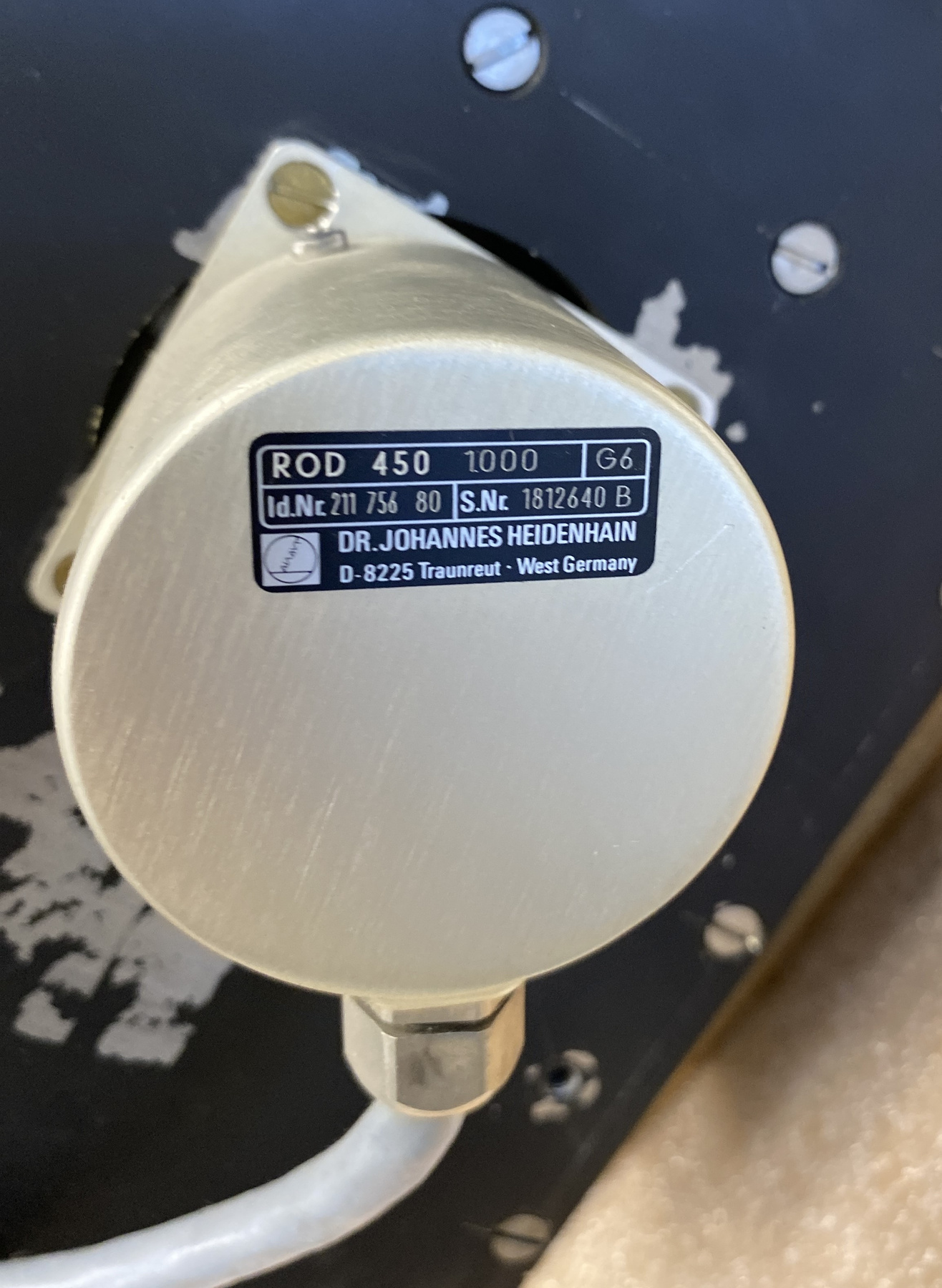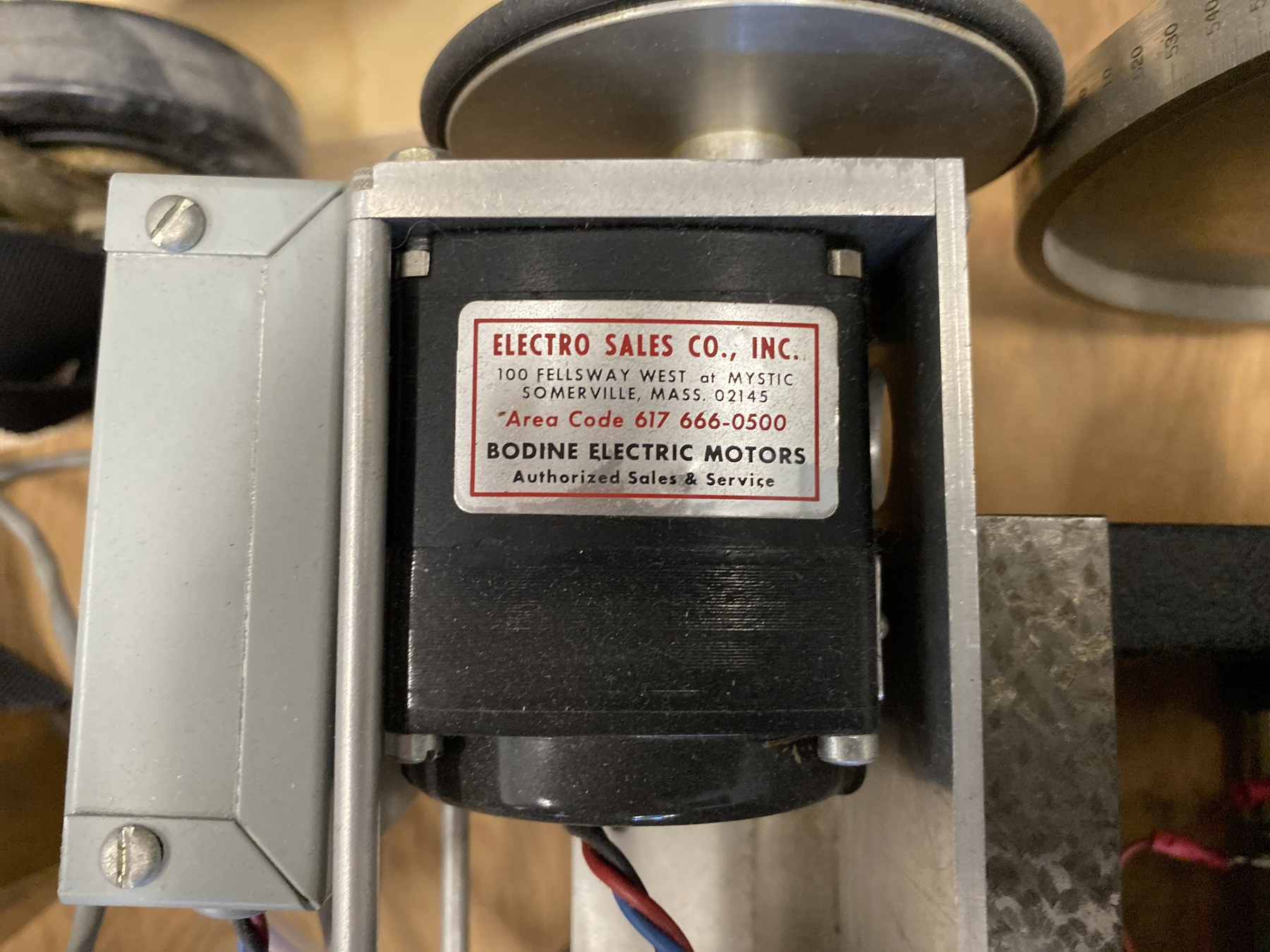Comparator
Use this image
Can I reuse this image without permission? Yes
Object images on the Ingenium Collection’s portal have the following Creative Commons license:
Copyright Ingenium / CC BY-NC-ND (Attribution-NonCommercial 4.0 International (CC BY-NC 4.0)
ATTRIBUTE THIS IMAGE
Ingenium,
2008.1885.001
Permalink:
Ingenium is releasing this image under the Creative Commons licensing framework, and encourages downloading and reuse for non-commercial purposes. Please acknowledge Ingenium and cite the artifact number.
DOWNLOAD IMAGEPURCHASE THIS IMAGE
This image is free for non-commercial use.
For commercial use, please consult our Reproduction Fees and contact us to purchase the image.
- OBJECT TYPE
- optical
- DATE
- 1967
- ARTIFACT NUMBER
- 2008.1885.001
- MANUFACTURER
- NRC
- MODEL
- Unknown
- LOCATION
- Ottawa, Ontario, Canada
More Information
General Information
- Serial #
- N/A
- Part Number
- 1
- Total Parts
- 4
- AKA
- N/A
- Patents
- N/A
- General Description
- An artifact made of metal, synthetic, glass and wooden material/Un objet fait avec du matériel en métal, synthétique, en verre et en bois.
Dimensions
Note: These reflect the general size for storage and are not necessarily representative of the object's true dimensions.
- Length
- 68.7 cm
- Width
- 79.9 cm
- Height
- 62.7 cm
- Thickness
- N/A
- Weight
- N/A
- Diameter
- N/A
- Volume
- N/A
Lexicon
- Group
- Physics
- Category
- Electricity
- Sub-Category
- N/A
Manufacturer
- AKA
- NRC
- Country
- Canada
- State/Province
- Ontario
- City
- Ottawa
Context
- Country
- Canada
- State/Province
- Ontario
- Period
- 1967-1990s
- Canada
-
The vacuum Ebert spectrograph, developed by Donald A. Ramsey at the NRC, was a central instrument in Canada’s contributions to spectroscopy from approximately 1950 to the 1990s. Lead by Nobel Laureate, Gerhard Herzberg, Canada was a leader in this part of physics in the post WWII era. Using this device, D.A. Ramsey and Barry Lutz were able to confirm that the Kuiper bands of Uranus were made of methane. This finding had eluded scientists since the early days of astrophysics. Ramsey, a gifted experimenter, was able to produce this extremely high-resolution spectrograph, in order to determine the origins of the bands in the laboratory. The laboratory findings were compared with Lutz’s observations and measurements of the Uranus bands. The measurements were based on observations taken at the Mount Hamilton Station of the Lick Observatory, California. Le spectrographe Ebert avec une pression à vide était conçu au NRC par Donald A. Ramsey. L'instrument était primordial pour que le Canada puisse contribuer au domaine de spectroscopie pour plus de quarante ans entre 1950 et les années 1990s. La recherche était menée par Gerhard Herzberg qui était un lauréat pour le prix Nobel. Canada est rapidement devenu le meneur dans ce domaine de la physique après la deuxième Guerre Mondial avec Herzberg en charge. M. Ramsey et Barry Lutz ont réussit à confirmer que les bandes Kuipers de l'Uranus sont faits en méthane en utilisant cette machine. La découverte échappait aux scientifiques depuis l'enfance de l'astrophysique. Ramsey était capable de produire ce spectrographe à haute résolution pour déterminer l'origine des bandes au laboratoire. Le scientifique a pu comparer ces résultats avec ceux de Lutz. Les deux séries de mesurément étaient pris à la station de Mont Hamilton a l'observatoire Lick en Californie. - Function
-
This optical comparator uses a mirror to project a magnified version of a contour (or form) of a subject onto a screen in order to compare the size differences between the projection and an similar form who's values are already known. Ce comparateur optique utilise un miroir pour projeter une silhouette magnifiée sur un écran. Ceci fait en sorte de pouvoir comparer la forme magnifiée avec un autre qui a des dimensions déjà connues pour mesurer leurs différence. - Technical
-
This type of spectrograph dates back to the work of Hermann Ebert in 1889. He developed a spectrometer that consisted of an entrance slit, a single concave spherical mirror, a diffraction grating, and a small photographic plate in the plane of the entrance slit. This artifact is a Ramsey spectrograph, a 33-meter multiple-path cell, that produced spectra of the highest resolution at the time. The main body of this spectrograph was made by Fleck Industries before being installed at the NRC. Despite difficult struggles with leaks in the early construction phase of the optical components, large leak detectors (as big as fridges at the time) were installed and used to locate and fix the leaks. The resultant vacuum conditions allowed for much longer exposures and more precise images. This instrument was also a success due to its optics. The initial resolution of the instrument was not as good as expected, and a new mirror had to be ground and installed. The resolution improved significantly. There were also two gratings in this model, one high and the other low resolution. Ce genre de spectrographe est inspiré par le travail de Hermann Ebert en 1889. Il a développé un spectromètre qui possédait une fente d'entrée, un miroir concave et sphérique, un réseau de diffraction et une plaque photographique située sur le plan de la fente d'entrée. Cet artefact est un spectrographe Ramsey qui possède un trajet-multiple de plus de trente-trois mètres qui produisaient une résolution de la plus haute qualité de sa génération. Le corps du spectrographe était fabriqué par Fleck Industries. Malgré les fuites au début de la phase de construction des composantes optiques, l'installation des détecteurs de fuites installer par la suite ont réussi à trouver et arrêter le déluge. Les conditions après l'installation a construit des conditions de pression à vide qui permettait à la machine de développer des images plus précises avec une exposition prolongée. L'instrument était aussi favori grâce à ces composantes optiques. La résolution initiale n'était pas une haute gamme et donc un nouveau miroir a dû être dépoli et installer. Ceci a augmenté la résolution a un niveau requis. Il y avait aussi deux genres de réseau qui accompagnaient ce modèle qui permettait à une résolution base ou celui qui apportait une résolution plus augmentée. - Area Notes
-
Unknown
Details
- Markings
- On the encoder/Sur l’encodeur:“ROD 450, 1000, G6/Id.Nr. 211 756 80, S.Nr.1812640 B/DR. JOHANNES HEIDENHAIN/D-8225 Traunreut – West Germany”,On the motor/Sur le moteur: “ELECTRO SALES CO., INC./100 FELLSWAY WESTat MYSTIC/SOMERVILLE, MASS. 02145/Area Code 617 666-0500/BODINE ELECTRIC MOTORS/Authorized Sale & Service”.
- Missing
- Appears complete.
- Finish
- This artifact is held to a plywood base with the help of two metal C clamps. The object has rectangular shaped bottom made of two different types of metal that are black and silver in colour. The black coloured metal is probably steel. The proper right side of the base has a circular encoder with a transparent synthetic tube coming out of it. The proper left side of the base has a metal motor as well as a large wheel with a scale on its circumference. The wheel can be turned with the help of a tiny silver coloured metal handle. A metal box of the same colour as the wheel is held up on legs in the middle of the artifact. In between those legs is a silver metal pipe fitting that extends towards the back of the artifact. A rectangular glass screen is also visible just above it. The head of the artifact has brass tubes that extend from its top, front, and proper right side. Synthetic cables extend from the top and proper right tubes as well as the artifact’s motor. Un artefact qui a un morceau de bois contreplaqué en dessous de l'objet. Il est tenu en place sur le bois avec deux serre-joints en C qui sont faits en métal. L'objet est fait avec une base rectangulaire avec deux sortes de métal. Le métal est de couleur noire et il est probablement fait en acier et l'autre métal est de couleur argent. Le bon côté droit de la base a un encodeur en métal en forme circulaire avec un tuyau transparent. Le bon côté gauche de l'artefact possède une roue avec une échelle sur la circonférence ainsi qu'un moteur. La roue tourne avec l'aide d'une poignée en métal de couleur argent. Une boite en métal de la même couleur que la roue est appuyée avec quatre pattes en métal au milieu de l'objet. Entre les pattes il y a un raccord de tuyauterie en métal qui sort du dos de l'artefact ainsi qu'un écran rectangulaire qui est fait en verre. La tête de l'objet à des tuyaux en laiton qui sort du dessus, du devant et aussi le bon côté droit de la tête. Des câbles synthétiques sortent des tuyaux du dessus et du bon côté droit ainsi que le moteur.
- Decoration
- N/A
CITE THIS OBJECT
If you choose to share our information about this collection object, please cite:
NRC, Comparator, circa 1967, Artifact no. 2008.1885, Ingenium – Canada’s Museums of Science and Innovation, http://collection.ingeniumcanada.org/en/item/2008.1885.001/
FEEDBACK
Submit a question or comment about this artifact.
More Like This
